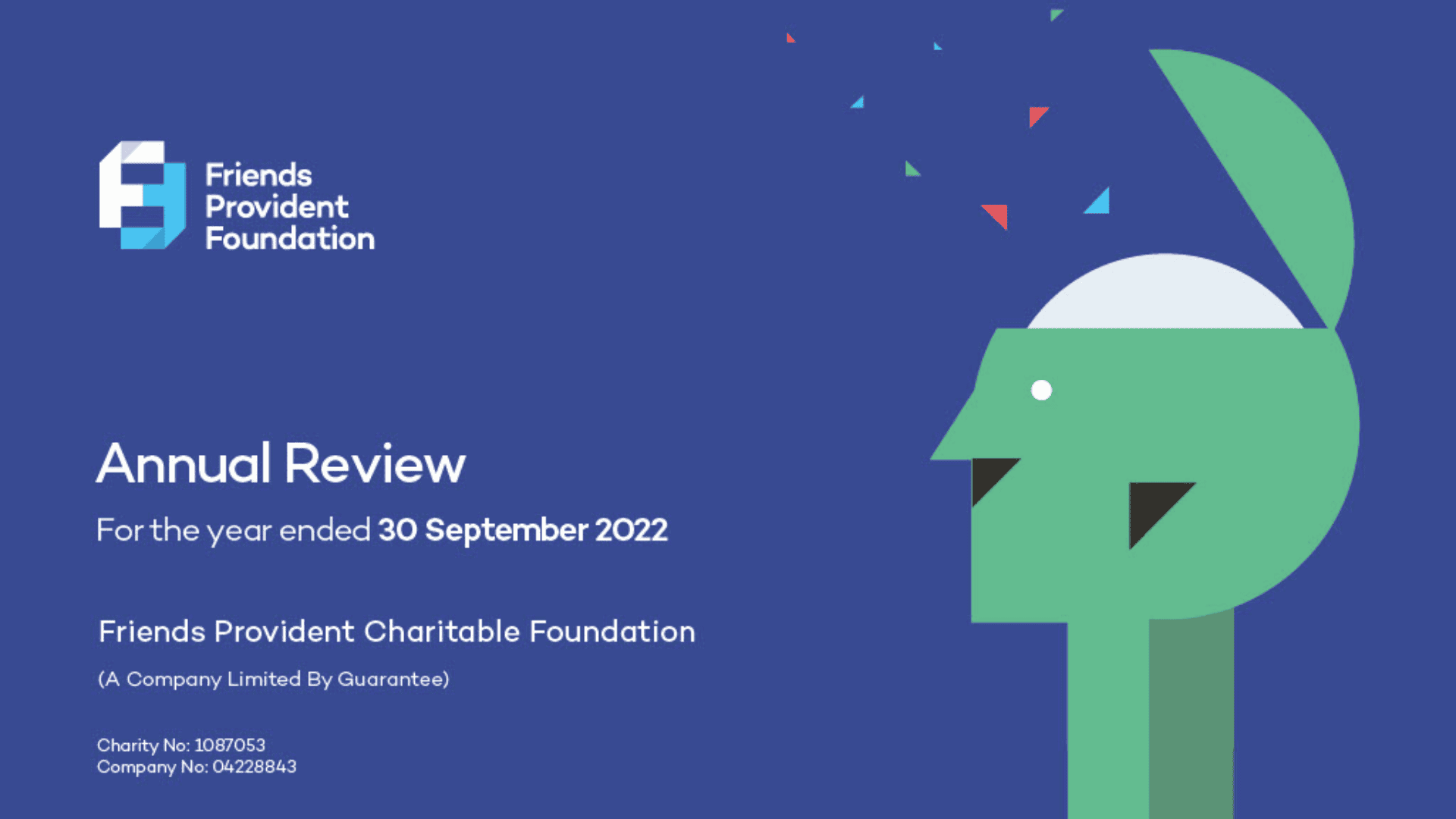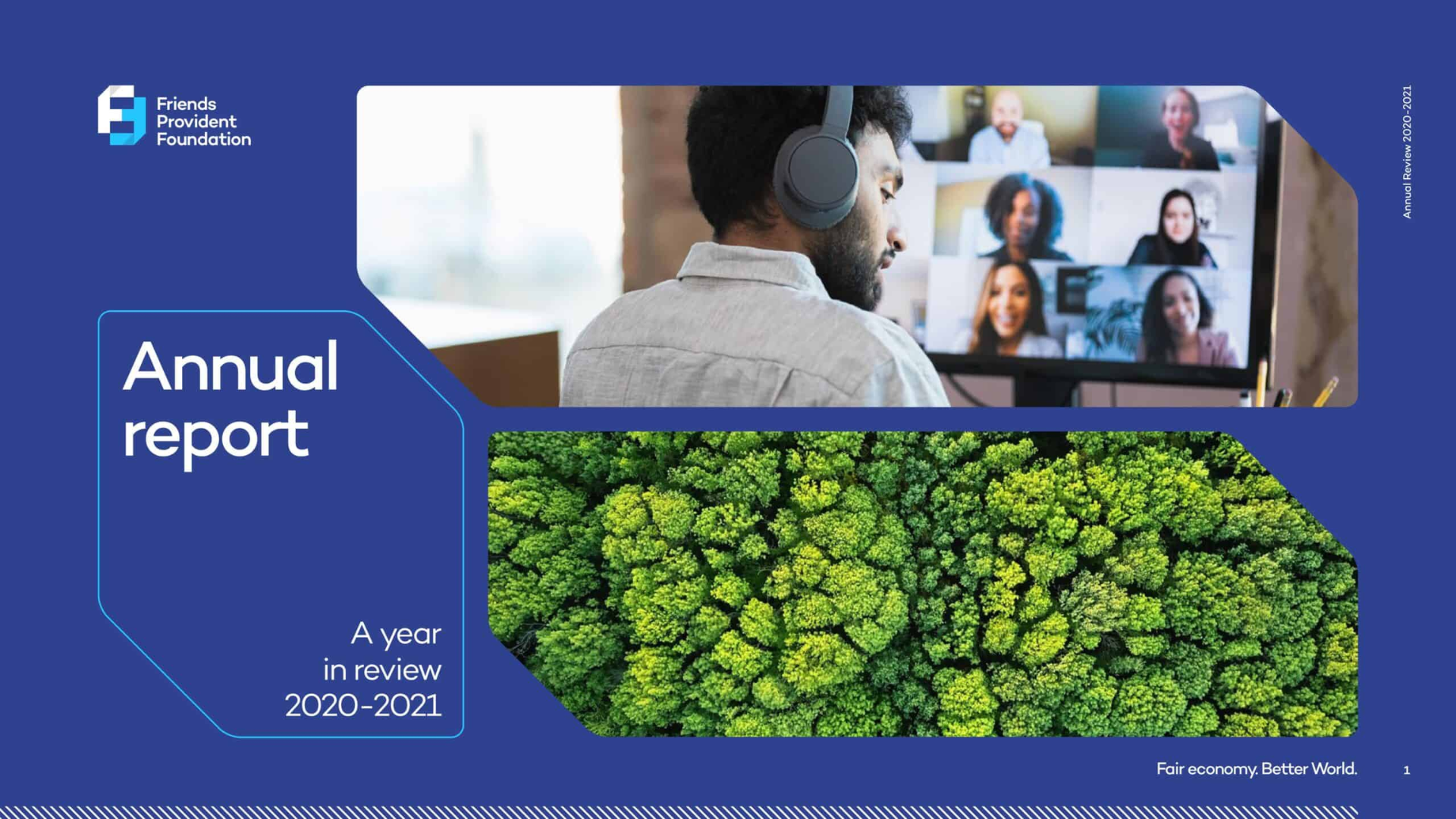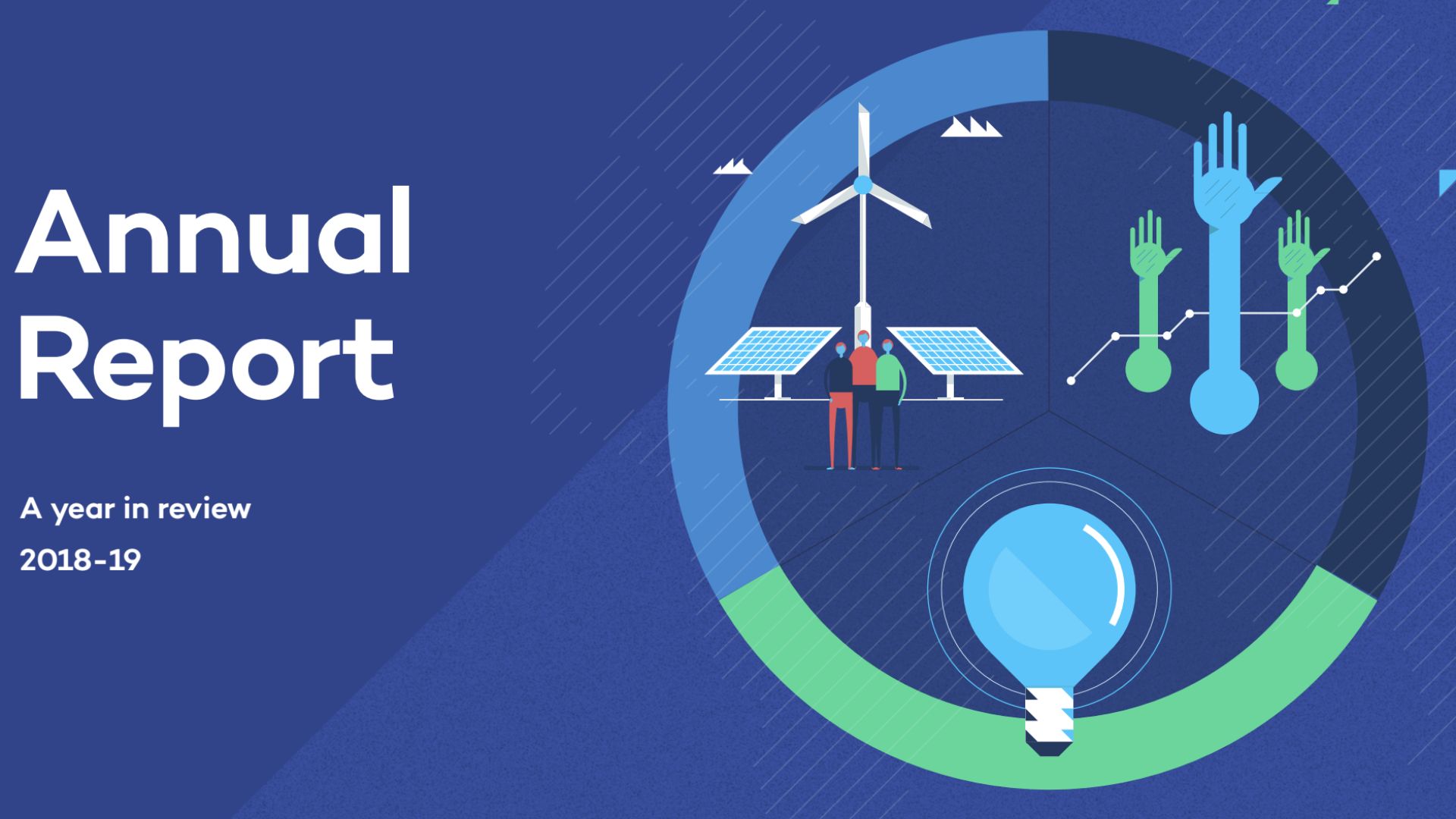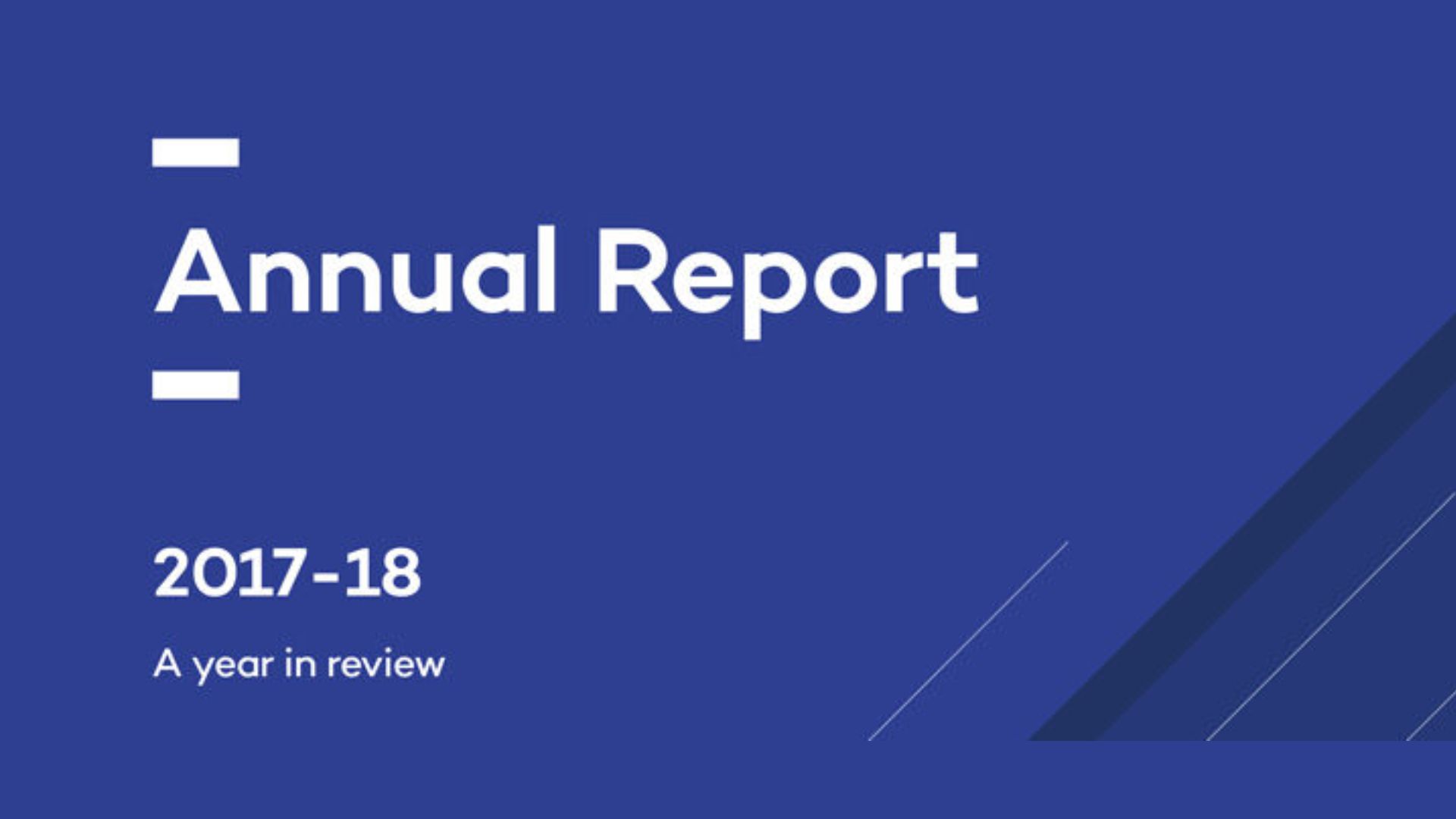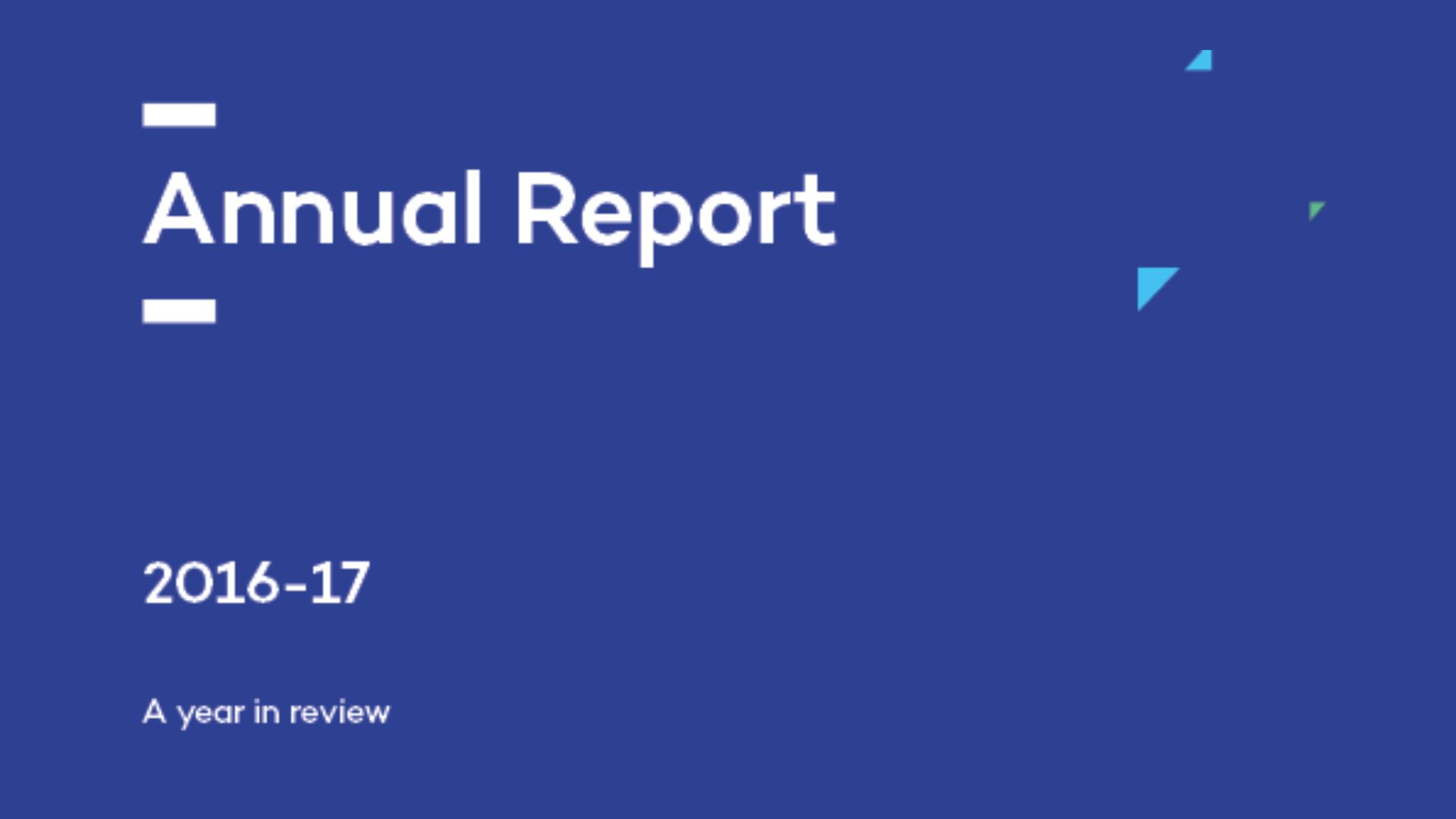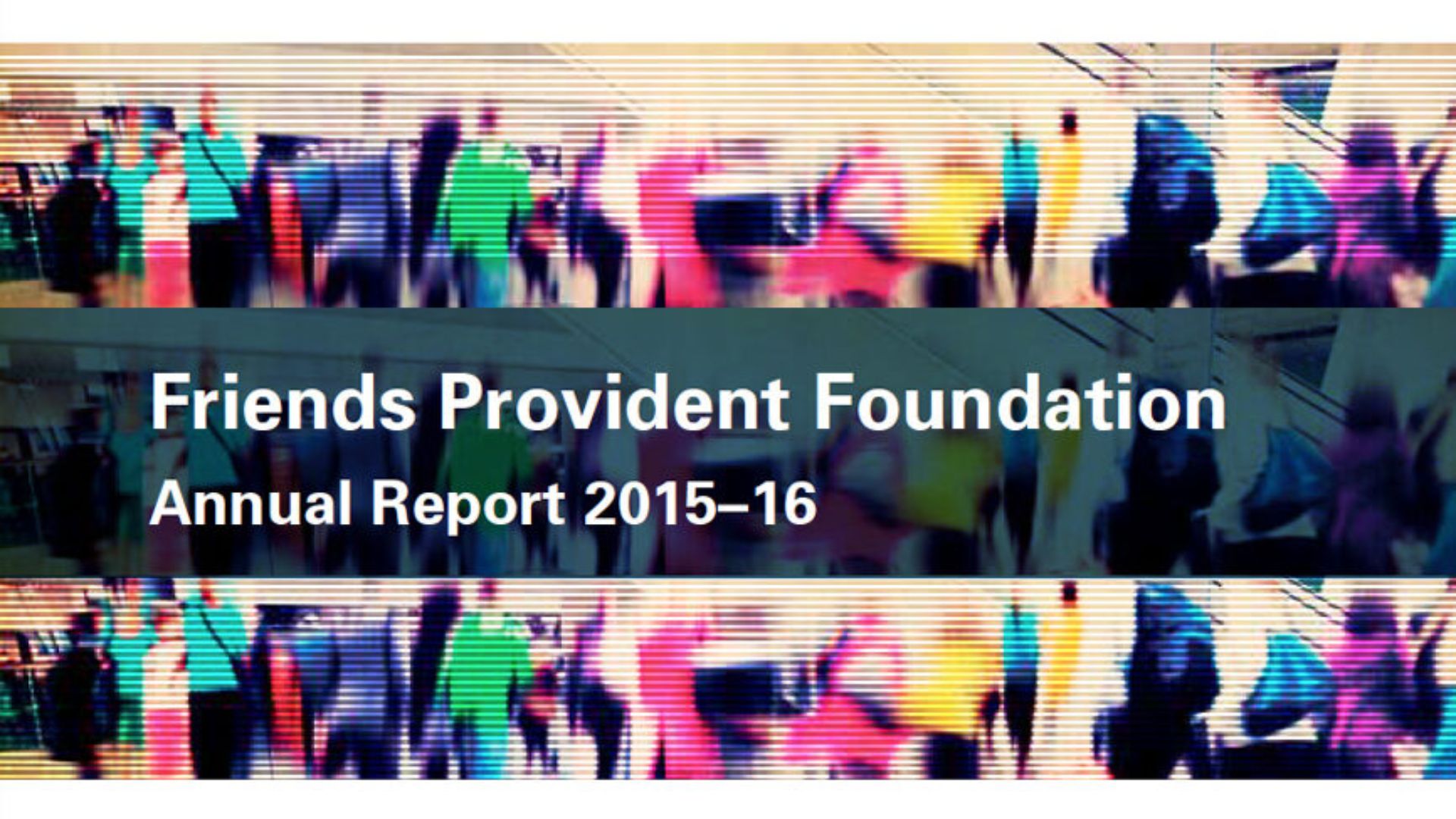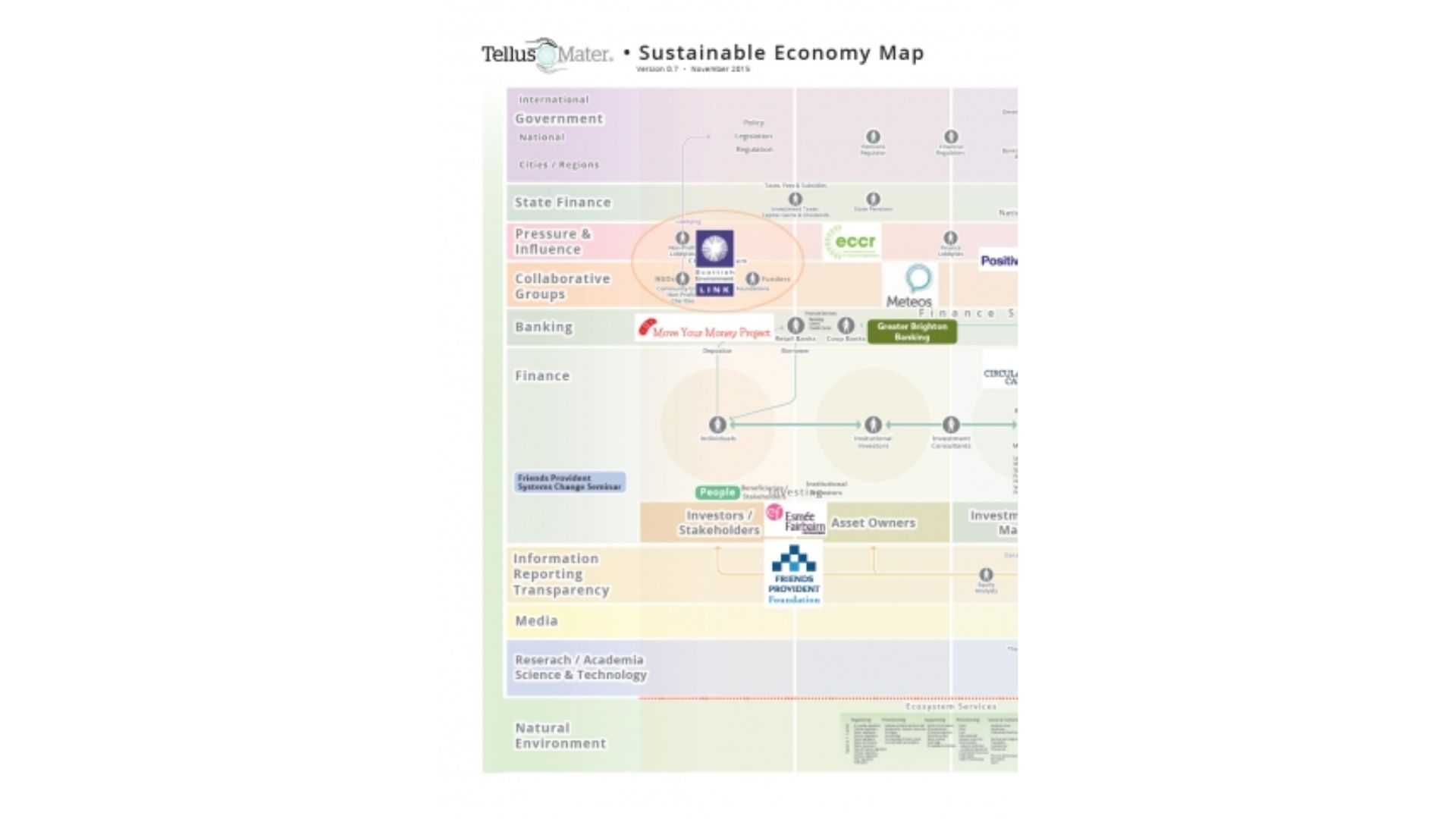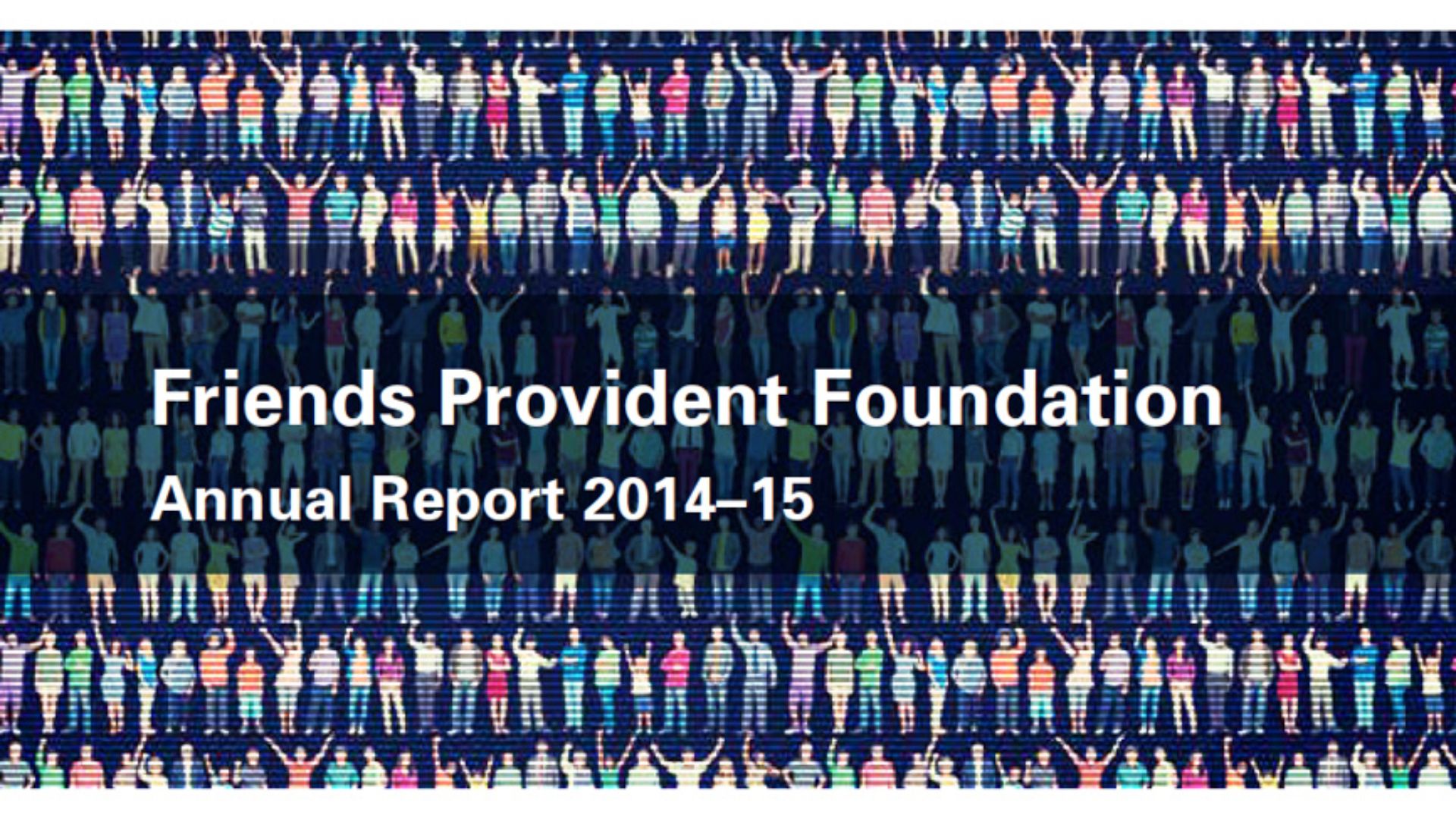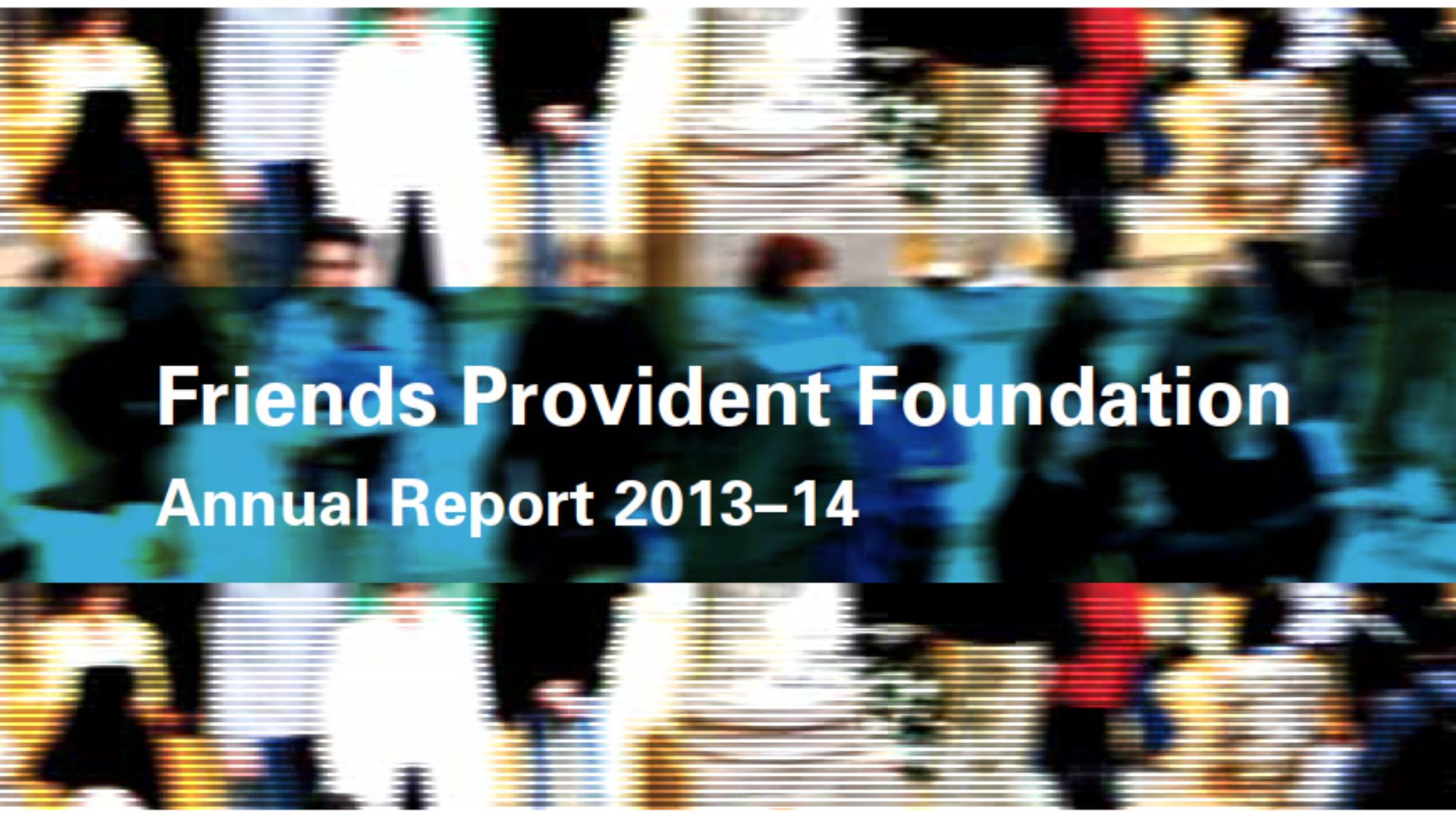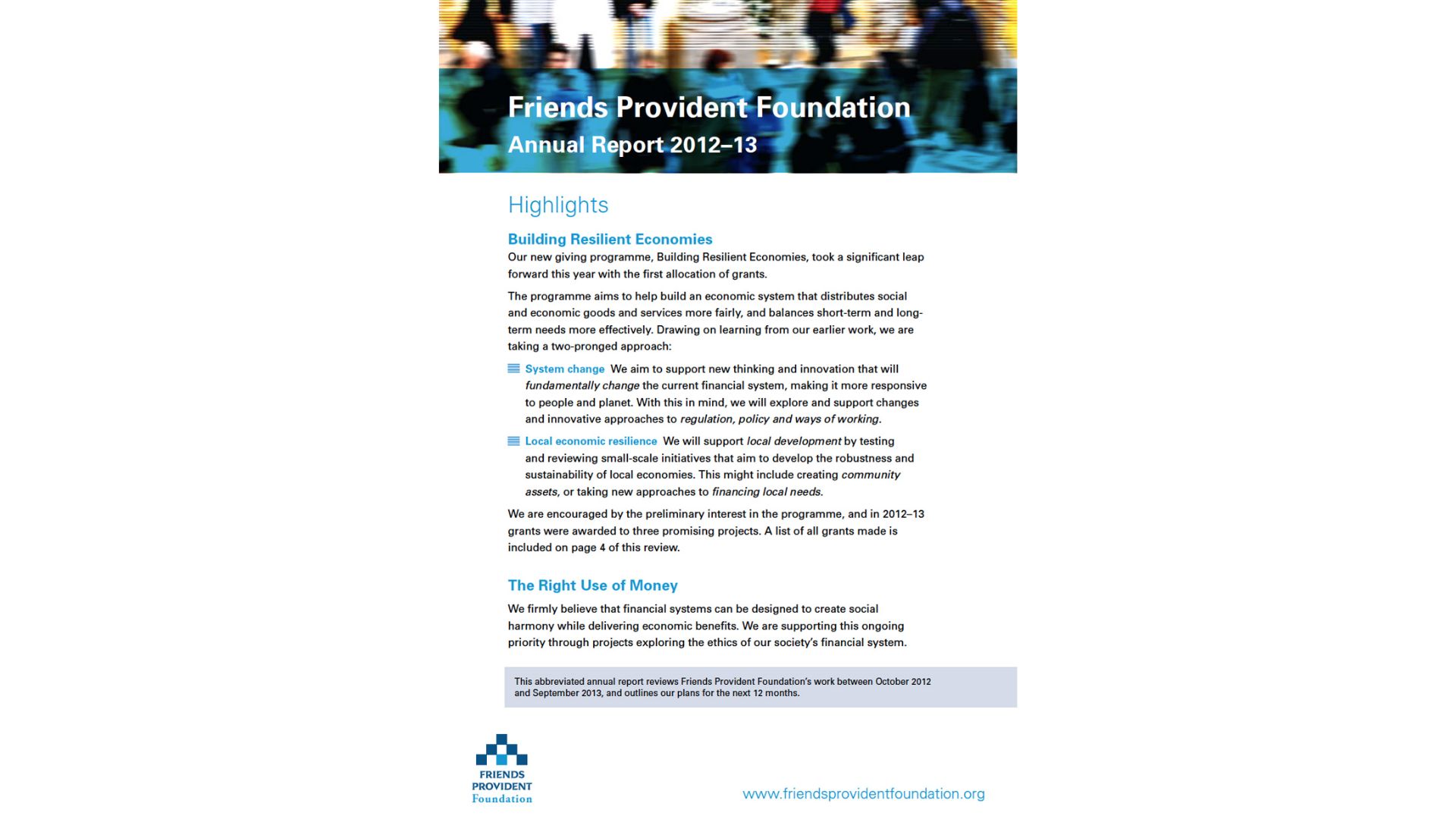


Financial Inclusion: Annual Monitoring Report 2022
Author: Friends Provident Foundation
Date: 12/12/2022
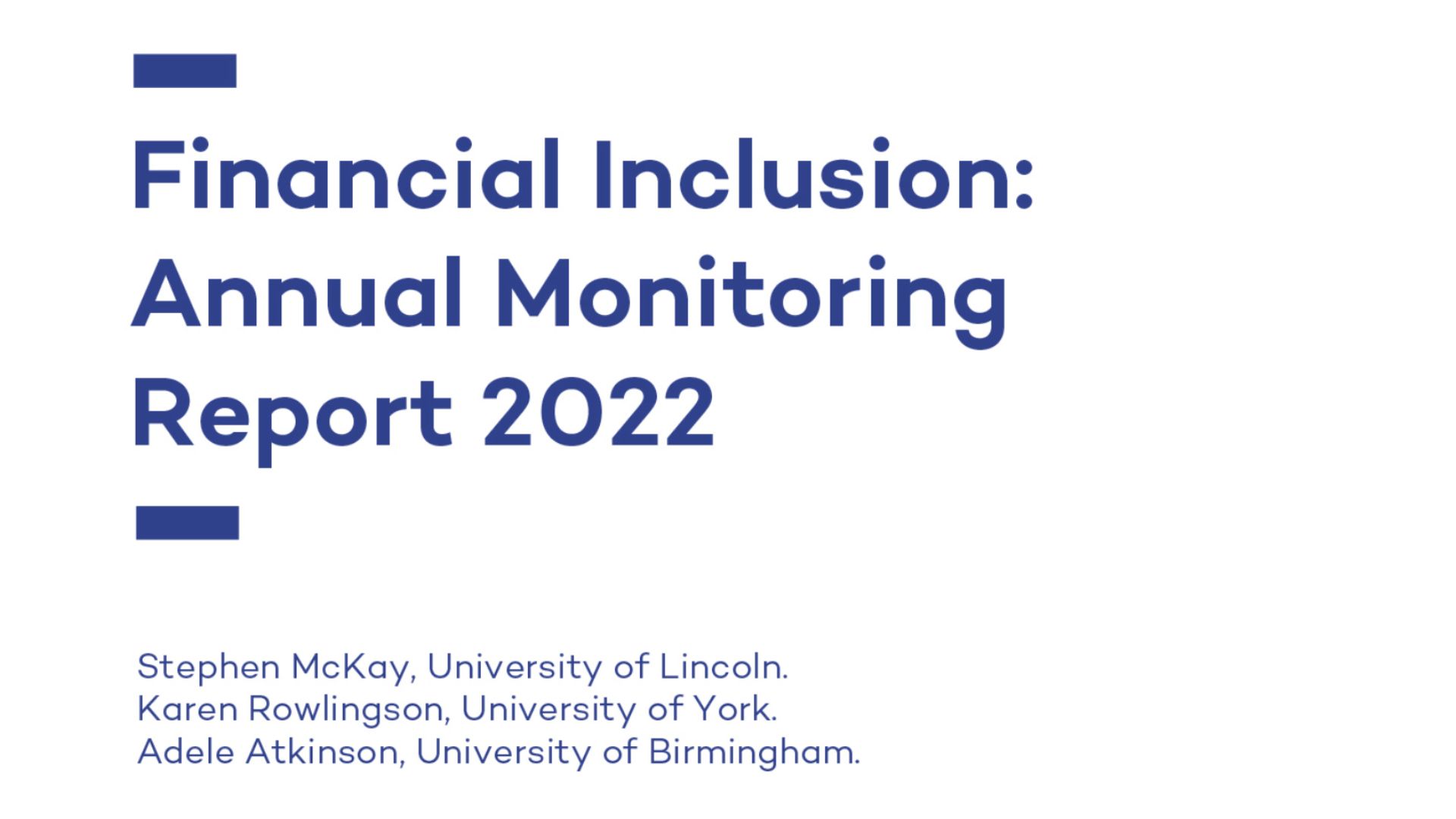
Poorest citizens ‘worn down’ as financial inclusion remains distant dream for the UK. The UK has made little progress in the last decade towards creating a truly financially inclusive society, a new study reveals.
Whilst unemployment is the lowest it has been since the mid-1970s, both real earnings and access to secure work have declined in recent years, with a growing number of people placed on zero hours contracts over the last decade, according to the report.
Unemployed individuals have seen their income from social security fall significantly over the last 10 years. With an individual’s level and security of income a key driver of financial inclusion, those on the lowest incomes are left with no capacity to withstand the current cost-of-living crisis.
Led by the Centre on Household Assets and Savings Management (CHASM) at the University of Birmingham, the report – published today – demonstrates how little progress has been made towards a truly financially inclusive society.
With the current cost-of-living crisis, too many people in the UK are unable to manage day-to-day, meet one-off expenses and avoid problem debt. It is our hope that policymakers will use our findings to drive through changes that will support vulnerable people today, and rebuild their resilience for a more positive future.
Professor Adele Atkinson, School of Social Policy
The consequences of these increasing challenges on people’s health and relationships are stark. Latest data from October this year found that more than one in three of the population say that they have experienced financial difficulties over the past year, with 81% of these people saying it has affected their mental and/or physical health, and more than half saying it has affected their relationships.
The report reveals some progress in relation to financial inclusion over the last decade, with fewer people lacking access to bank accounts and more people having access to private pensions. However, the authors – Professor Adele Atkinson, University of Birmingham, Professor Karen Rowlingson, University of York, and Professor Stephen McKay, University of Lincoln – note that those who remain unbanked face problems in an increasingly cashless economy, and that access to private pensions will not contribute to financial security whilst so many people pay little or nothing into their funds.
Friends Provident Foundation and Barrow Cadbury Trust, supporters of the monitor for the last 10 years, commented: “Financial inclusion and reducing vulnerability to financial shocks has never been more relevant to millions of people now facing a cost-of-living crisis. The team at CHASM and academic partners have been analysing the data and the policy for ten years, providing a sound evidence base for policy, regulation and action. Friends Provident Foundation and Barrow Cadbury Trust are proud to have supported this work to maintain a focus on financial inclusion.”
You can download the report below.
Latest Resources

Press Release
Open call for investment proposals for a £50 million portfolio to benefit future generations
For the Endowments Investing Challenge, we’ve issued a public invitation to investment service providers: propose a bold portfolio for an investment of up to £50 million that prioritises positive impact for future generations.

Press Release
Friends Provident Foundation invests in WorkerTech fund to back start-ups supporting better work
The WorkerTech fund, launched today by Resolution Ventures, aims to improve workers’ lives in sectors experiencing low pay and insecure employment. We’re delighted to be part of the initial £6.75 million in funding.

Press Release
Investors challenge asset managers to prioritise needs of future generations
Leading UK foundations have launched the 2026 Endowments Investing Challenge, with an investment mandate in the tens of millions available. We’re calling upon the investment industry to put the needs of young people first.
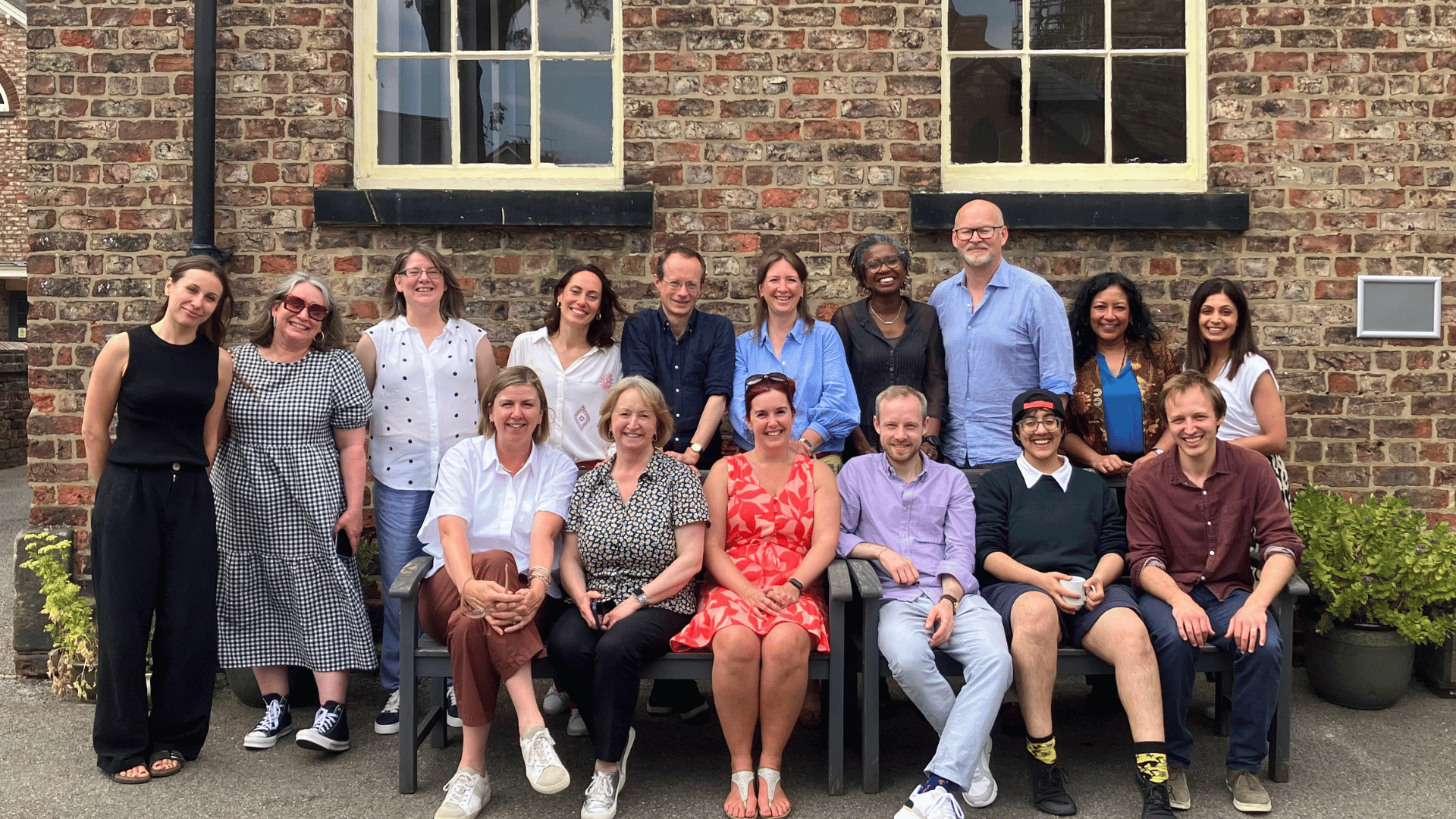
Blog
Trustee Recruitment 2025
We’re looking for new Trustees to help guide our programmes of giving and investment, which aim to build a fair and sustainable economy in the UK. We are working toward this aim through supporting action, building knowledge, and using our endowment as a tool for change.

Blog
Q&A Blog: Values in Action at Friends Provident Foundation
A conversation between Trustee Priya Gupta and Friends Provident Foundation Team Members, Danielle Walker-Palmour (Director), Abigail Gibson (Head of Funding Strategy) and James Anthony (Social Investments Portfolio Manager)

Blog
Apply to join the Future Generations Panel
We’re looking for six young adults (aged 18-25) to join a paid advisory group that will support our 2026 Endowments Investing Challenge and help shape how millions of pounds are invested for future generations (deadline: 9am on Monday 28th July).
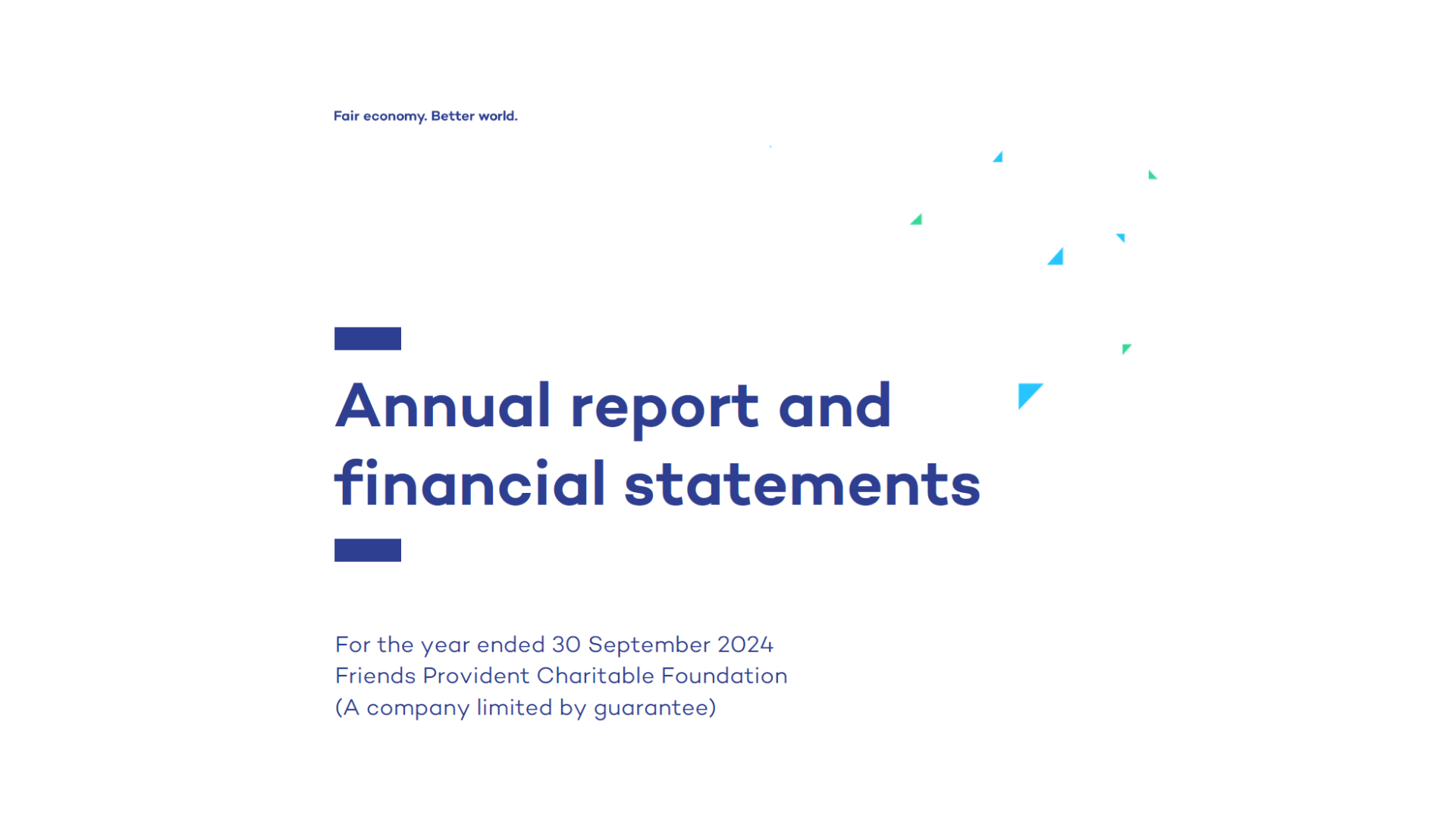
Annual Report
Report & Financial Statements 2023-2024
Annual accounts and financial statements for 2023-2024, including a focus on two new grant programme themes, celebrating our 20th anniversary year and our work to date, and a reflection on the impact of our Investing olympics.
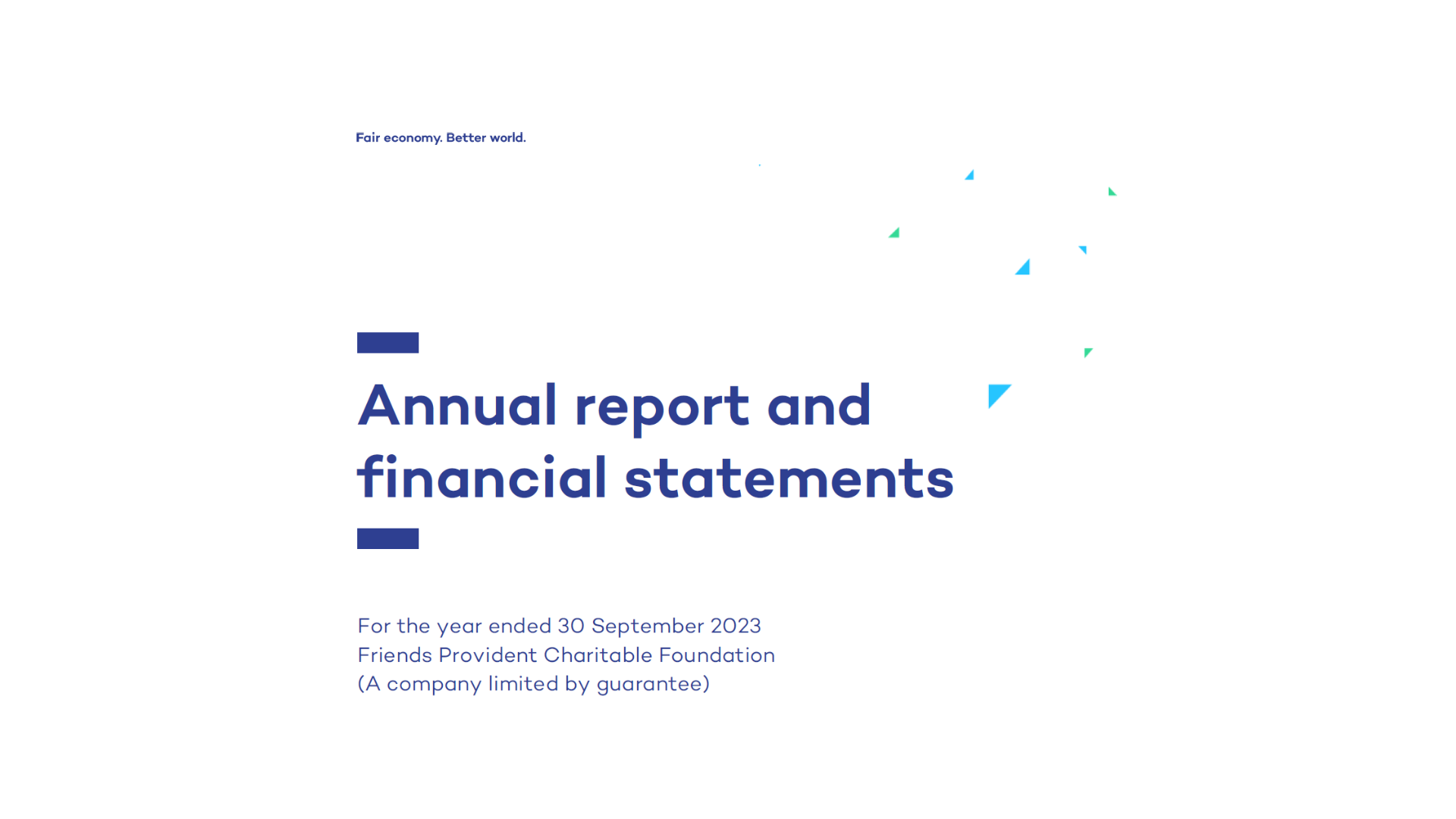
Annual Report
Report & Financial Statements 2022-2023
Annual accounts and financial statements for 2022-2023, including a report of the Trustees looking at how we’ve used grants, investment capital and bringing partners together to focus on our mission of building a fairer and more sustainable economy.

Blog
Democratising Finance: Empowering Individuals and Building a Fairer Economy
In this webinar, Ethex CEO Lisa Ashford is joined by James Anthony, our Social Investment Portfolio Manager at Friends Provident Foundation, to explore how we can shift financial power into the hands of individuals.

Blog
To Pay Trustees, or Not to Pay Trustees?
Two years ago, during my interview for a trustee position at Friends Provident Foundation (FPF), I asked a straightforward question: Would the role be paid?
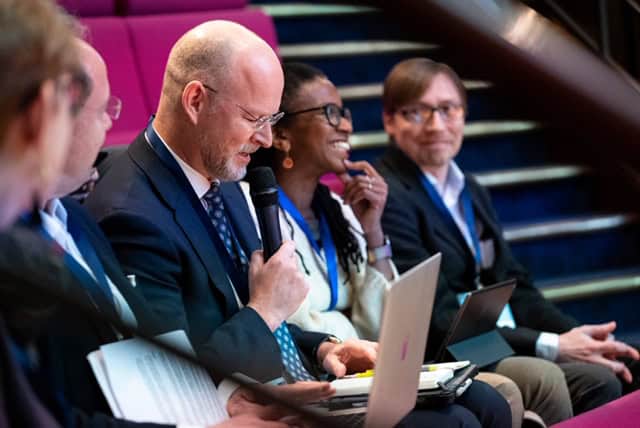
Blog
Do You Have a Banking Blind Spot?
Many companies and charities today put a great deal of time and effort into making their businesses as sustainable and ethical as they can be. But there appears to be one enormous blind spot.
How many have considered one of their most important supplier relationships – that with their banker?

Blog
We’re Changing Our Approach to Grantmaking
Friends Provident Foundation is launching a new strand of programme, experimenting with a fresh approach to grantmaking and a new style of application process.
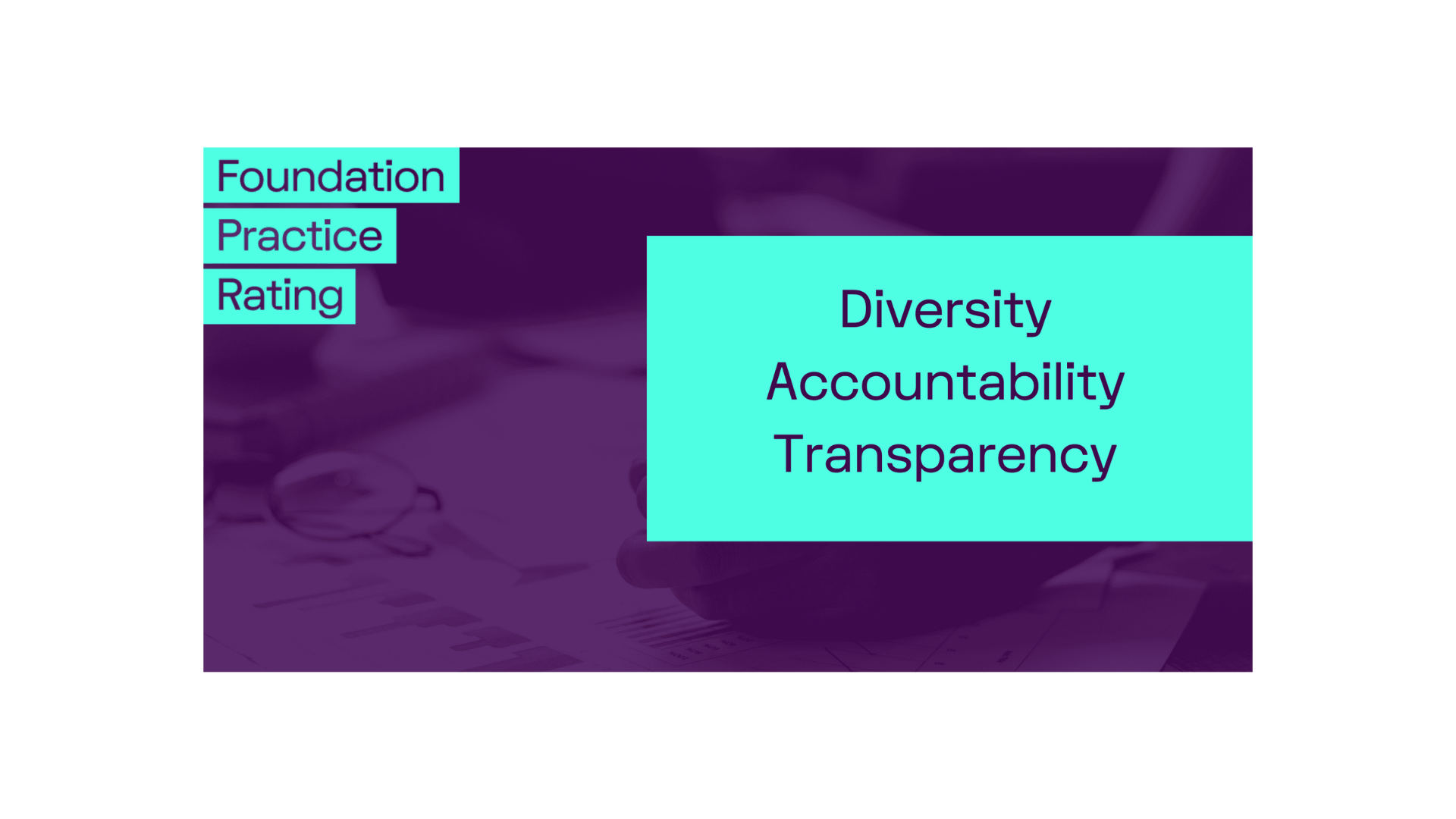
Blog
The 2025 Foundation Practice Rating (FPR) Report is Now Available
The annual Foundation Practice Rating (FPR) report into the performance of charitable
foundations is now available.

Blog
Investors urged to tackle exploitation and improve labour rights in English care sector
The adult social care sector is under great amounts of stress, with evidence both of problematic labour conditions, opaque business models, and a lack of financial sustainability.

Blog
Friends Provident Foundation Appoints New Investment Adviser
We are pleased to announce the appointment of Redington as the new Investment Adviser to Friends Provident Foundation.

Blog
My reflections after 3 months as the Social Investment Portfolio Manager
I’ve now been in my new role as the Social Investment Portfolio Manager at Friends Provident Foundation for just over 4 months.

Blog
Raising the bar: Reflections 3 years after the launch of the Cazenove Capital Sustainable Growth Fund
In 2020, alongside Joffe Trust and Blagrave Trust, we launched a process that was eventually named by Responsible Investor the ‘environmental, social and governance (ESG) Investing olympics’, or the ‘ESG olympics’.
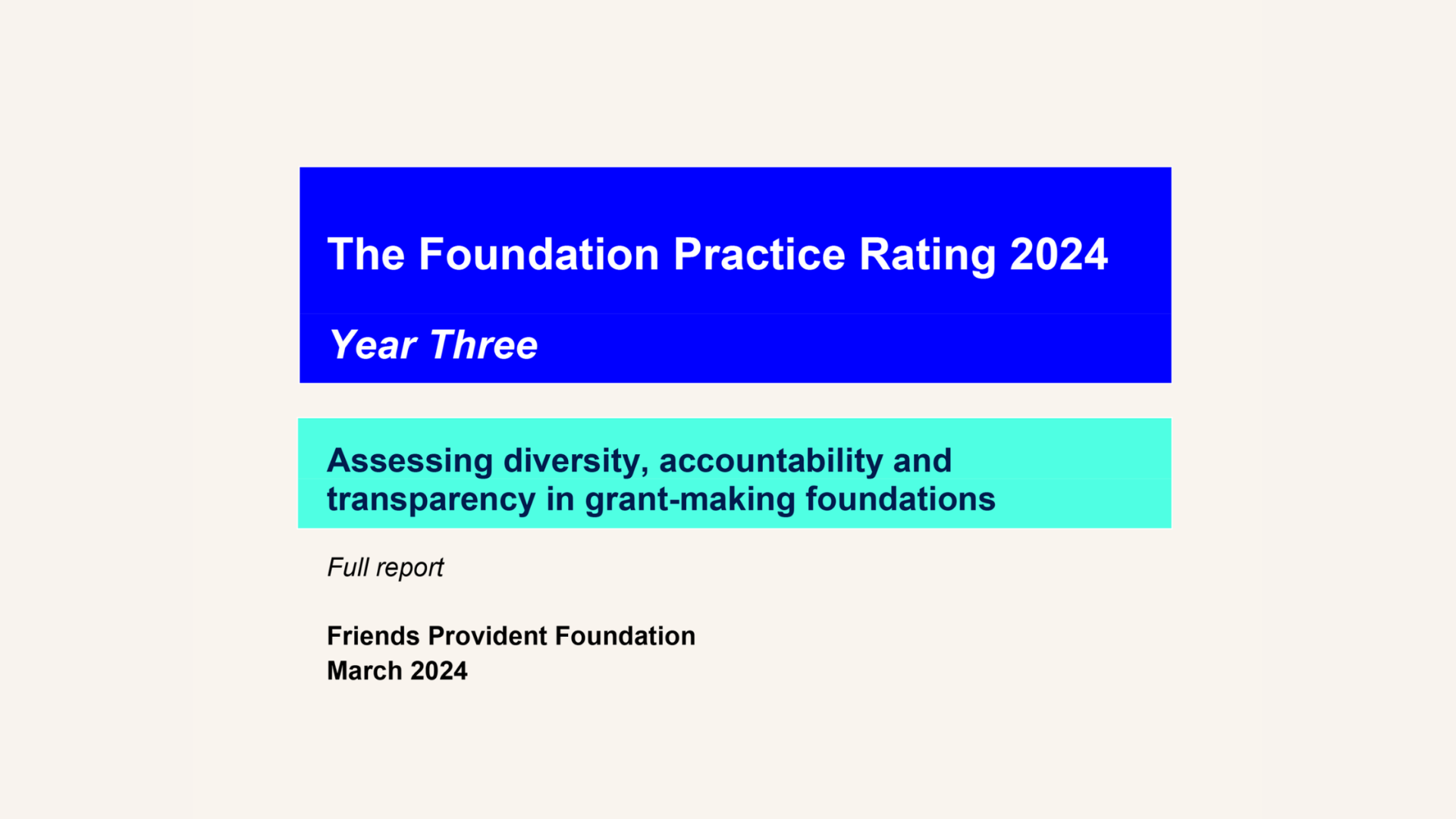
Resource
The Foundation Practice Rating 2023/2024 Report
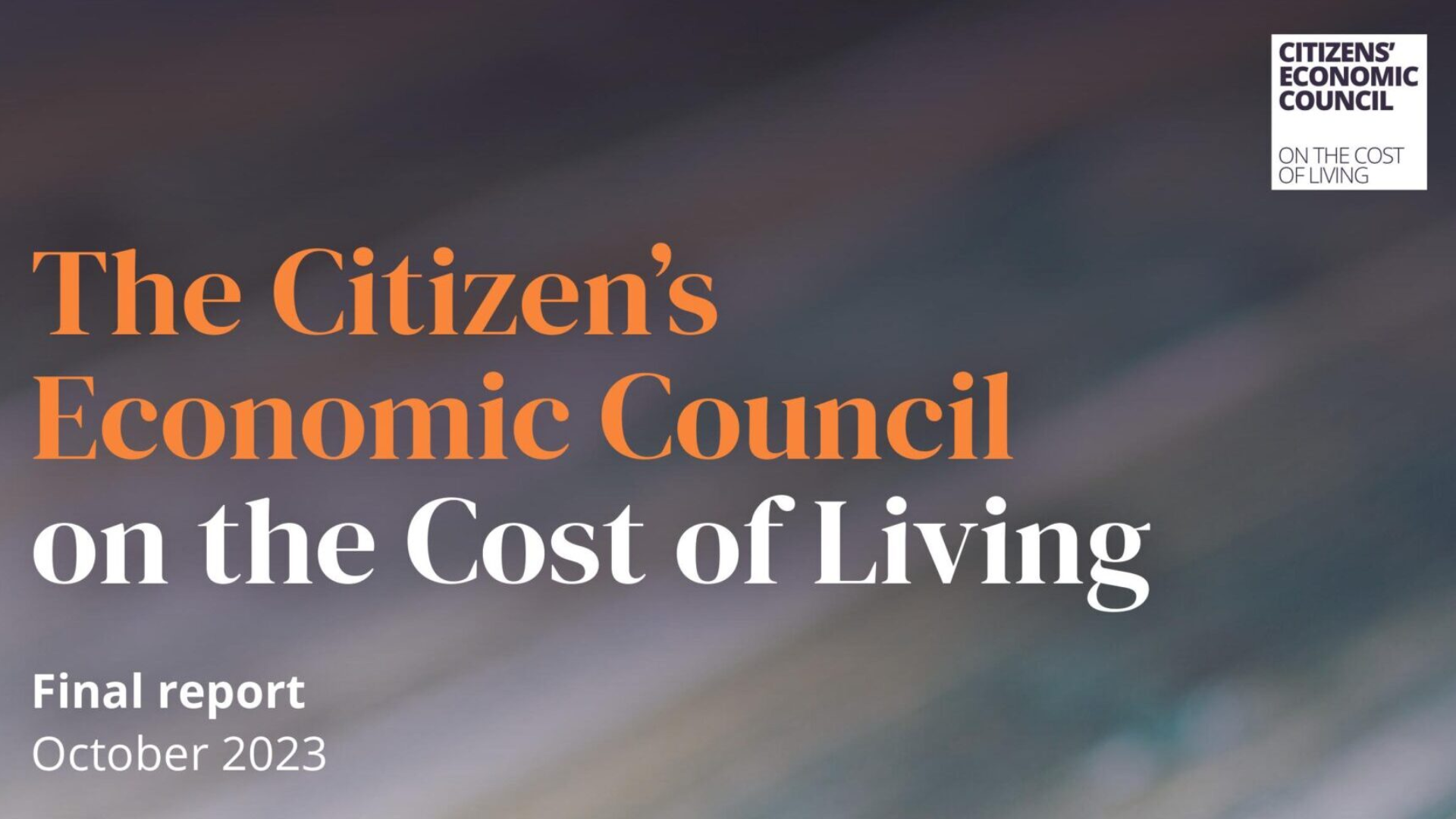
Resource
Citizens’ Economic Council report
Can involving the public in economic policy-making help the UK tackle the cost-of-living crisis?

Blog
Unleashing the Potential of Impact Measurement in Listed Equities: The crucial role for asset managers (part 1 of 2)
Impact investing is gaining traction, driven by asset owners seeking positive impact.

Blog
Learning to change: Evidence-based practices to support a Just Transition
The global pursuit of a sustainable future has never been more urgent.

Resource
Learning to change: Evidence-based practices to support a just transition
In this report, we delve into the groundbreaking insights derived from three Foundation-funded projects.

Blog
Reflective Blog: Mitie AGM and the Ethnicity Pay Gap
In this reflective blog, I would like to share my experiences and insights from the AGM, where I had the opportunity to stand up and advocate for voluntary ethnicity pay gap reporting.

Blog
Welcome to two new Trustees
We are thrilled to have you here, and we can’t wait to share exciting stories, insights, and updates from the foundation.

Blog
Introducing Charlie Crossley, our new Investment Engagement Manager
Charlie is based in London. In this interview Charlie shares his work experience and motivations in joining the foundation, and talks about the foundation’s ‘4Ds strategy’.

Blog
Foundation Practice Rating Year Two Friends Provident Foundation Reflections
We recognise the need to improve in the three domains of diversity, accountability, and transparency, both individually and as a wider sector, with the aim of bring about change.
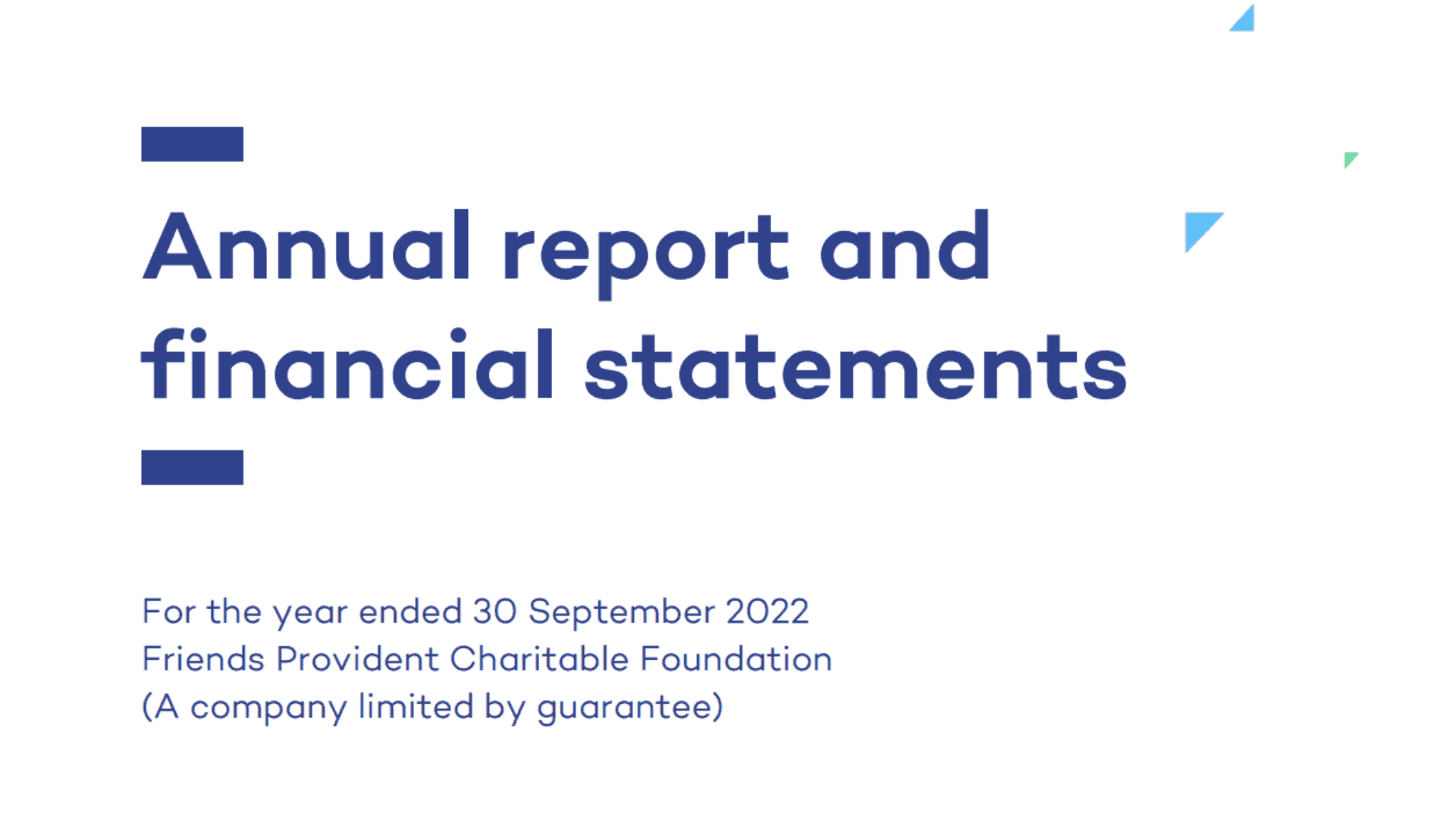
Annual Report
Report and Financial Statements 2021-2022

Resource
Climate emergency declaration
Friends Provident Foundation recognises that business as usual risks climate breakdown with profound consequences for people and planet.

Resource
Financial Inclusion: Annual Monitoring Report 2022
Poorest citizens ‘worn down’ as financial inclusion remains distant dream for the UK. The UK has made little progress in the last decade towards creating a truly financially inclusive society, a new study reveals.
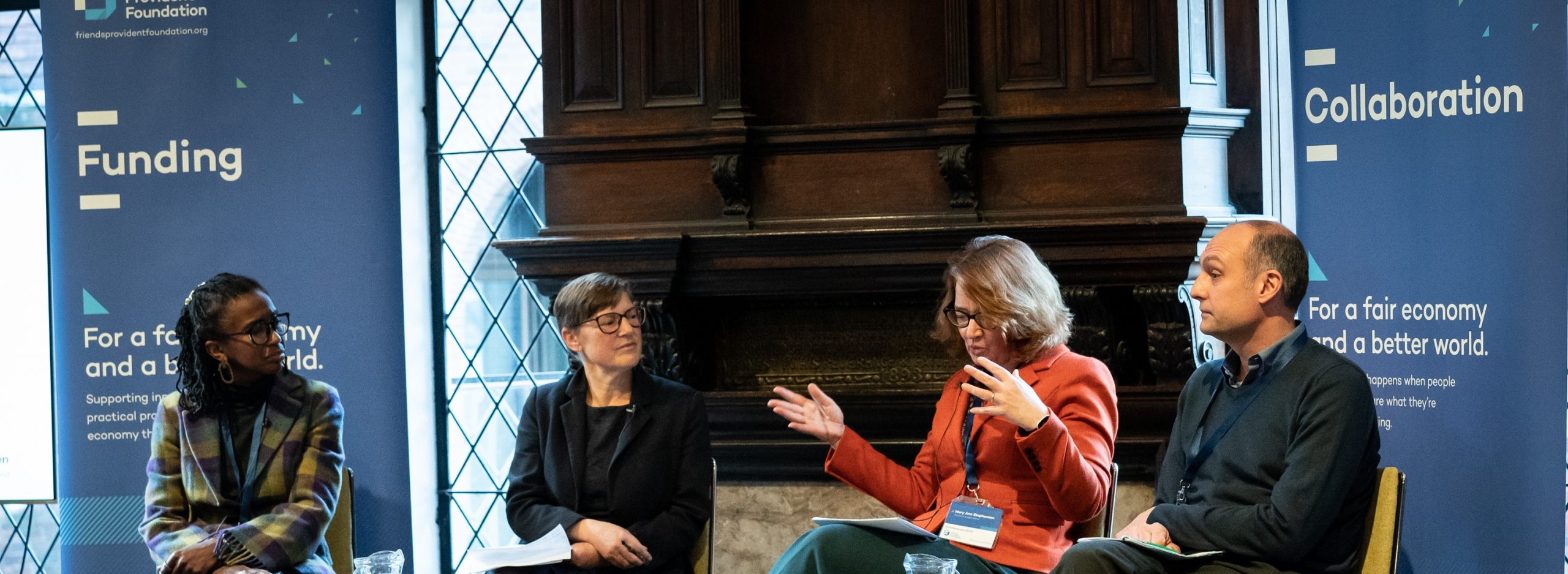
Blog
Conference 2022 – Reflection
This year we were delighted to hold our conference at Toynbee Hall, in London.
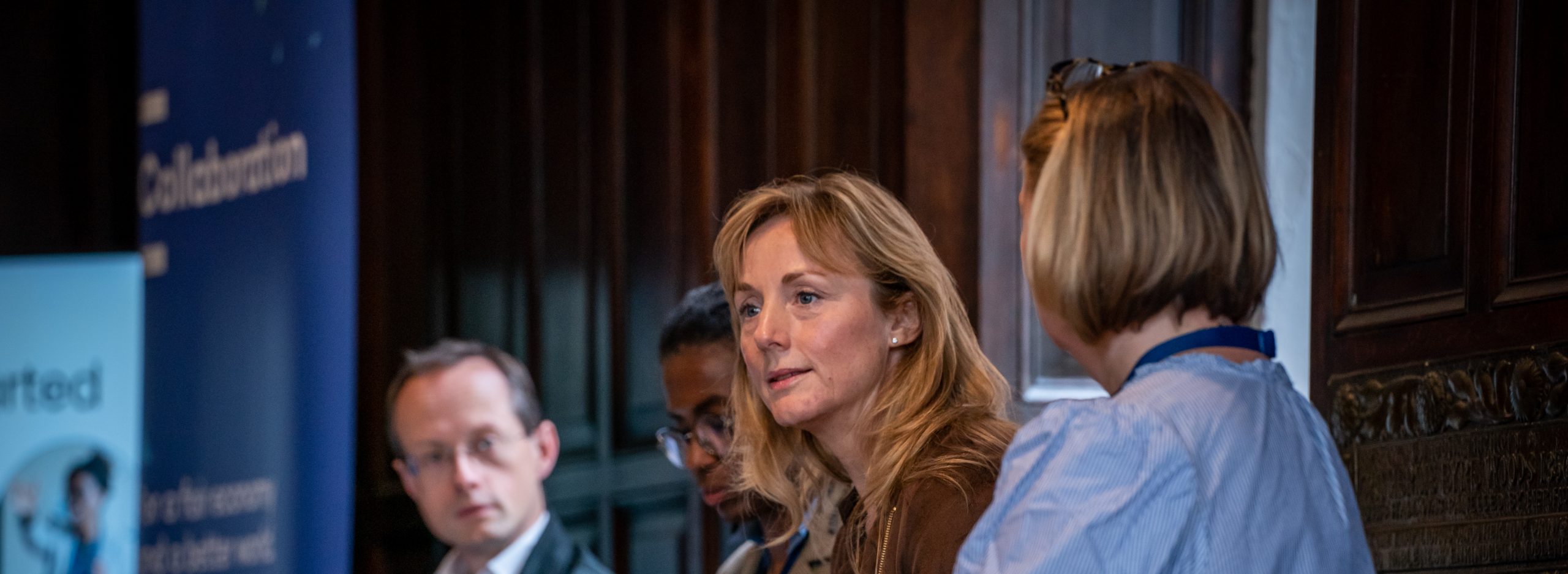
Blog
Reflections on Utilising Whole Endowments for Mission event
At Friends Provident Foundation, we believe that an organisation’s mission must be aligned to all activities undertaken by the organisation.

Blog
Community wealth and asset approaches for London
People across the country are facing historic hikes in their living costs.

Blog
Friends Provident Foundation to triple capital allocation
Friends Provident Foundation has today announced it will more than double its investment in award winning impact fund Snowball with immediate effect and will invest a further £1m for every £10m Snowball raises.
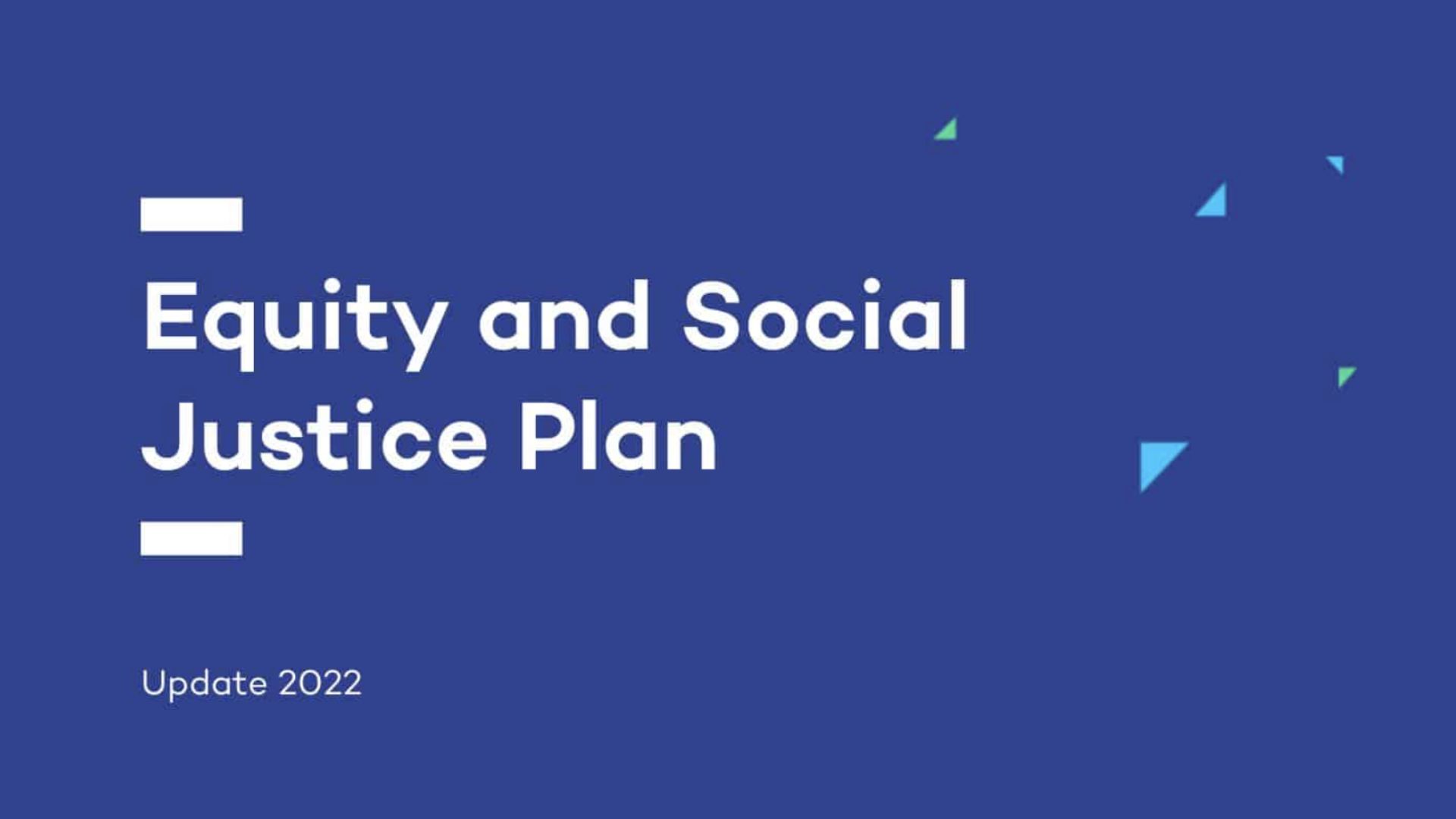
Resource
Equity and Social Justice Strategy
This is our first update on our equity and social justice plan. You can access this report as a word file, a html website page and as a pdf document.
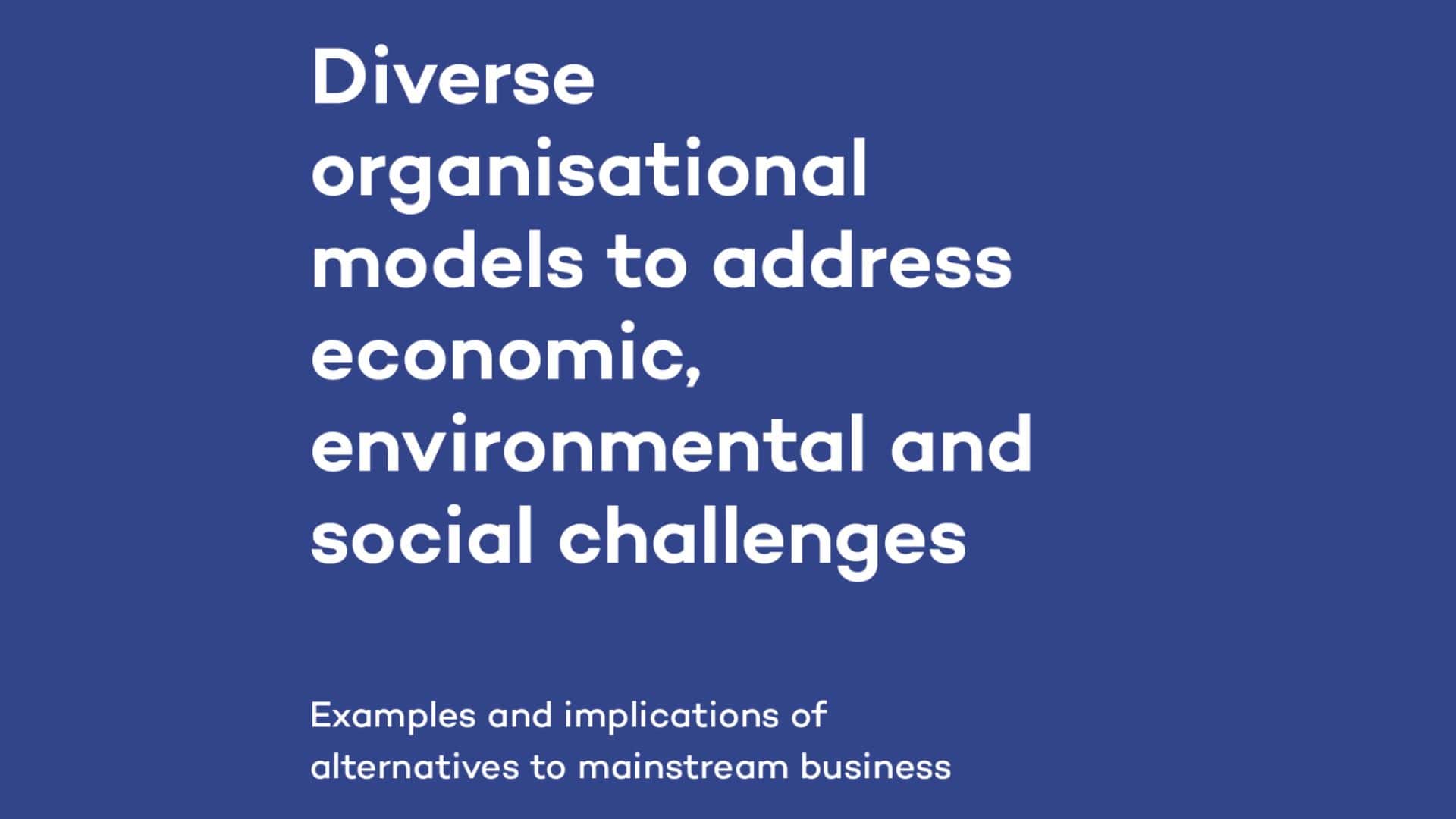
Resource
Diverse organisational models to address economic, environmental and social challenges
This report illustrates diverse ways of structuring business activity that differ from the widespread and established model of external equity ownership and governance.
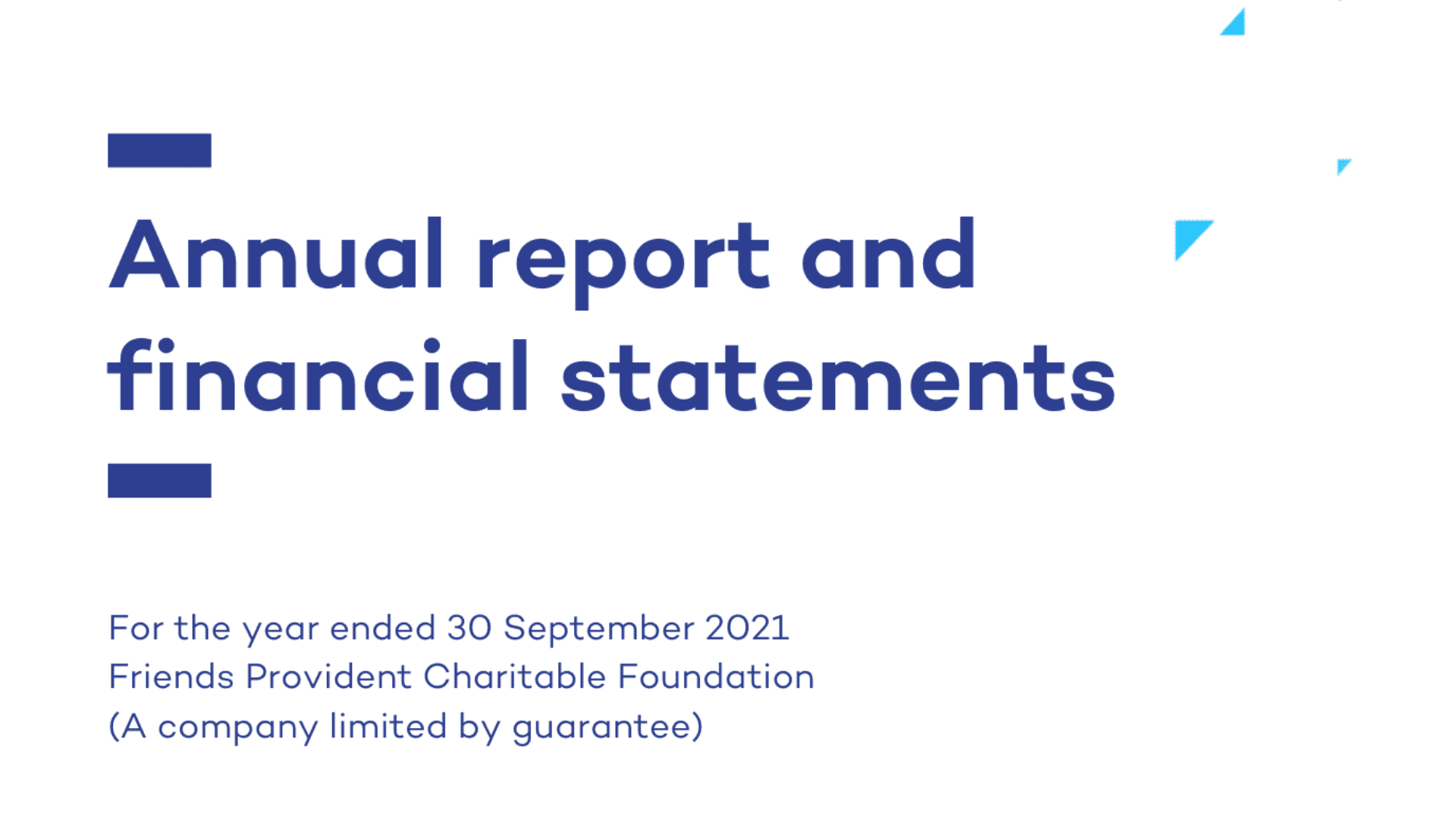
Annual Report
Report & Financial Statements 2020-2021

Blog
Equity and Social Justice
At the Friends Provident Foundation, we are dedicated to addressing social injustices and inequity in the economic system.

Blog
All working towards reforming UK grant-making
Deep and meaningful reform to UK grant-making is within reach.

Blog
Foundation Practice Rating
Friends Provident Foundation, as an initiator of the Foundation Practice Rating (FPR), is proud of the impact it is having in our sector.

Blog
Asset manager net zero commitments to be tested at Standard Chartered AGM
Voting at this year’s Standard Chartered AGM is going to be revealing regarding the depth of asset manager commitments to net zero and ESG.

Blog
It’s time to diversify economics to help reclaim it
Why does it appear that the economy is failing to meet humanity’s and our planet’s needs?
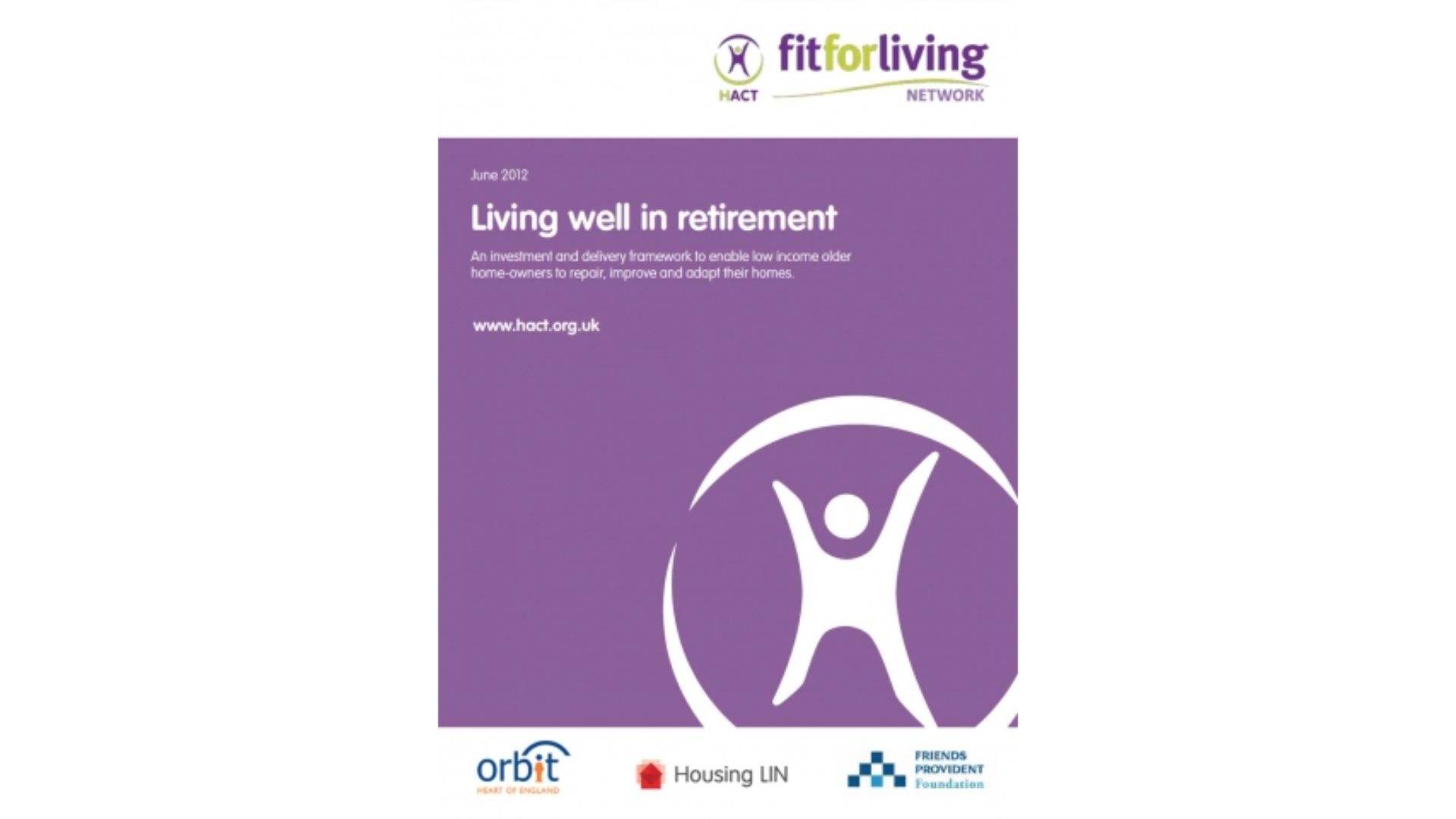
Resource
Living well in retirement
An investment and delivery framework to enable low income older home-owners to repair, improve and adapt their homes.
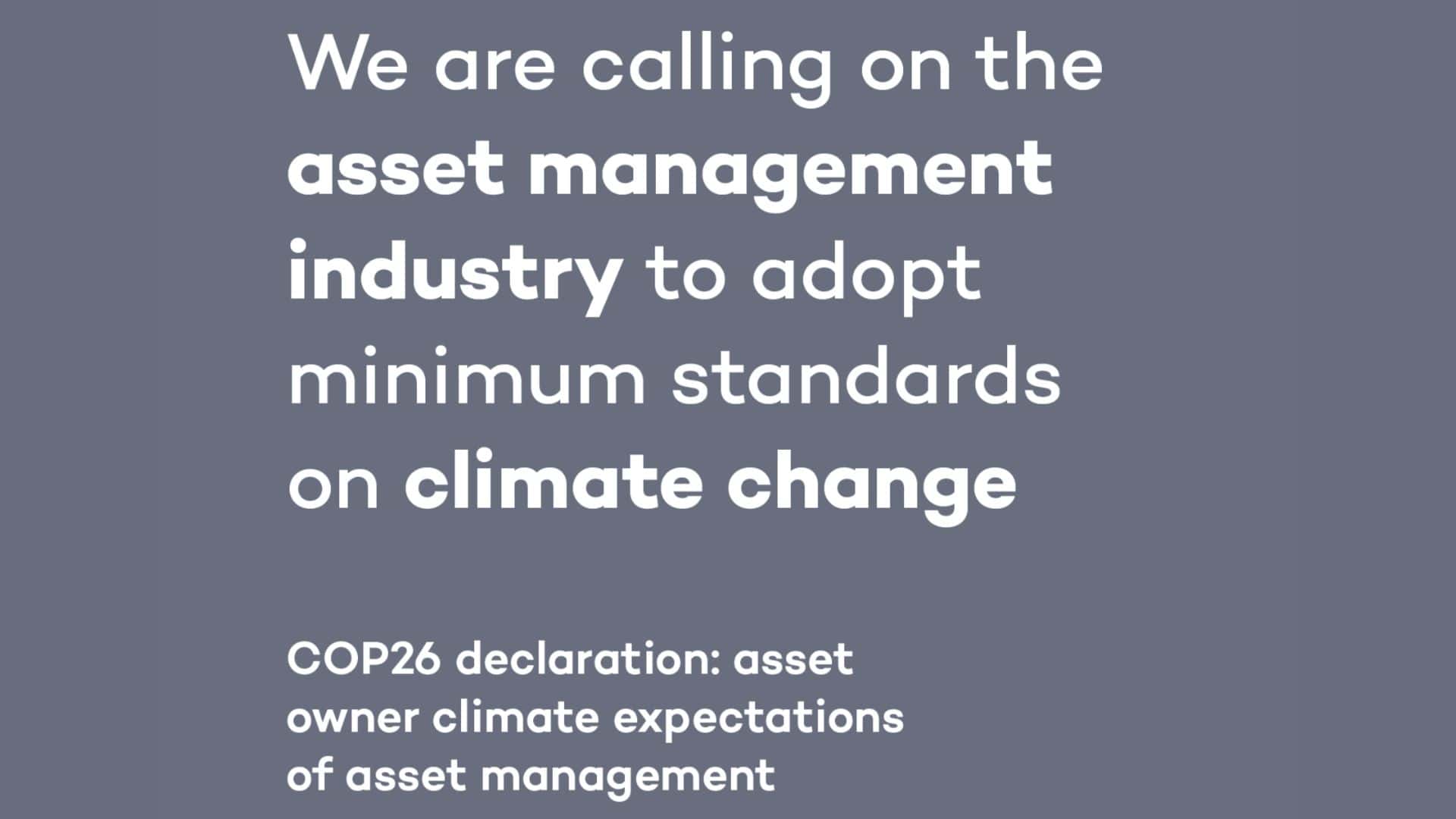
Resource
COP26 declaration: asset owner climate expectations of asset management
We are pleased to join 24 other asset owners as a founding signatory to the ‘COP26 declaration: asset owner climate expectations of asset management’.

Blog
Leveraging all our capital for a Just Transition
We are delighted to be at COP26 today to speak at the London School of Economics Grantham Research Institute fringe event on ‘How we can deliver a Just Transition’.

Blog
OUTstanding LGBT+ Future Leaders
Our colleague Jake Furby, our Communications Manager since March was nominated to OUTstanding LGBT+ Future Leaders Role Model List 2021.

Blog
It is time to end greenwashing in asset management
We are pleased to join 24 other asset owners as a founding signatory to the ‘COP26 declaration: asset owner climate expectations of asset management’.

Resource
Economist Education Video
When Friends Provident Foundation (FPF) began its programmeme to explore how the economy might serve society better, it was based on several views.

Blog
Programme Advisory Group – Reflections by Dan Jones
Dan Jones one of our PAG members has reflected on his experiences of being a PAG member.

Blog
Economist Education Poem
Do you care about life in the oceans, the quality of air about local communities and equal opportunities about our history, local and worldwide, the global south and western divide.

Blog
Decolonising Economics
Friends Provident Foundation is an independent charity that makes grants and uses its endowment towards a fair and sustainable economic system that serves society
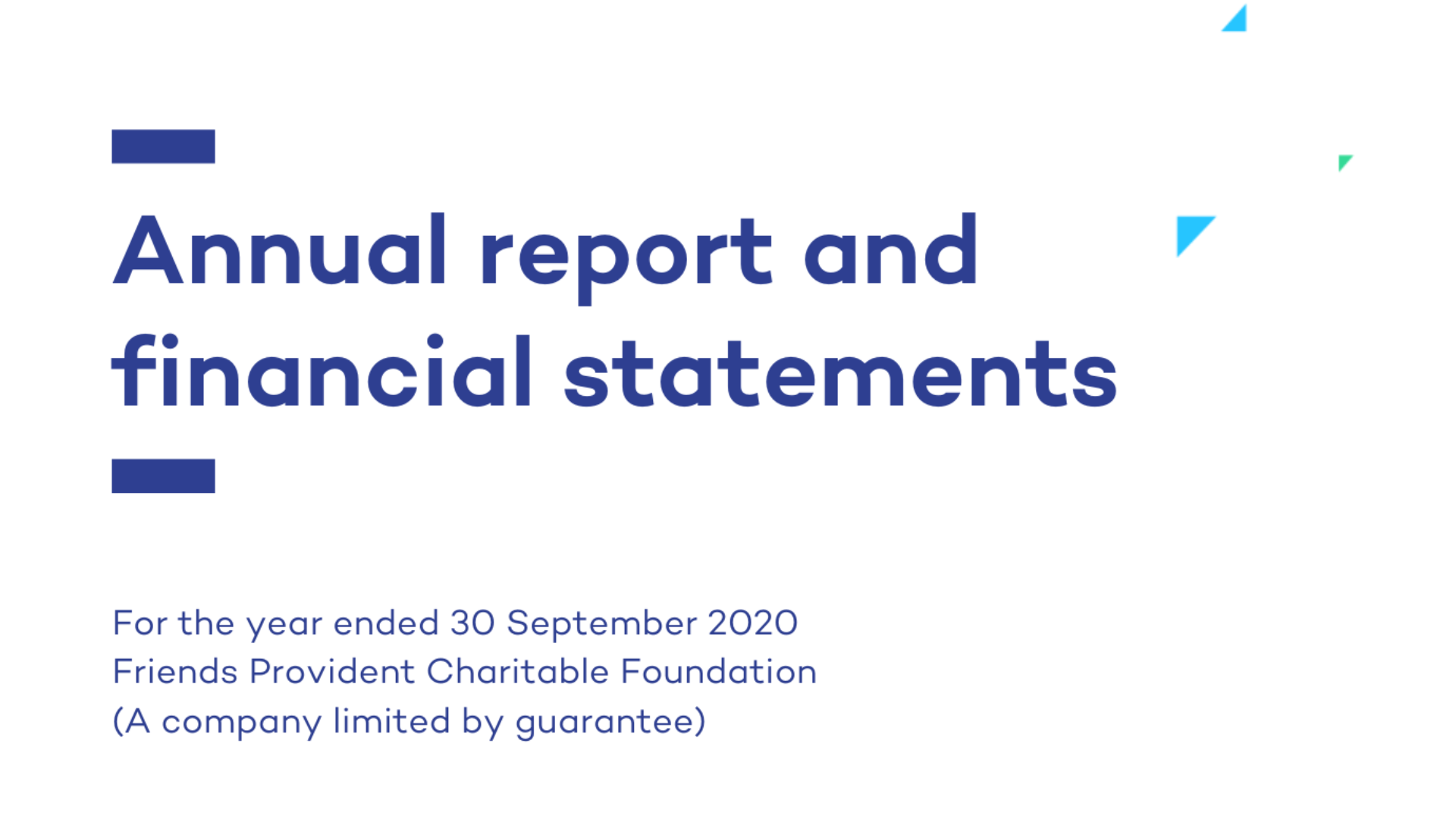
Annual Report
Report & Financial Statements 2019-2020

Blog
Anti-Racism Blog (A personal perspective)
As we come to the anniversary of George Floyd’s murder, Jake Furby our Communications Manager reflects on being a mixed-race person working in the charity sector.

Blog
Accountability, Transparency and Diversity Rating System
As friends, grant-holders and wider stakeholders know, Friends Provident Foundation is committed to principles.

Blog
Mental Health Awareness Week Blog
This article explores why Mental Health Awareness is important.
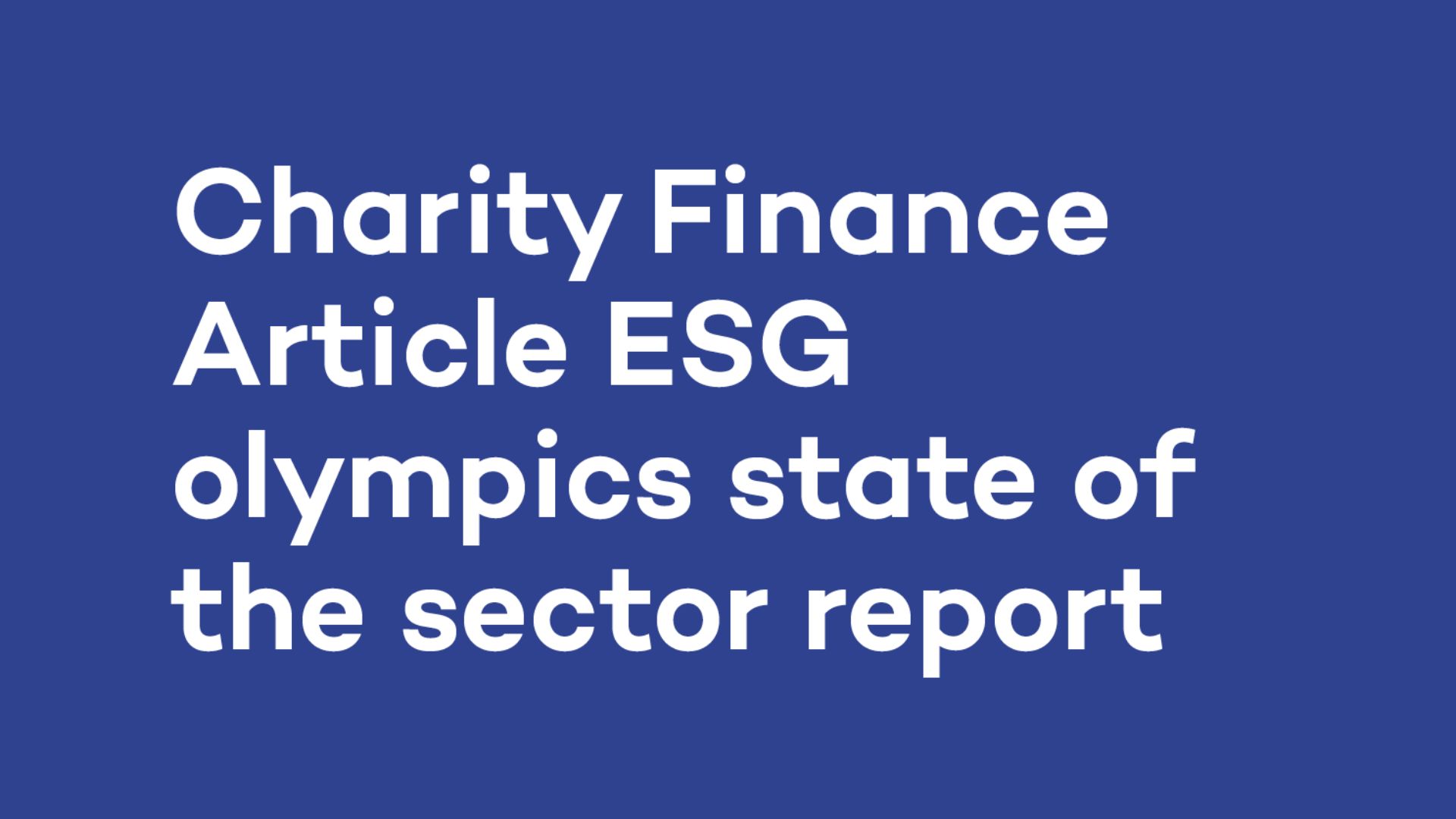
Resource
Charity Finance Article ESG olympics state of the sector report
This article explores our publication in Charity Finance magazine on our ESG olympics ‘state of the sector’ report and our recommended minimum standards.
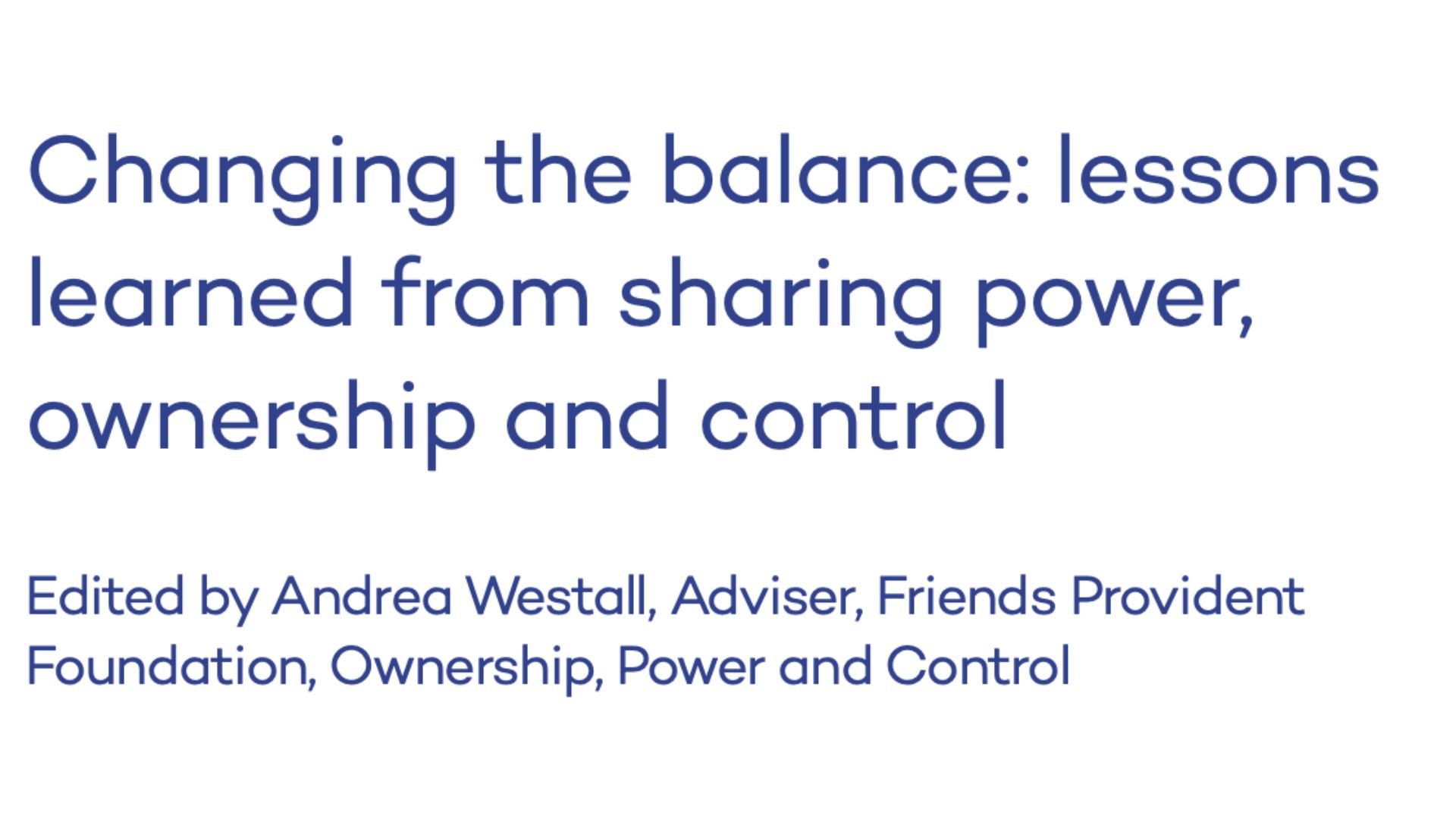
Resource
Changing the balance: lessons learned from sharing power, ownership and control
On 15 December 2020 Friends Provident Foundation (FPF) hosted a virtual roundtable of recent and current grant recipients.

Blog
Equality, Diversity and Inclusion
Hi there, my name is Jake and I am the Communication Manager for Friends Provident Foundation.

Blog
When grantholders don’t laugh at your jokes
When grantholders don’t laugh at your jokes. This blog explores funder power/grant holder relationship.

Resource
ESG investing olympics -state of the sector report
Three charities – Friends Provident Foundation, Joffe Trust and Blagrave Trust – came together to launch the 2020 ‘ESG investing olympics’.

Blog
‘ESG investing olympics’ state of the sector report launched
This article explores an analysis of ESG proposals from 60 investment managers

Blog
Journeying to a new economy that respects people and nature
This article explores the impact globalisation has had on the people of Treherbert, Rhondda Valley in South Wales.
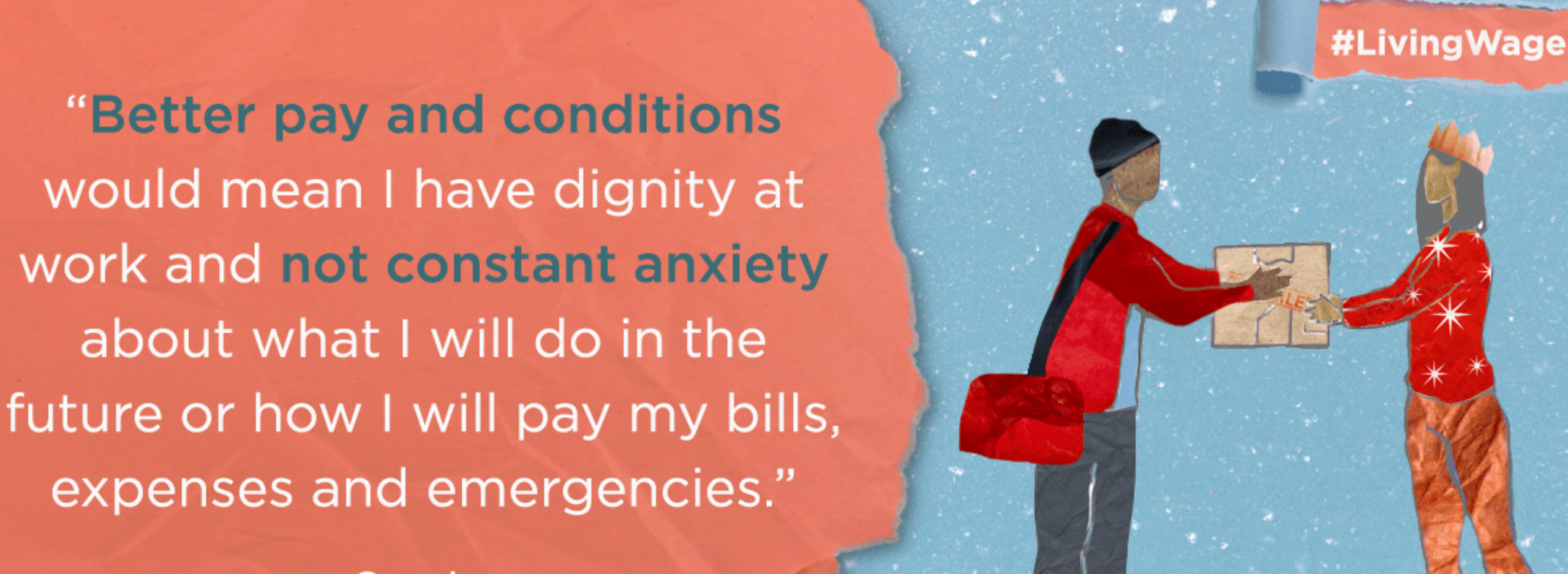
Blog
Where is the ‘S’ of ESG and what is needed?
This article discusses sustainability within ESG.
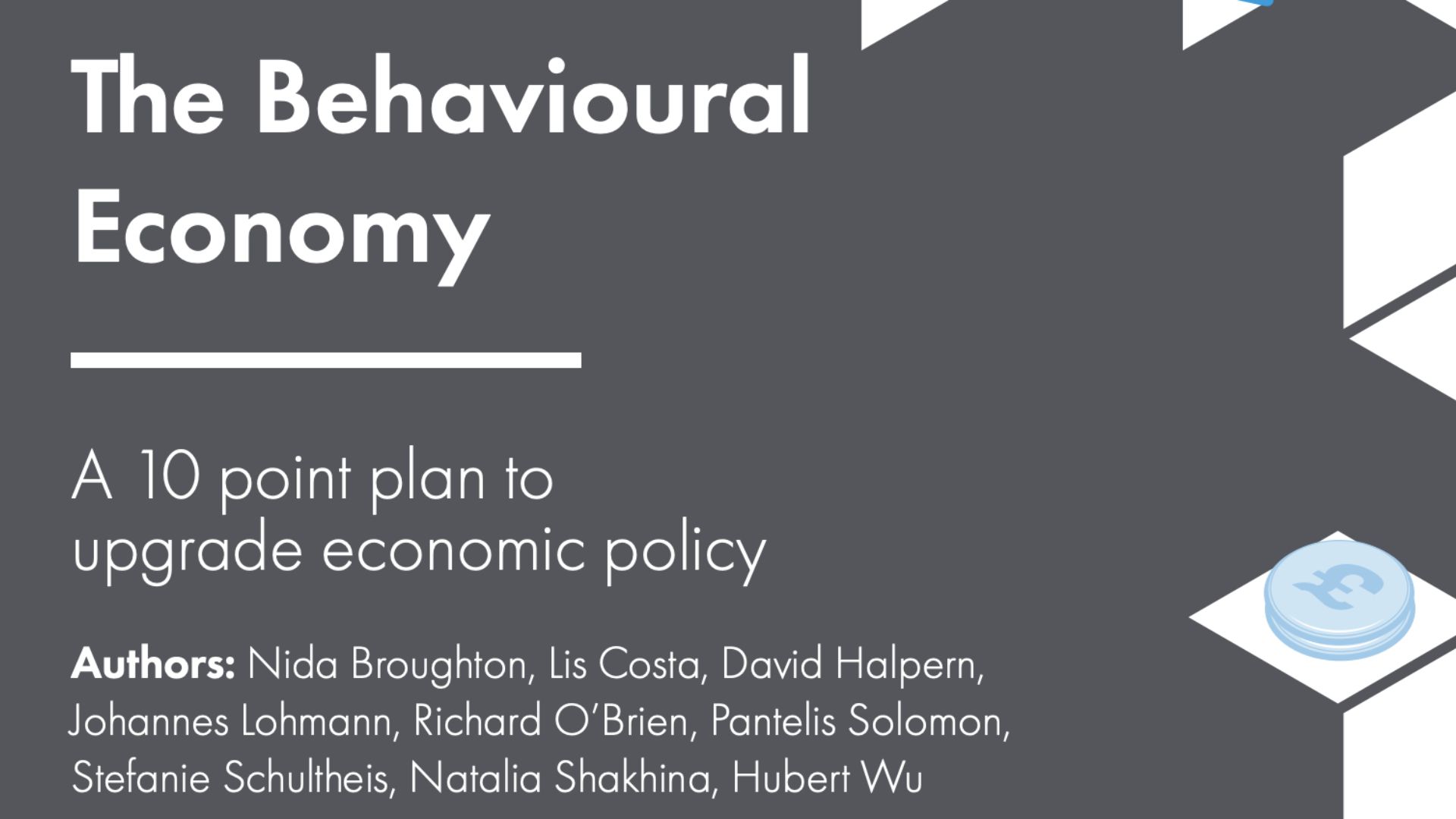
Resource
The Behavioural Economy
This report sets out a 10-point plan to upgrade economic policy with a deep understanding of human behaviour at its core.

Blog
Putting humans at the heart of economic policy
This article explores the impact of the Coronavirus Pandemic

Blog
Applause for SSE’s sector first Just Transition strategy
This article comments on the Energy utility company SSE who has just published a sector first Just Transition strategy.

Blog
Uniting the circular economy and social justice
This article explores the tension between social justice and environmental sustainability.

Blog
Solar trains pioneer first UK business to make legal commitment to ‘just transition’
Solar trains company Riding Sunbeams has incorporated the principles of a just transition into its legal working agreement.

Blog
What is at stake in the upcoming reform on corporate sustainability reporting in the EU?
The Alliance for Corporate Transparency project, coordinated by Frank Bold, is at a turning point after providing the largest research to date on the state of corporate sustainability reporting in the EU.
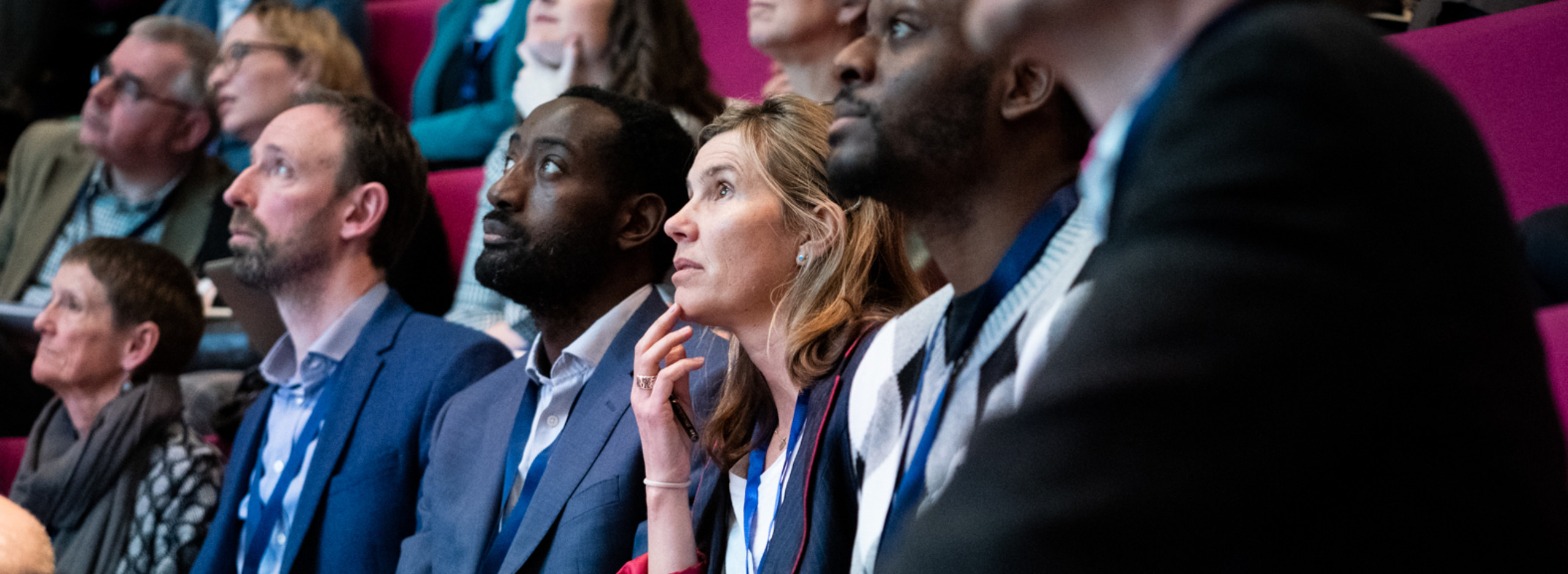
Blog
Cazenove declared winner of the ‘ESG investing olympics’
This blog announces the winner of the ESG Olympics

Blog
Are future generations around your board table?
This blog explores Are future generations around your board table?

Blog
Developing financial resilience in individuals, communities and economies
This blog explores our programmeme which focuses on how the economy can serve society better.
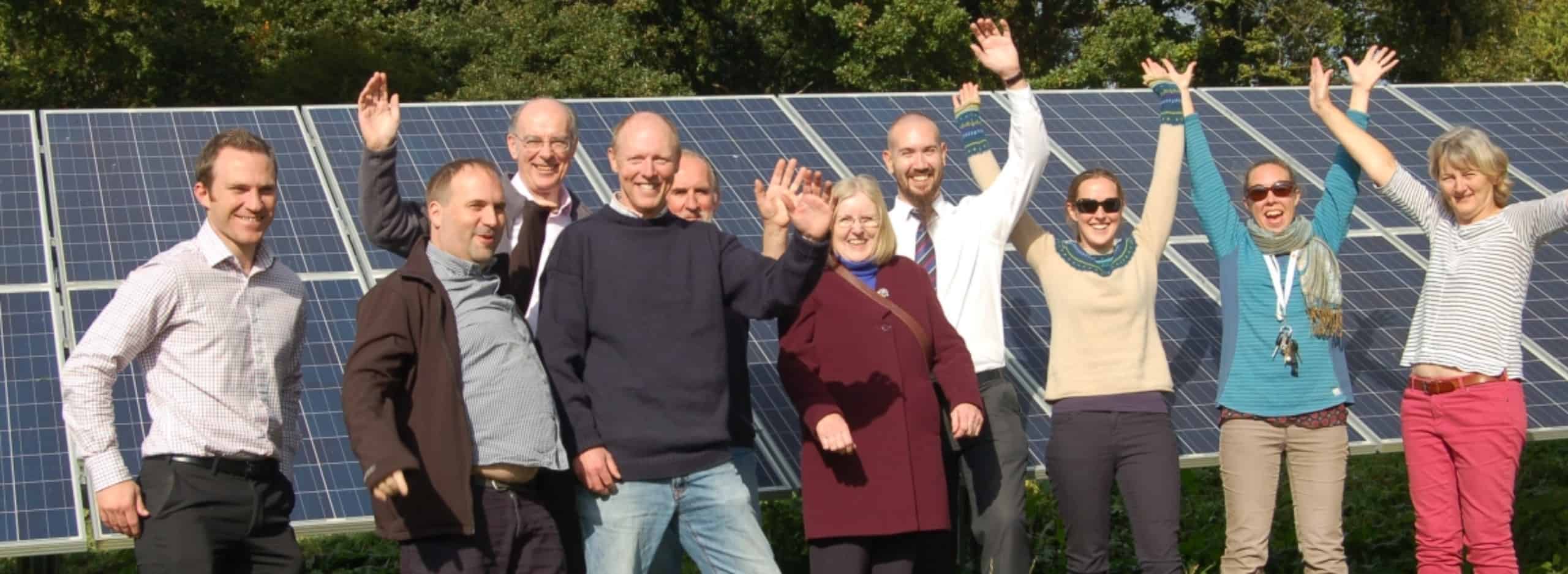
Blog
Supporting communities to power a sustainable low-carbon future
This blog was written for Community Energy Fortnight 2020.

Blog
Unusual collaborations for unusual times
This blog explores the Centre for Cities’ webinar set out the latest statistics on unemployment across the country, as measured by Universal Credit and Job Seekers Allowance.

Blog
The Economics of Belonging
Published by the Foundation’s journalist fellow, Martin Sandbu, this fascinating new book explores a radical new approach to economic policy.

Blog
Short food supply chains needed in the face of climate change and pandemics
Shorter food supply chains can make the UK more resilient in the face of pandemics and climate change – but only with bold government intervention, according to a new Soil Association report.
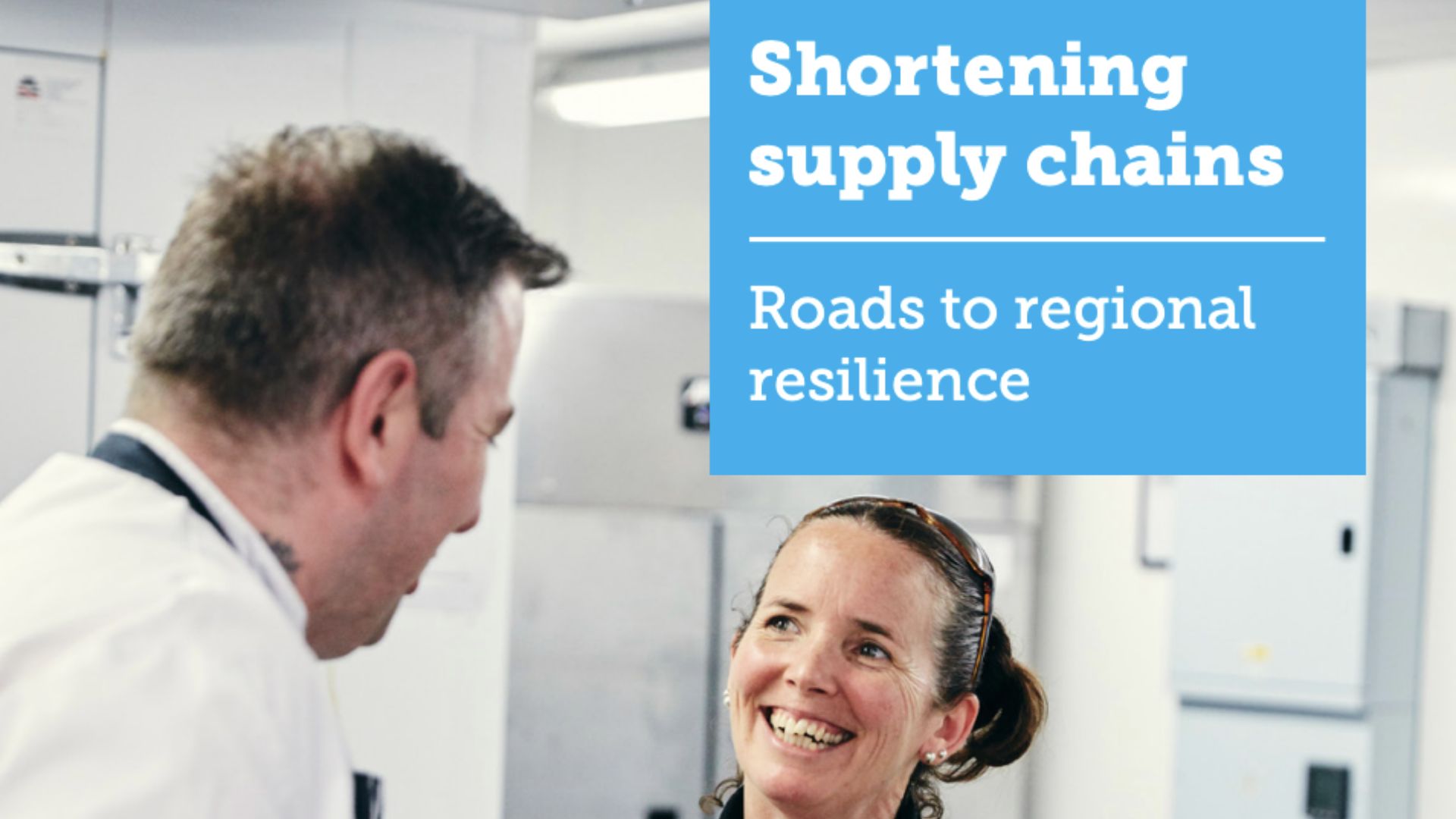
Resource
Shortening Supply Chains: Roads to Regional Resilience
This report looks at innovative farmers, businesses and councils who are proving sustainable sourcing can be more resilient as well as being more environmentally friendly.

Blog
Open letter to asset managers ahead of climate vote at today’s Total AGM
An open letter to asset managers ahead of the climate vote at the Total AGM on Friday 29 May 2020.

Blog
Total’s climate ambition is poor, investors must support our shareholder resolution
In April, we were delighted to co-file Friends Provident Foundation’s first ever shareholder resolution.

Blog
Stewarding our land for current and future generations – inspiration from the Welsh Valleys
One positive outcome of our current situation, is probably a greater awareness of the importance of the places in which we live.
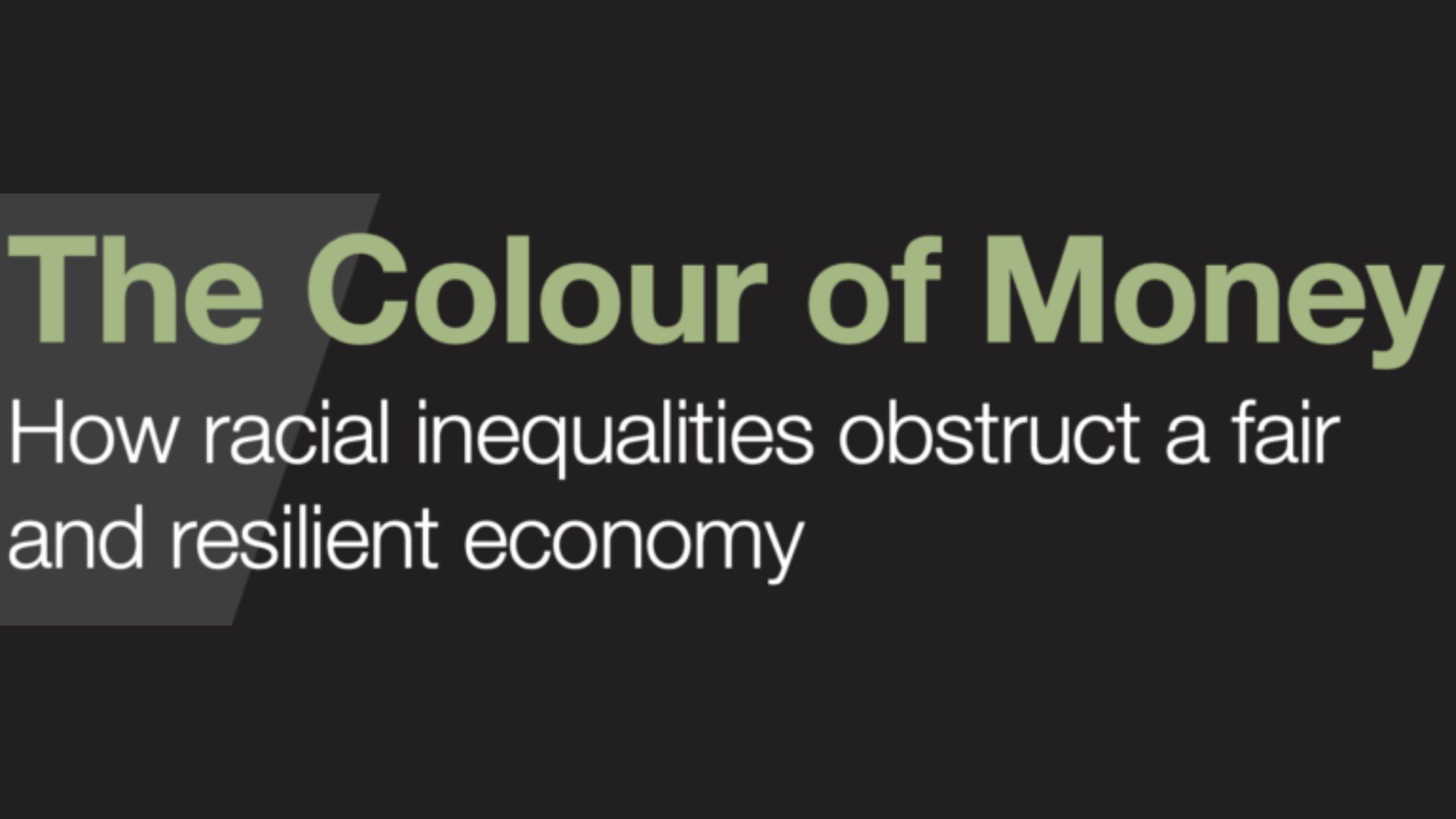
Resource
The Colour of Money: race and economic inequality
This report – by Dr Omar Khan of Runnymede – focuses on how economic and wider social inequalities affect Black and minority ethnic (BME) people in Britain.

Blog
The Colour of Money: race and economic inequality
Black and minority ethnic (BME) people in Britain face extensive and persistent economic inequality, finds Runnymede’s latest report The Colour of Money: How racial inequalities obstruct a fair and resilient economy.
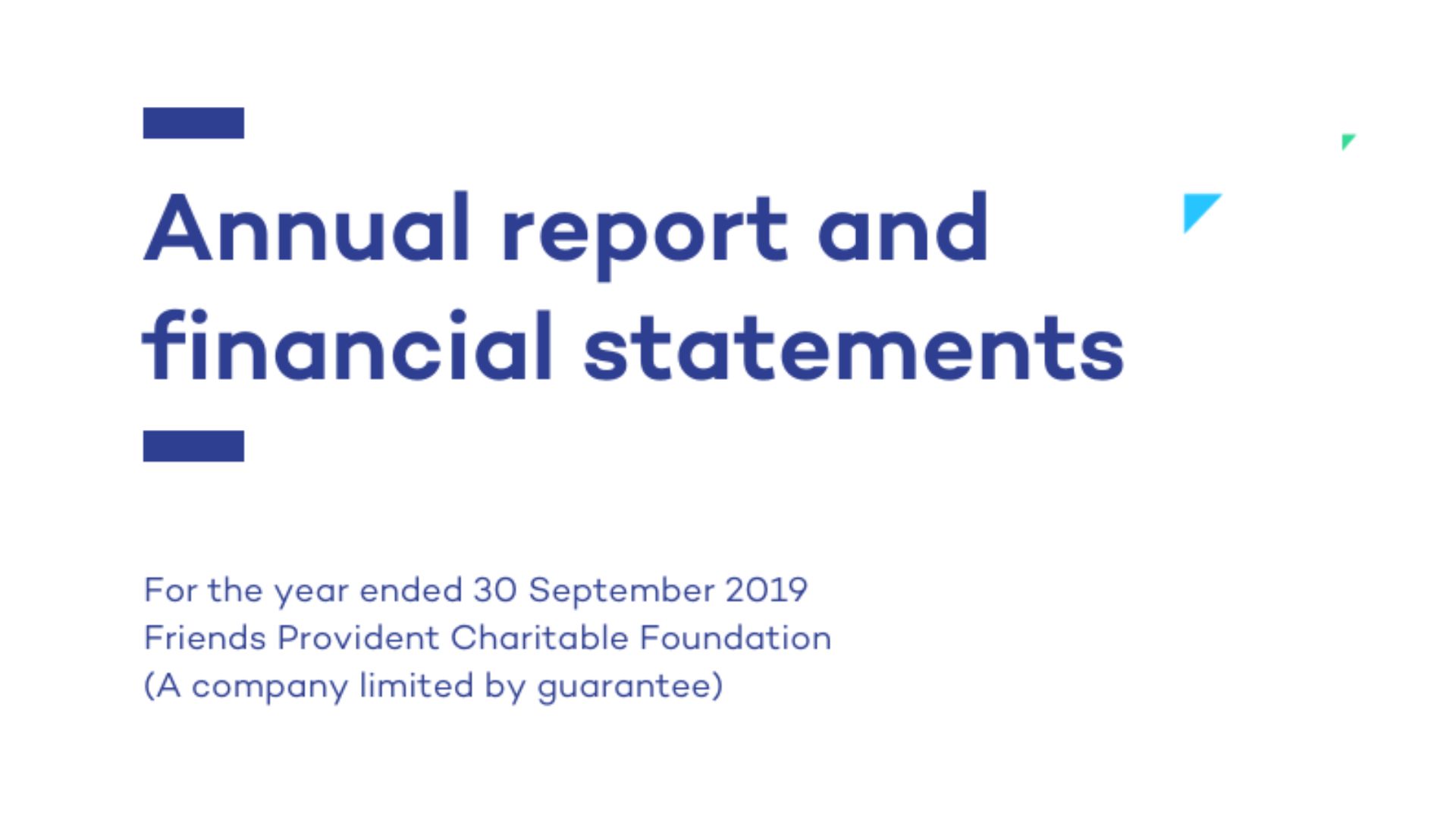
Annual Report
Report & Financial Statements 2018-2019
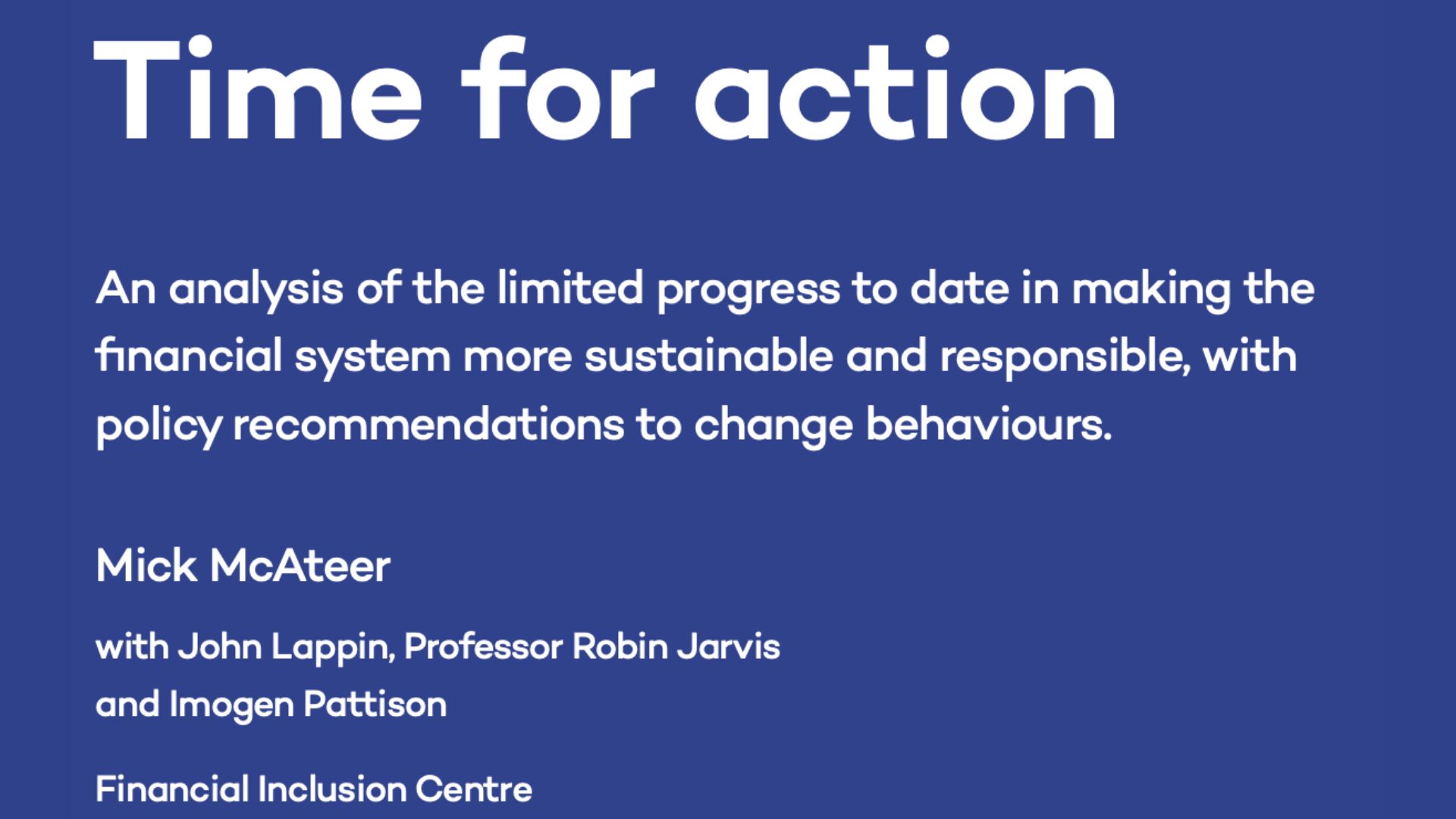
Resource
Time for Action
This report focuses on the role of the financial system.

Blog
Time for Action
This new report by the Financial Inclusion Centre focuses on the role of the financial system.

Blog
Charities launch ESG ‘investing olympics’
Three charities have invited asset managers to make proposals for the investment of £33.5 million in an initiative called the ESG ‘investing olympics’.
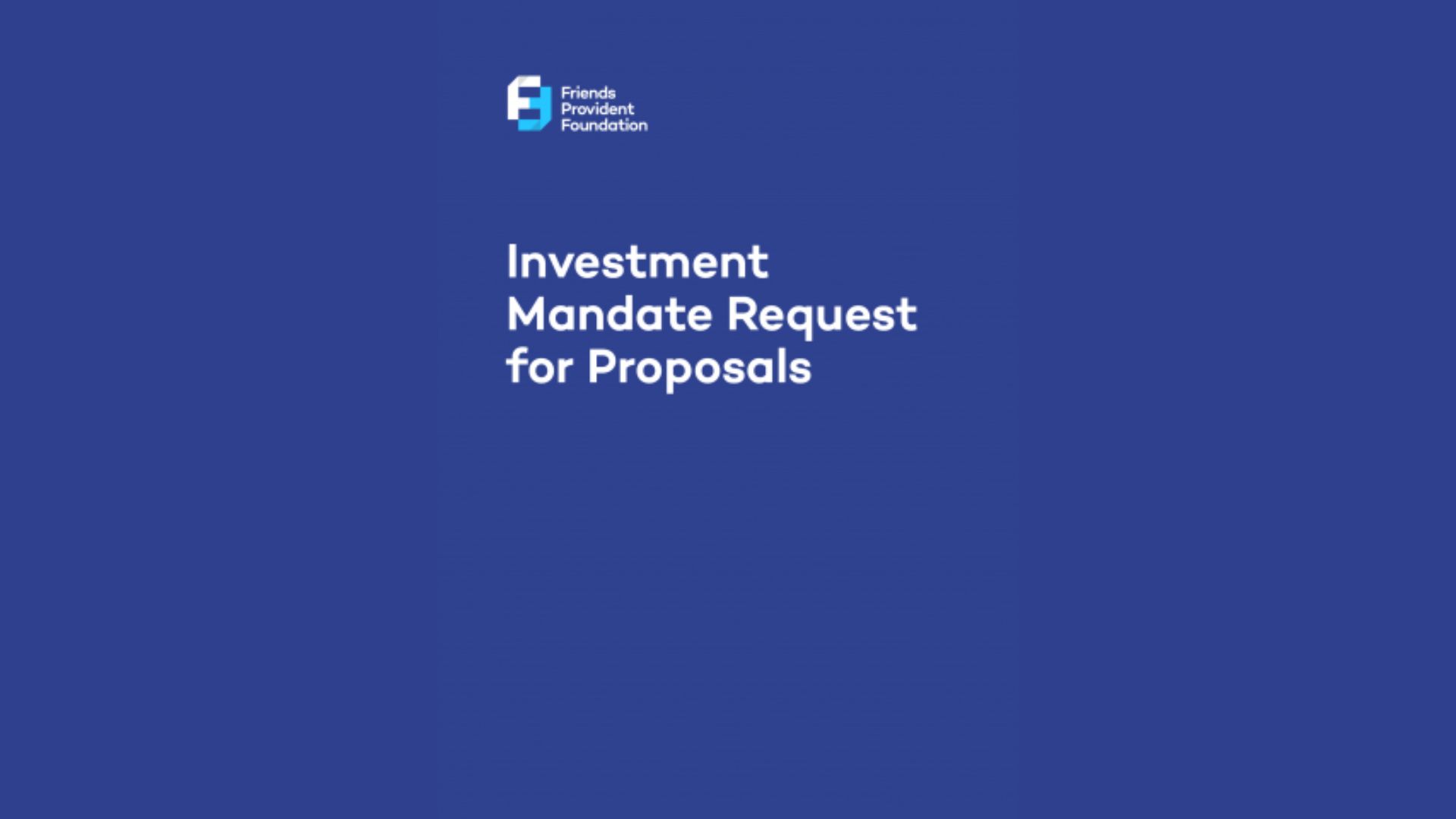
Resource
Investment Mandate Request for Proposals
Friends Provident Foundation, the Joffe Trust and the Blagrave Trust are inviting asset managers to make proposals for the management of funds totalling £32m.

Blog
Funders come together on climate change
Some of the biggest names in charity funding have made a public commitment to play their part in tackling climate change.

Blog
Time for a Carer’s Passport
Carers in the workplace should be provided with a ‘carer’s passport’ which would qualify them for financial support.
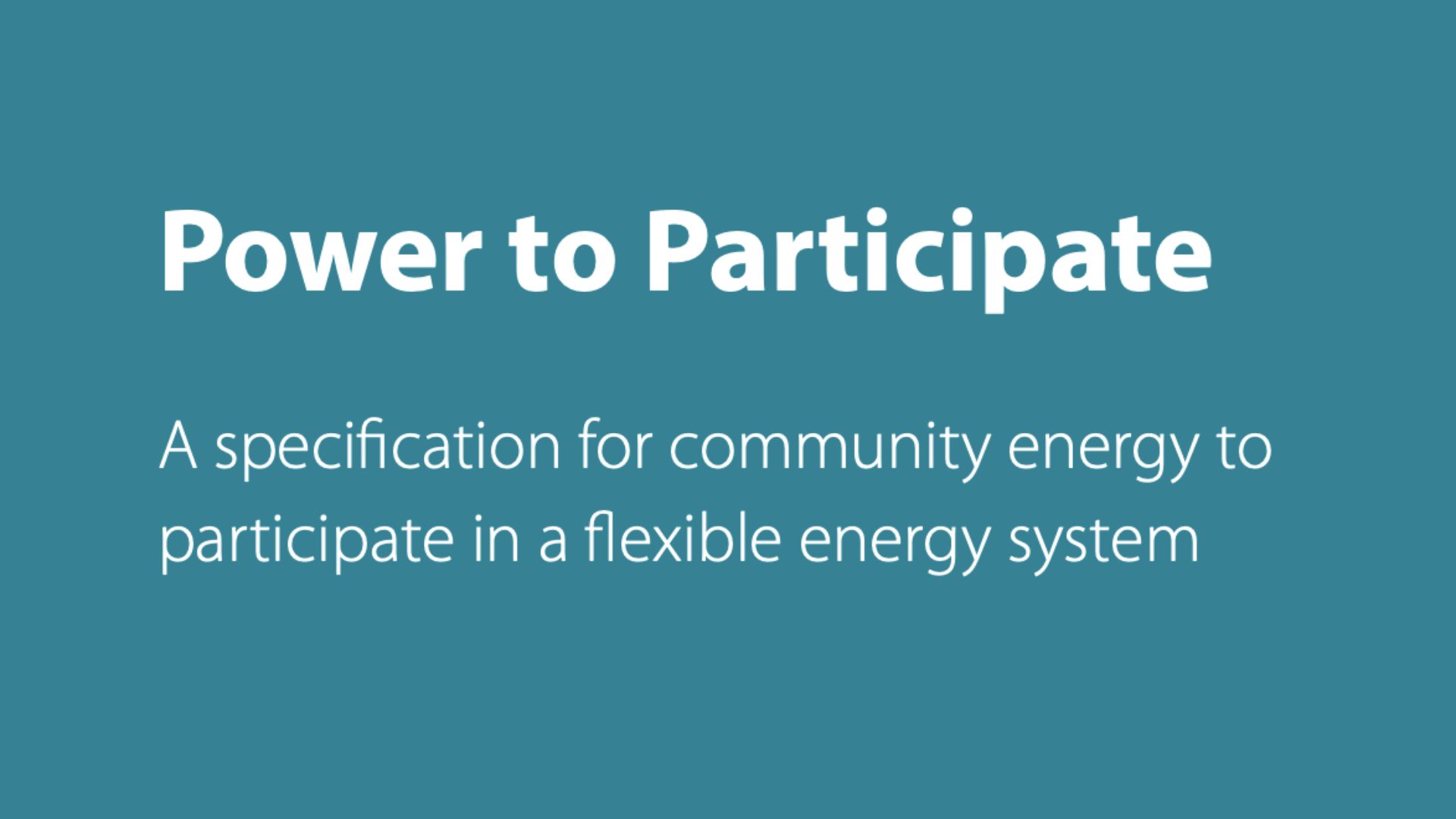
Resource
Power to Participate: a specification for community energy to participate in a flexible energy system
This report looks at how our electricity system is changing.

Blog
Staying flexible: why aren’t communities providing more network flexibility services?
Regen’s senior project manager, Tim Crook, explains how community energy organisations could play a bigger role in providing network flexibility.

Blog
Friends Provident Foundation lends its support to global strike for climate
Friends Provident Foundation lends its support to global strike for climate.

Resource
Women at work: Designing a company fit for the future
This report by Friends Provident Foundation journalist fellow Deborah Hargreaves sets out to examine what would happen if women could re-imagine the way they work and how the business is run.

Blog
Women at work – designing a company fit for the future
If women could re-imagine the way they work and how the business is run, what would they do?

Blog
York Festival of Ideas: How does the economy work, who benefits and who loses?
York Festival of Ideas runs from 4 June to 16 June and will present over 200 mostly free events under the banner of A World of Wonder.

Blog
Women at work: designing a company fit for the future
The blog explores women at work: designing a company fit for the future.
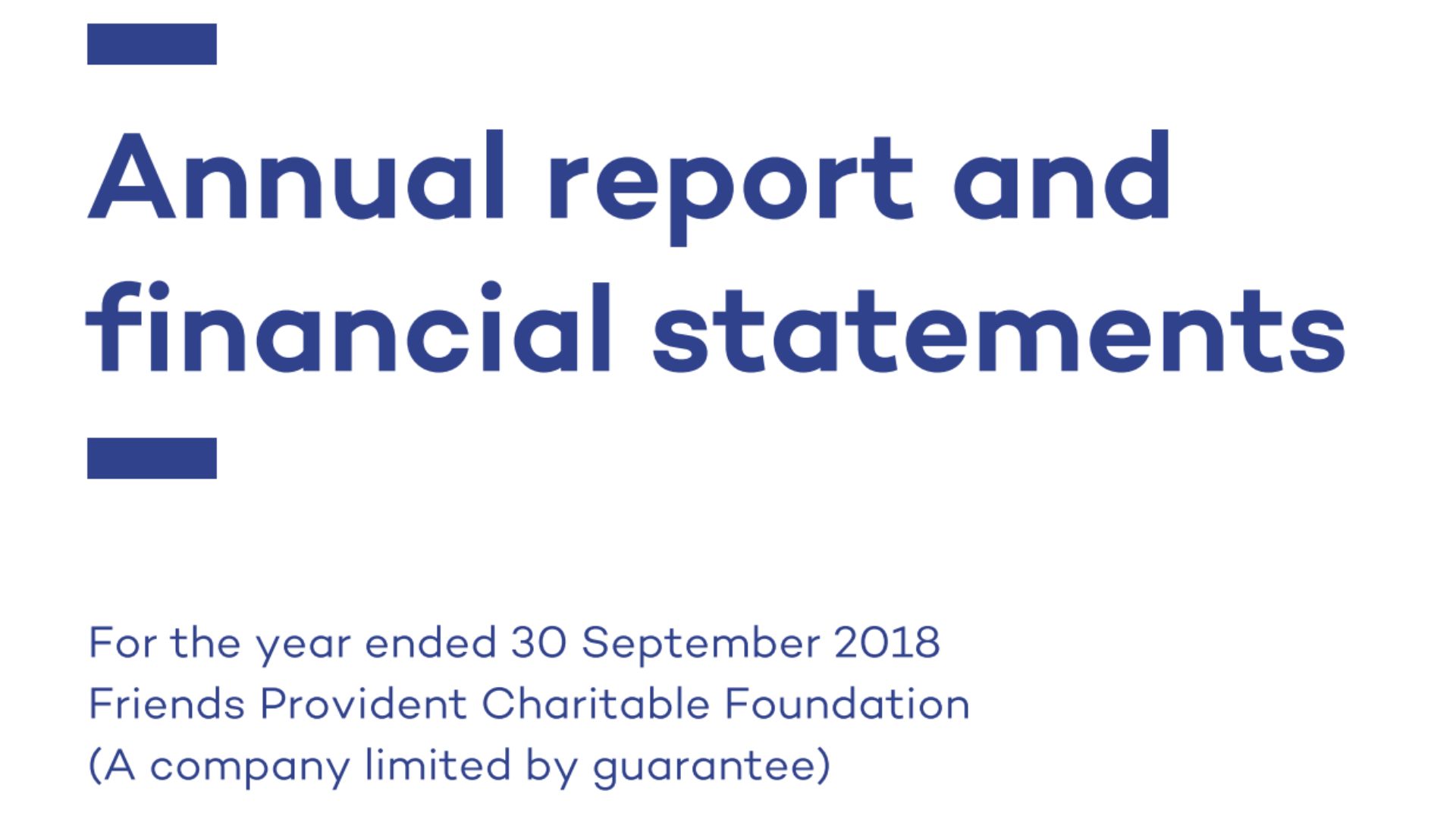
Annual Report
Report & Financial Statements 2017-2018

Blog
Rating Private Sector Political Transparency
Transparency International is the world’s leading non-governmental anti-corruption organisation.

Blog
Check out The Money Question
This article explores Positive Money who have launched the Money Question.

Blog
If community energy is treated fairly, it will play a role in the just transition
The energy market is being disrupted like never before with economics, technology, and business model innovation driving a transition towards decarbonised, decentralised and more democratised energy.

Blog
Reshaping the economy to work for all: New Commission on a Gender – Equal Economy
At the Women’s Budget Group (WBG), we are best known for our analysis of UK government policy for its impact on women.
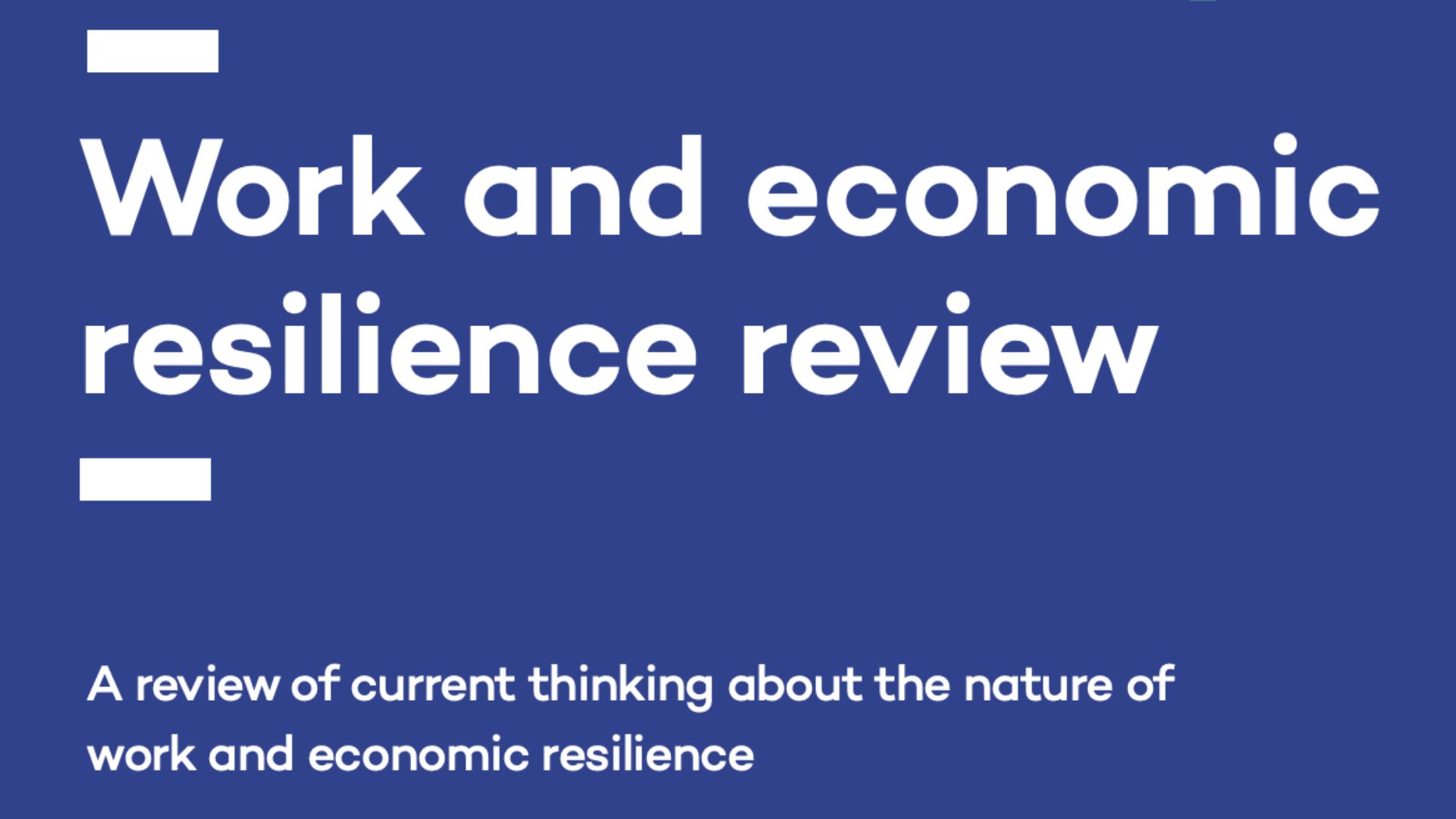
Resource
A review of current thinking about the nature of work and economic resilience
Projects funded by the Friends Provident Foundation contribute variously to proposing new solutions.

Blog
Brexit in Saxony
We’ve become familiar with a certain sinking feeling the morning after a big political event.
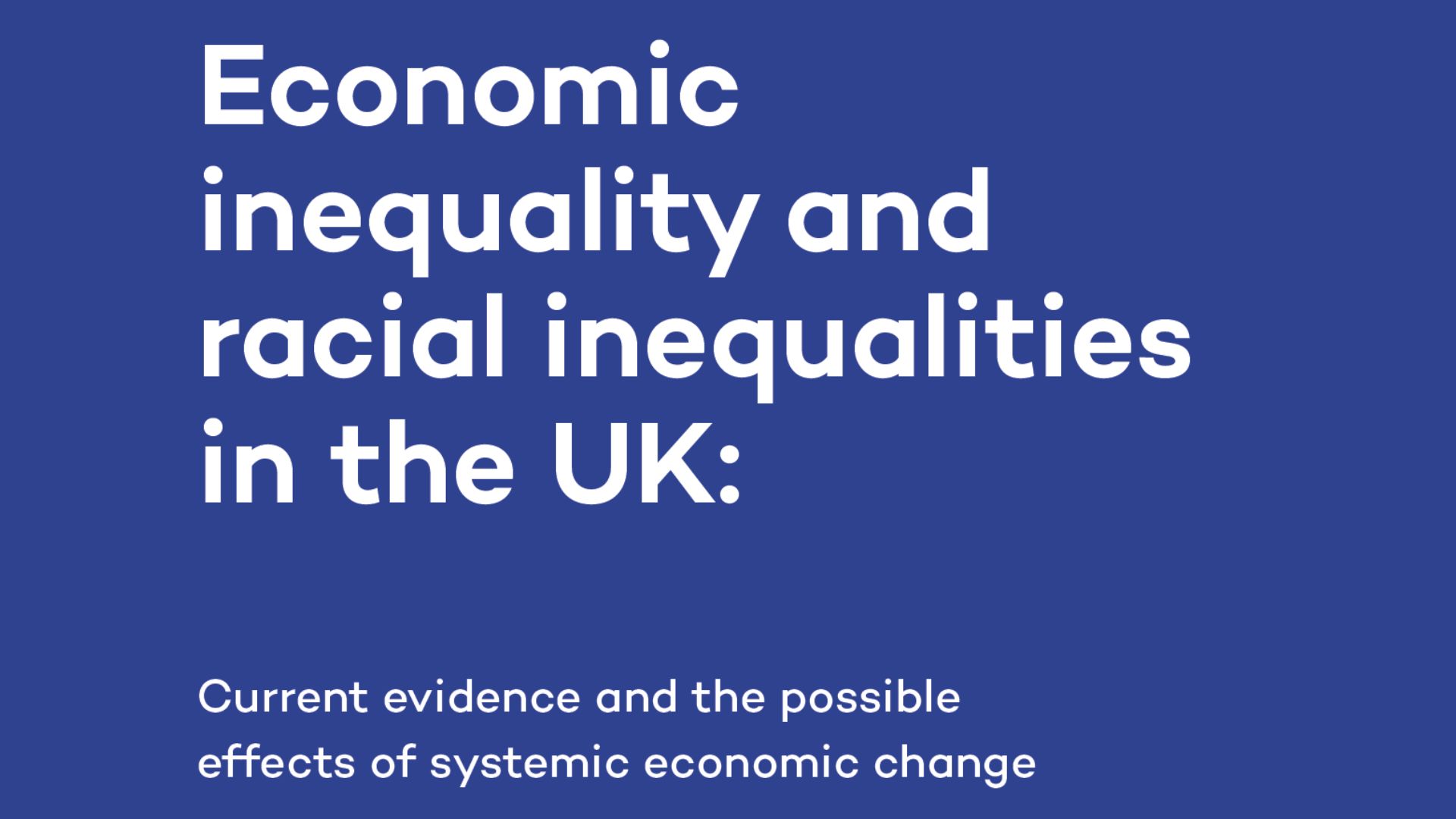
Resource
Economic inequality and racial inequalities in the UK
Inequality has risen up the public and policy agenda.

Blog
Purpose. Is it enough?
Earlier this year, Danielle Walker Palmour was privileged to accept an invitation from Philanthropy Australia to give the closing keynote speech.

Blog
Women in the workplace
There are many inspirational women who are trying to do things differently in order to make work suitable for them – often challenging entrenched views on their roles and functions.
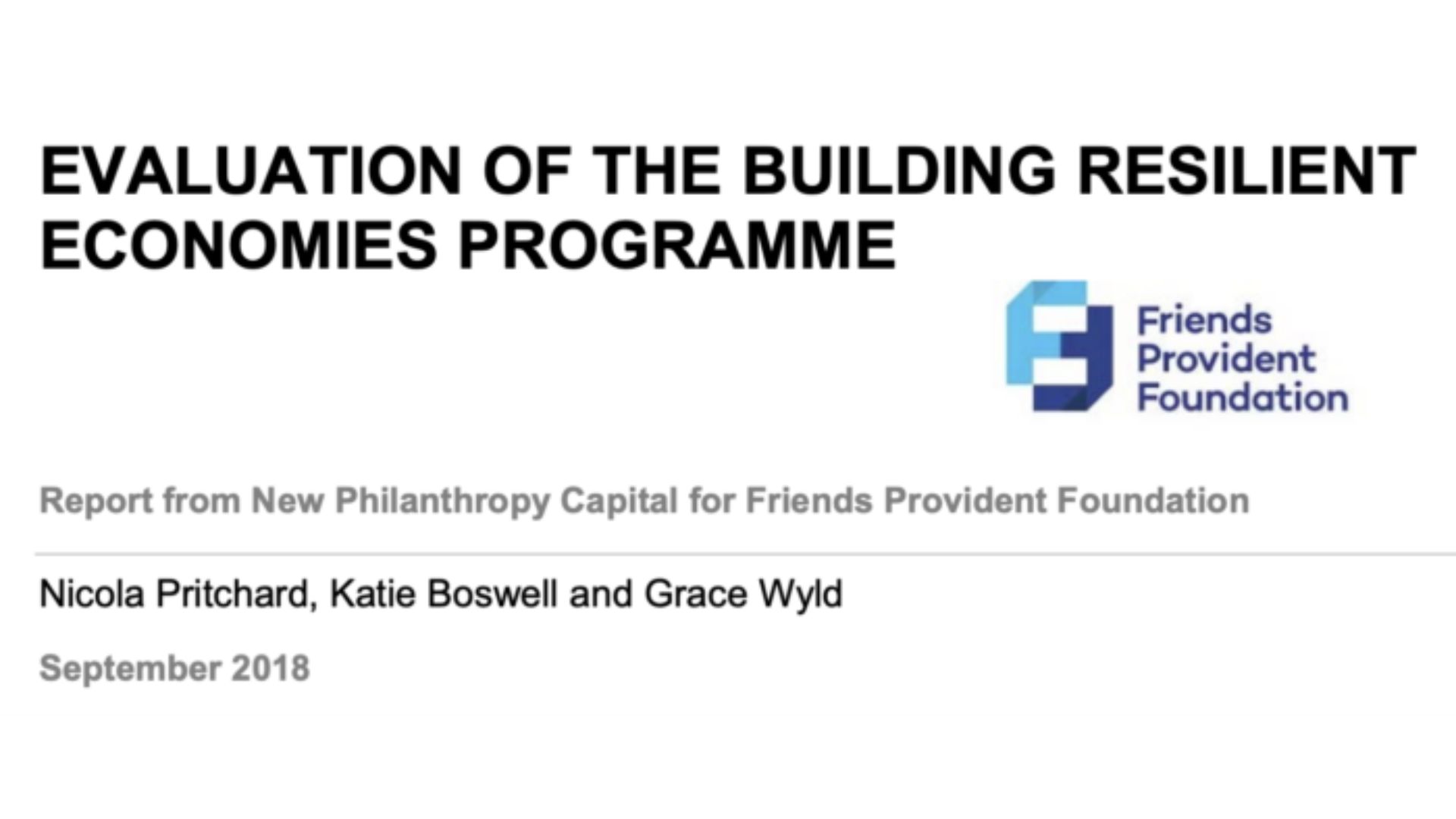
Resource
Evaluating the Building Resilient Economies Programme
In 2013 Friends Provident Foundation launched the Building Resilient Economies programmeme, motivated by the failures of the economic system to meet the needs of society and the environment.

Blog
Journalist fellowship line-up announced
This blog is about our fellowship award

Blog
Evaluating the Building Resilient Economies Programme
This blog is about Building Resilient Economies.

Blog
Making good decisions for the future
Shea Buckland-Jones from the Institute of Welsh Affairs shares his personal experience of the Well-being of Future Generations Act 2015

Blog
Why pensions are both dangerous …. and exciting!
Pensions can seem like a dauntingly complex and – let’s be blunt – boring subject.

Blog
The energy system is in flux, let’s ready ourselves for a community takeover
Good news! The transition to a decarbonised, decentralised and democratised energy system is underway, says Colin Baines, Investment Engagement Manager at Friends Provident Foundation.

Blog
Building energy resilience in low income communities
What happens to low income households whose energy bills suddenly increase?

Resource
Creating a Social Care Trust Fund
This Select Committee Report outlines that a citizens’ wealth fund could provide long-term sustainable funding for adult social care, ensuring that everyone is treated fairly and equally whatever their health needs.

Blog
Fair pay for fair work: a look at executive compensation
Last year we supported the introduction of mandatory executive pay ratio reporting, which is expected to become law soon.
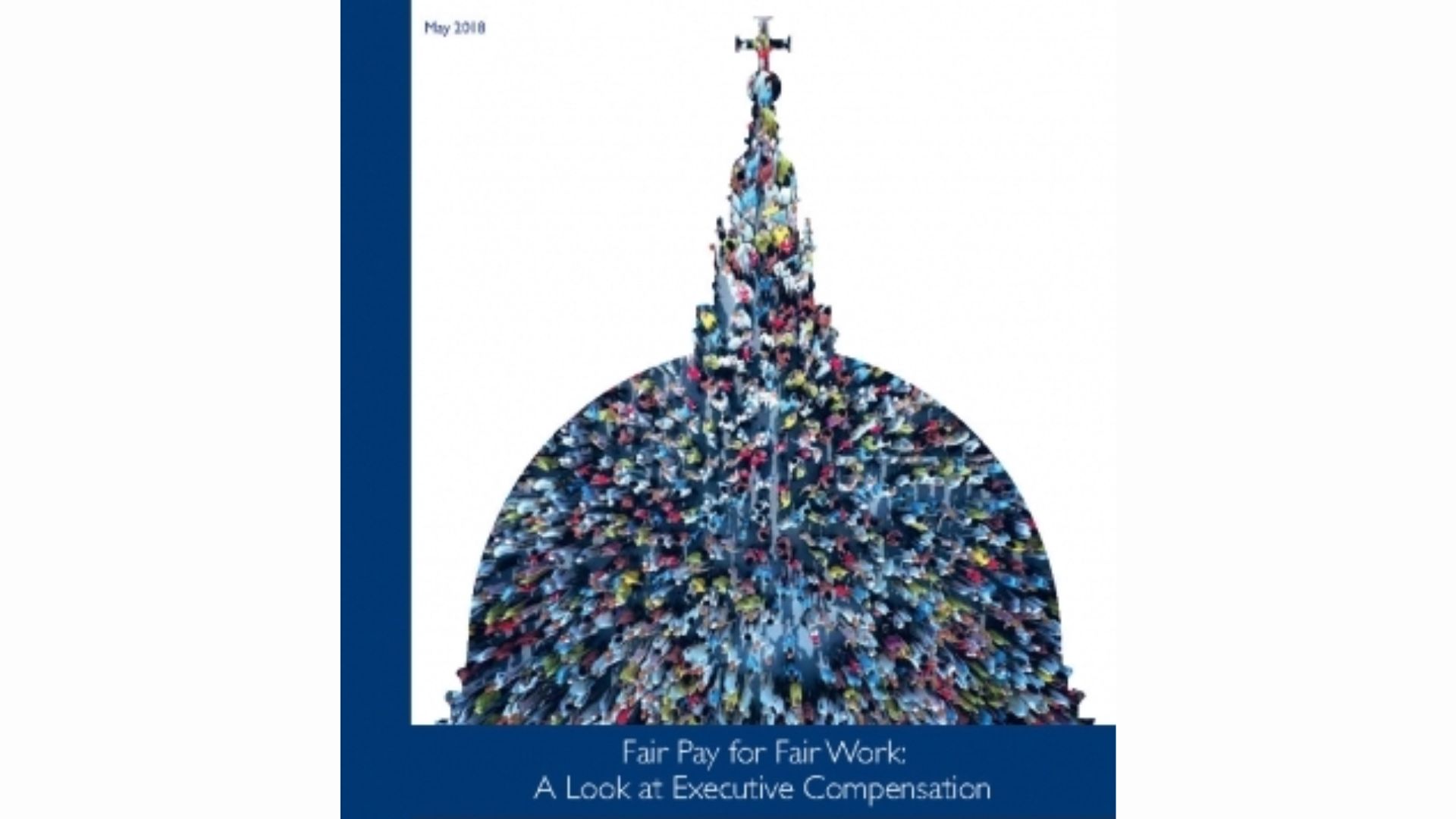
Resource
Fair Pay for Fair Work: A Look at Executive Compensation
This report by St Paul’s Institute makes recommendations to build on the recently improved disclosures on pay ratios.
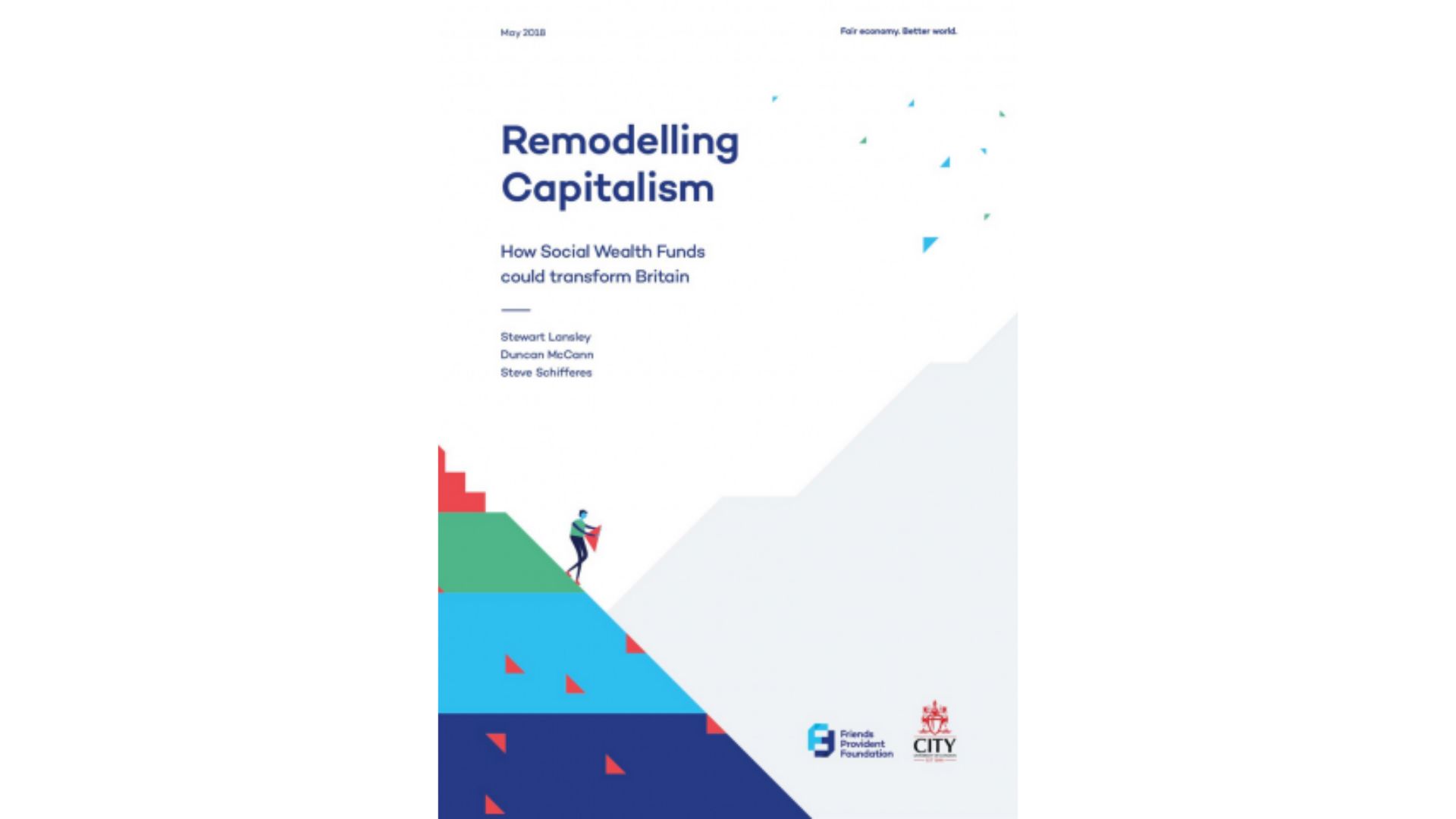
Resource
Remodelling Capitalism: how social wealth funds could transform Britain
A pioneering new citizens’ wealth fund in the UK could provide a universal annual cash dividend and eventually a weekly basic income.

Blog
Creating Britain’s first citizens’ wealth fund
A pioneering new citizens’ wealth fund in the UK could provide a universal annual cash dividend and eventually a weekly basic income, says a new report, Remodelling Capitalism – How Social Wealth Funds could transform Britain.
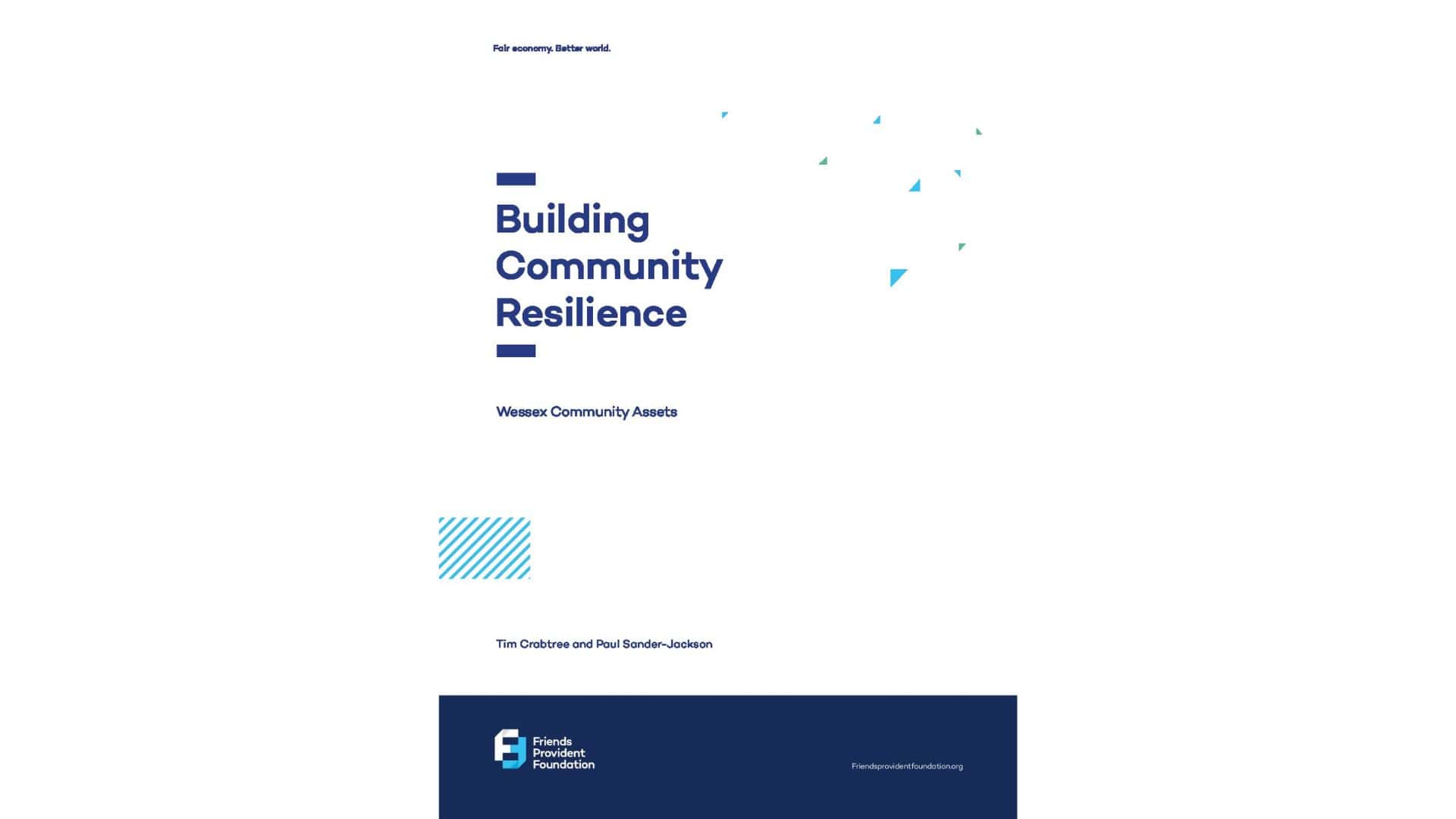
Resource
Building Community Resilience
This report explores how community benefit societies can support the shift towards a more resilient, sustainable and fairer economic system.

Blog
Tackling the drivers of wealth inequality
We need a Citizens’ Wealth Fund so everyone shares in economic growth, says Carys Roberts from IPPR
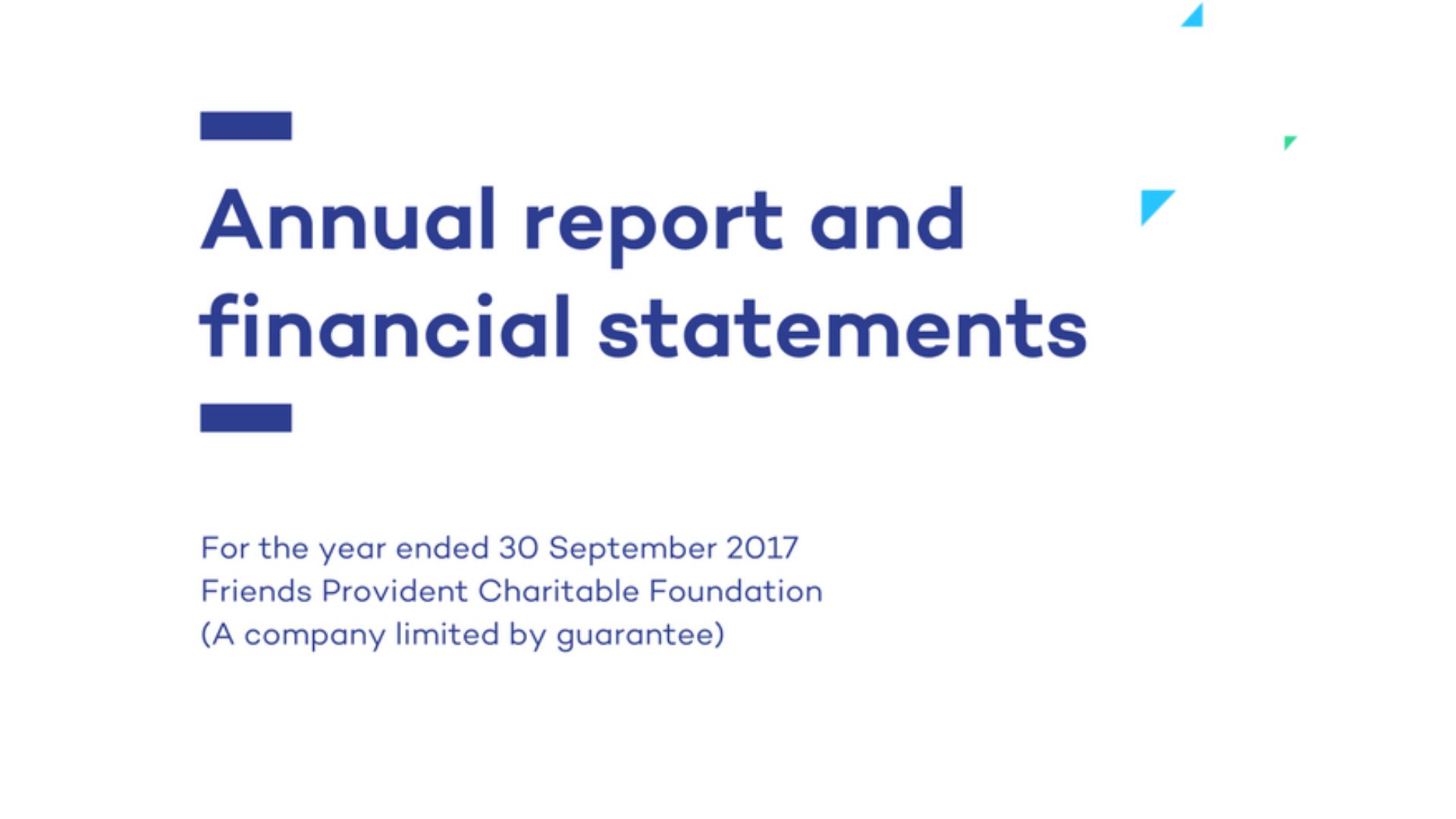
Annual Report
Report & Financial Statements 2016-2017

Blog
A food and farming system that’s ‘best in show’
What does a future-proof farming and food economy look like?

Blog
Journalist Fellowship 2018
The Friends Provident Foundation Journalist Fellowship 2018 reflects the Foundation’s ongoing commitment to support new ideas about how we can build a fair and more resilient economy to drive a better world.

Blog
A new partnership begins
Friends Provident Foundation and New Philanthropy Capital are now working in partnership to evaluate the foundation’s Building Resilient Economies programmeme and its wider impact.

Blog
Switching millennials on to saving
A newly published report by ShareAction, Switching millennials on to saving, draws together arguments about the need to tackle low levels of saving.
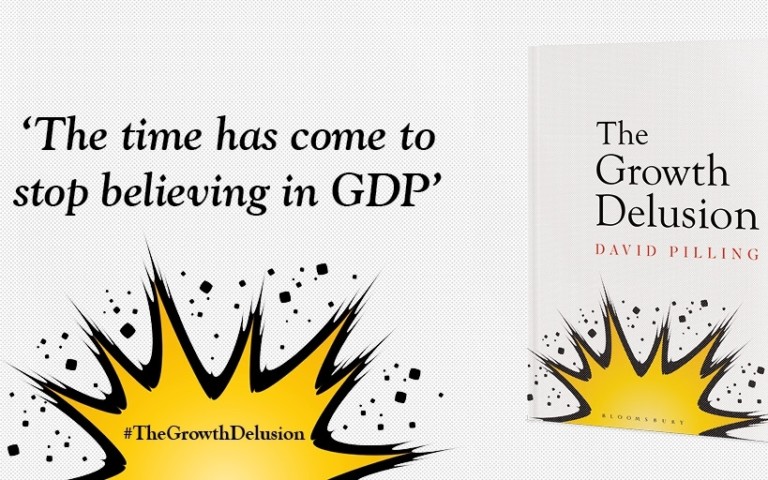
Blog
A revelatory and entertaining book
A revelatory and entertaining book about the pitfalls of how we measure our economy and how to correct them, has been published.

Blog
A first for the UK
Mean Moor Community Wind Farm in Cumbria is thought to be the first wind farm in the country to be transferred to community ownership from a commercial developer.

Blog
Setting the bar higher
Danielle Walker Palmour explains how a determination to use all of Friends Provident Foundation’s resources in pursuit of its mission.

Blog
Making the case for building local economies
Centre for Local Economic Strategies

Blog
Moving Beyond Neoliberalism
As part of the recent Festival of New Economic Thinking, we supported the launch of Michael Jacobs and Laurie Laybourn-Langton’s thought provoking report Moving Beyond Neoliberalism.

Resource
Gridlock in UK Power Markets: How Big Six capture of the regulatory process poses investor risk
This report examines energy utilities and risks arising from the market transition to decarbonisation, decentralisation and democratisation (3Ds).
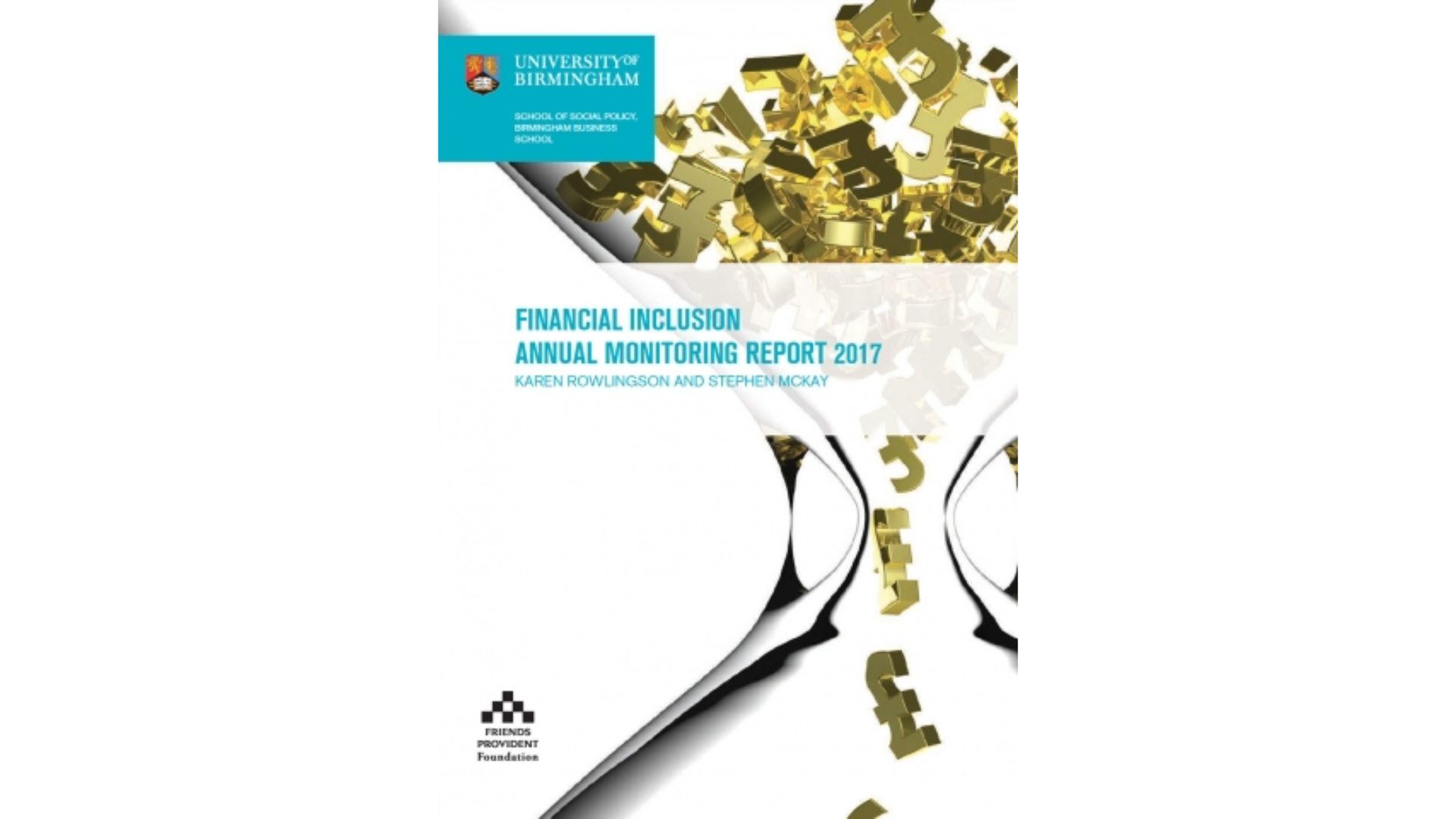
Resource
Financial Inclusion Annual Monitoring Report 2017
This report is the last in a series of five annual monitoring reports commissioned to monitor progress towards or away from financial inclusion in Britain.

Resource
Wise Minds: The energy transition and large utilities
The UK energy system is in flux. It is changing more quickly – and more fundamentally – than at any point since the Industrial Revolution.
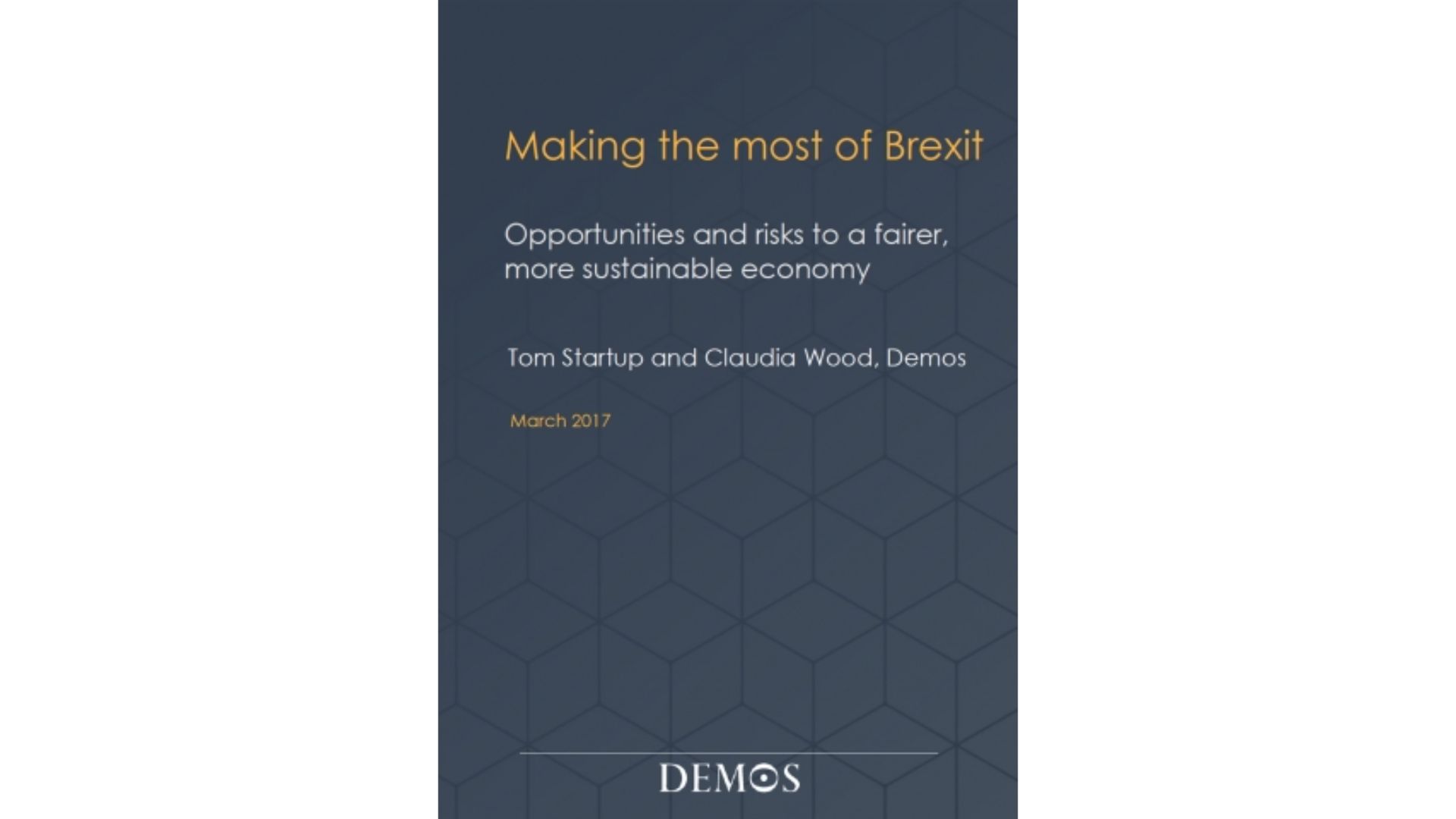
Resource
Making the Most of Brexit
The UK’s decision to leave the EU creates both opportunities and risks in both the process of negotiation and the outcomes for the UK.
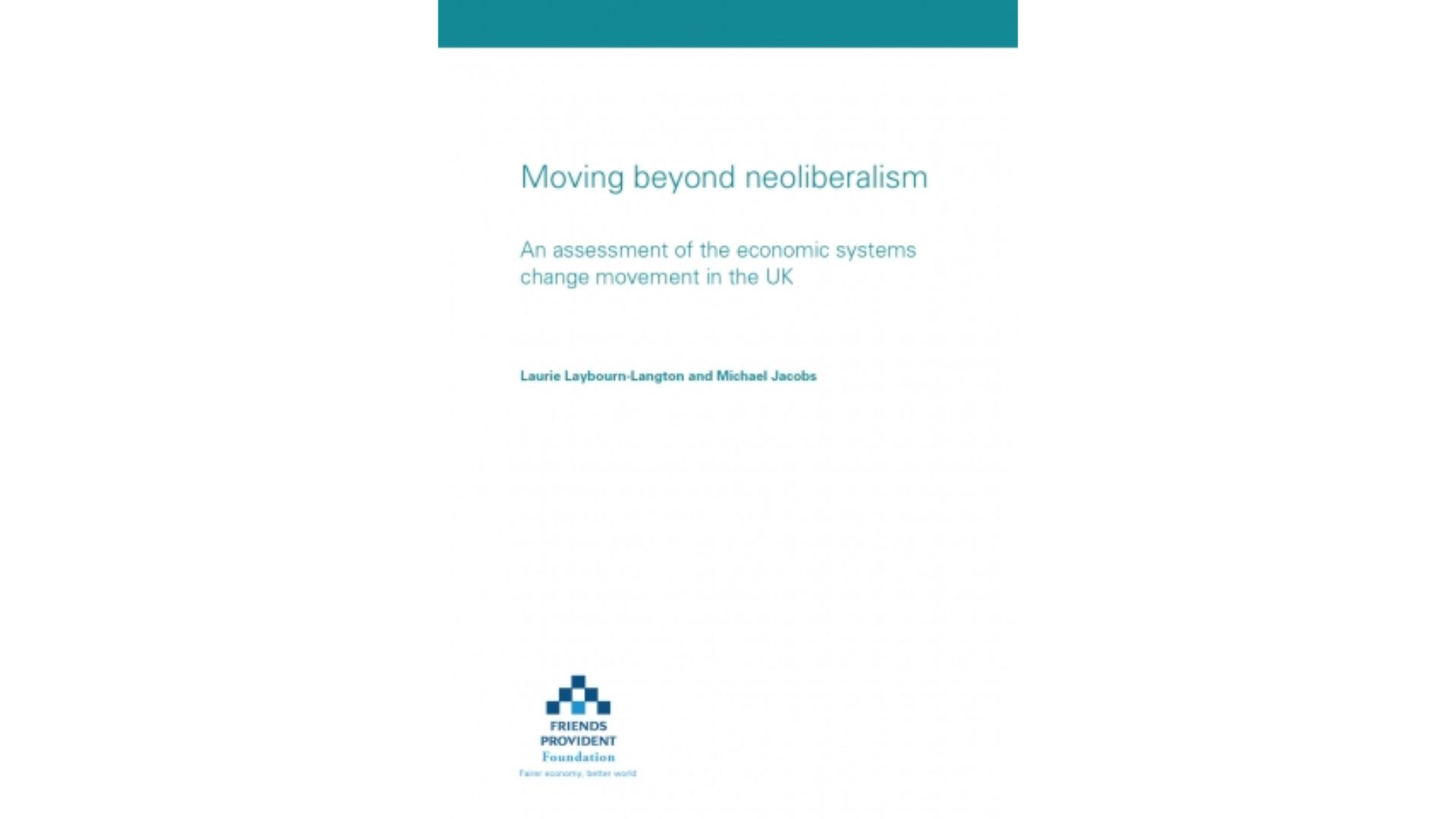
Resource
Moving beyond neoliberalism
Neoliberalism – the set of socioeconomic ideas and policies which have dominated public life over the last 40 years – has failed.
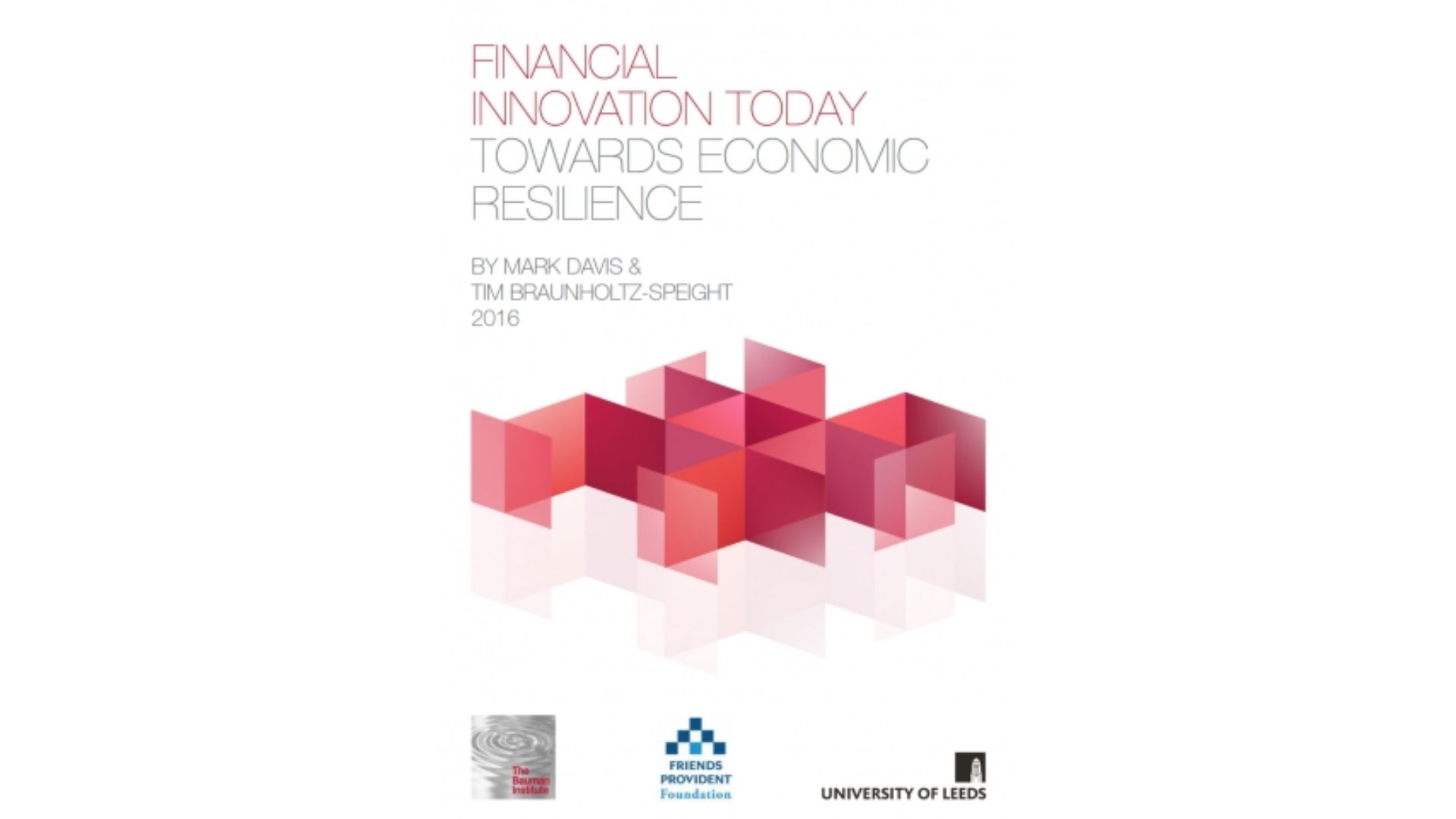
Resource
Financial Innovation Today, Toward Economic Resilience
We are at the threshold of a cultural war over the meaning of money.
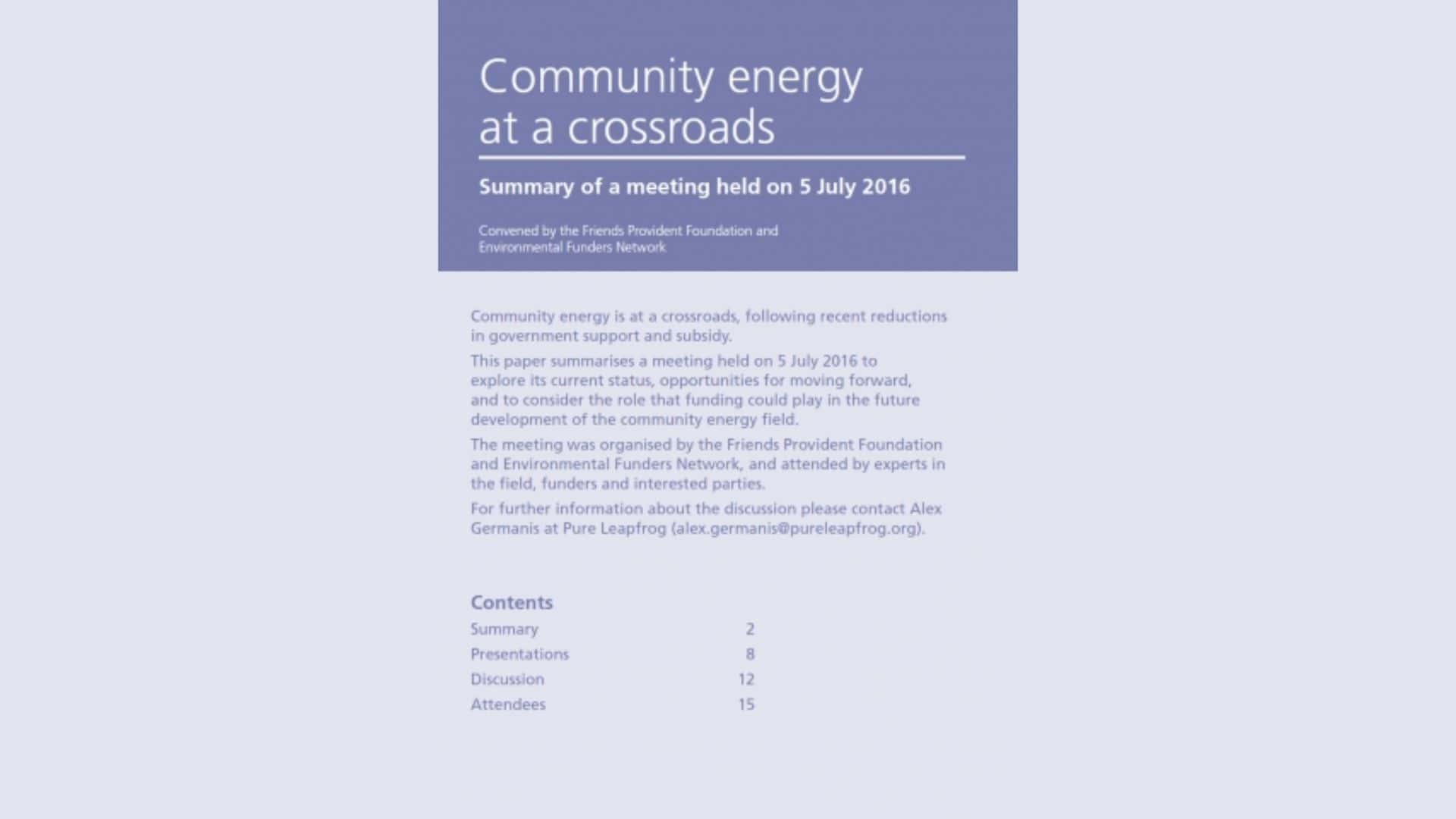
Resource
Community Energy at a Crossroads
Community energy is at a crossroads, following recent reductions in government support and subsidy.
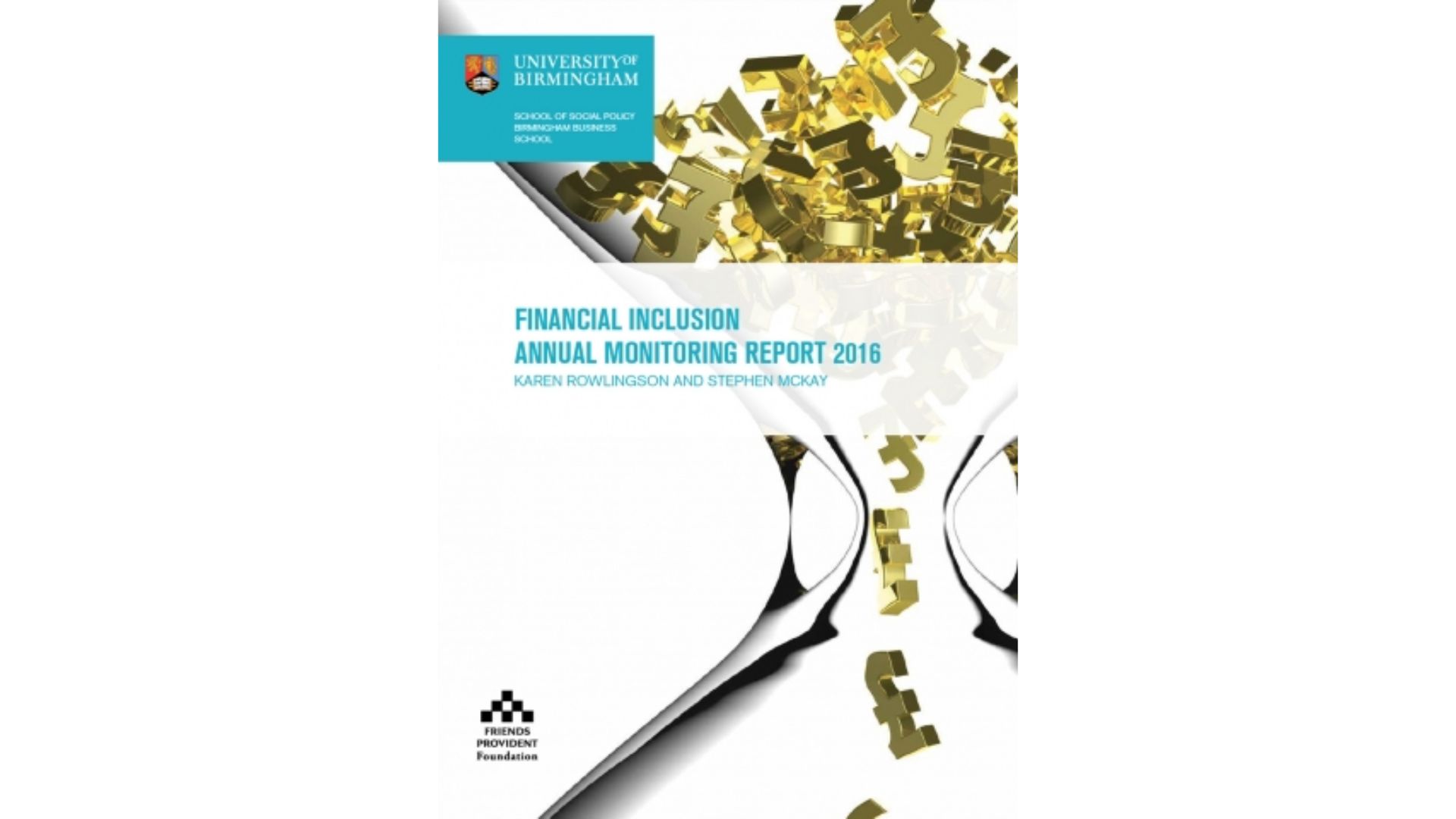
Resource
Financial Inclusion Annual Monitoring Report 2016
This report is the fourth in a series of five annual monitoring reports commissioned to monitor progress towards or away from financial inclusion in Britain.
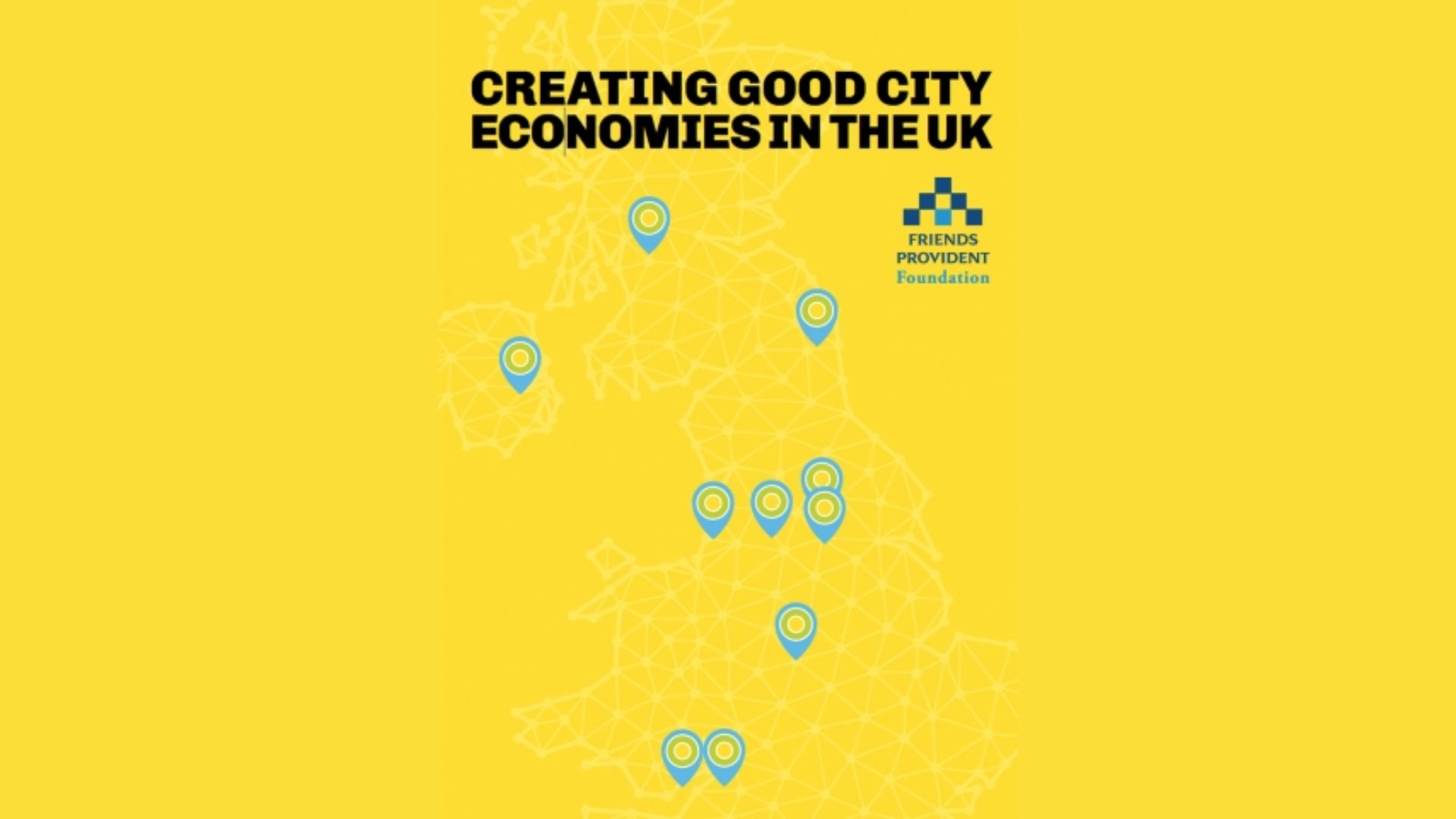
Resource
Creating Good City Economies in the UK
In 2015 the Friends Provident Foundation awarded funding to the Centre for Local Economic Strategies and the New Economics Foundation.

Annual Report
Report & Financial Statements 2015-2016

Blog
The UK’s burgeoning alternative finance industry
A new report into the UK’s burgeoning alternative finance industry is calling on the Government to underwrite consumers’ investments in the sector in a bid to encourage wider participation.

Blog
Global investors sign letter to the G20
Friends Provident Foundation has joined with a range of global investors in signing a letter to the G20 in support of the adoption of the Paris Agreement in December 2015.

Blog
Journalist Fellowship Announced
Friends Provident Foundation announces David Pilling, Africa Editor of the Financial Times, as the winner of the first 2016 Friends Provident Foundation Journalist Fellowship.

Resource
2015 Clore Social Fellows
2015 Clore Social Fellows
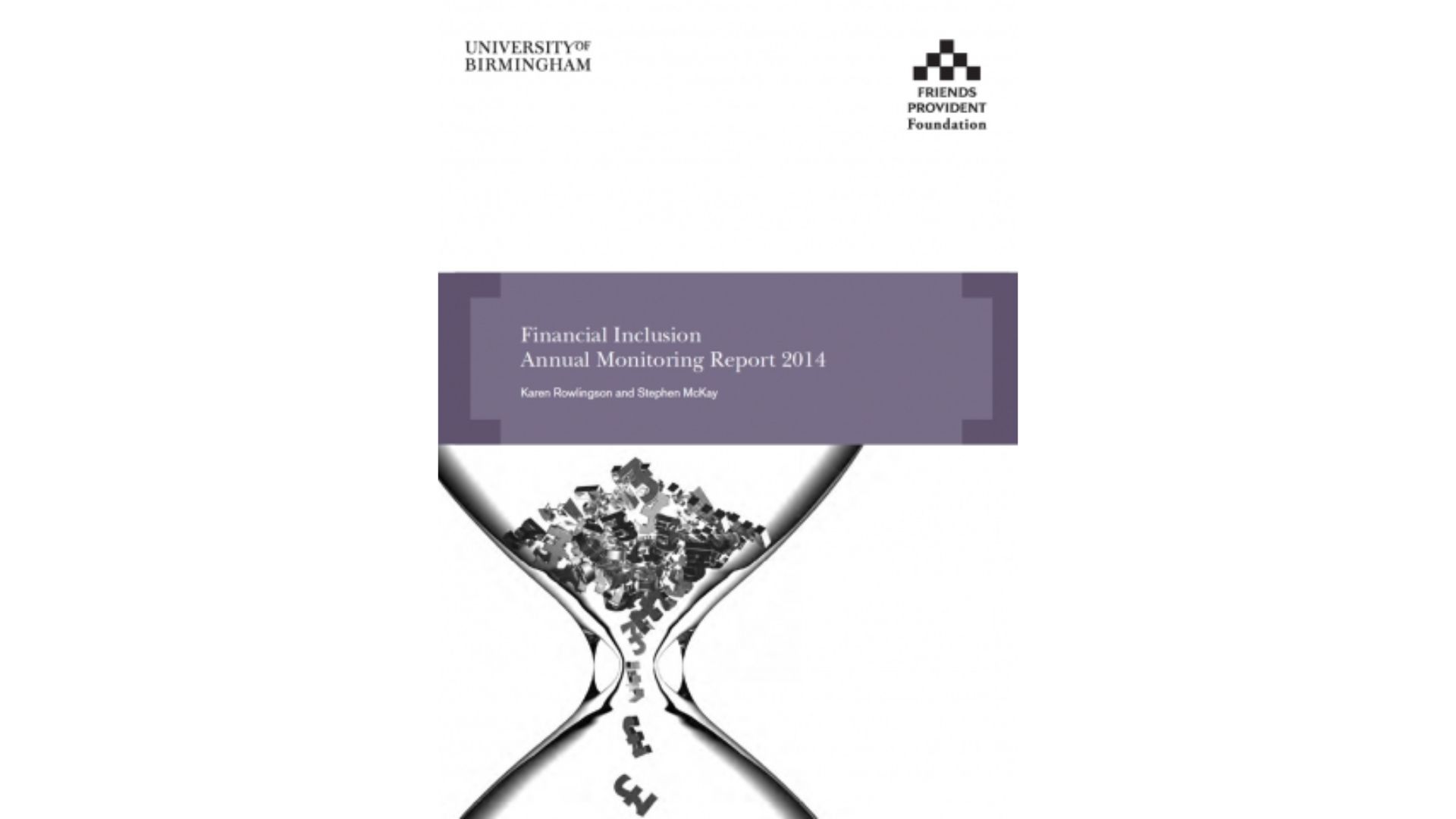
Resource
Financial Inclusion Annual Monitoring Report 2014
This report is the second in a series of five annual monitoring reports commissioned by the Friends Provident Foundation to measure changing levels of financial inclusion in Britain.
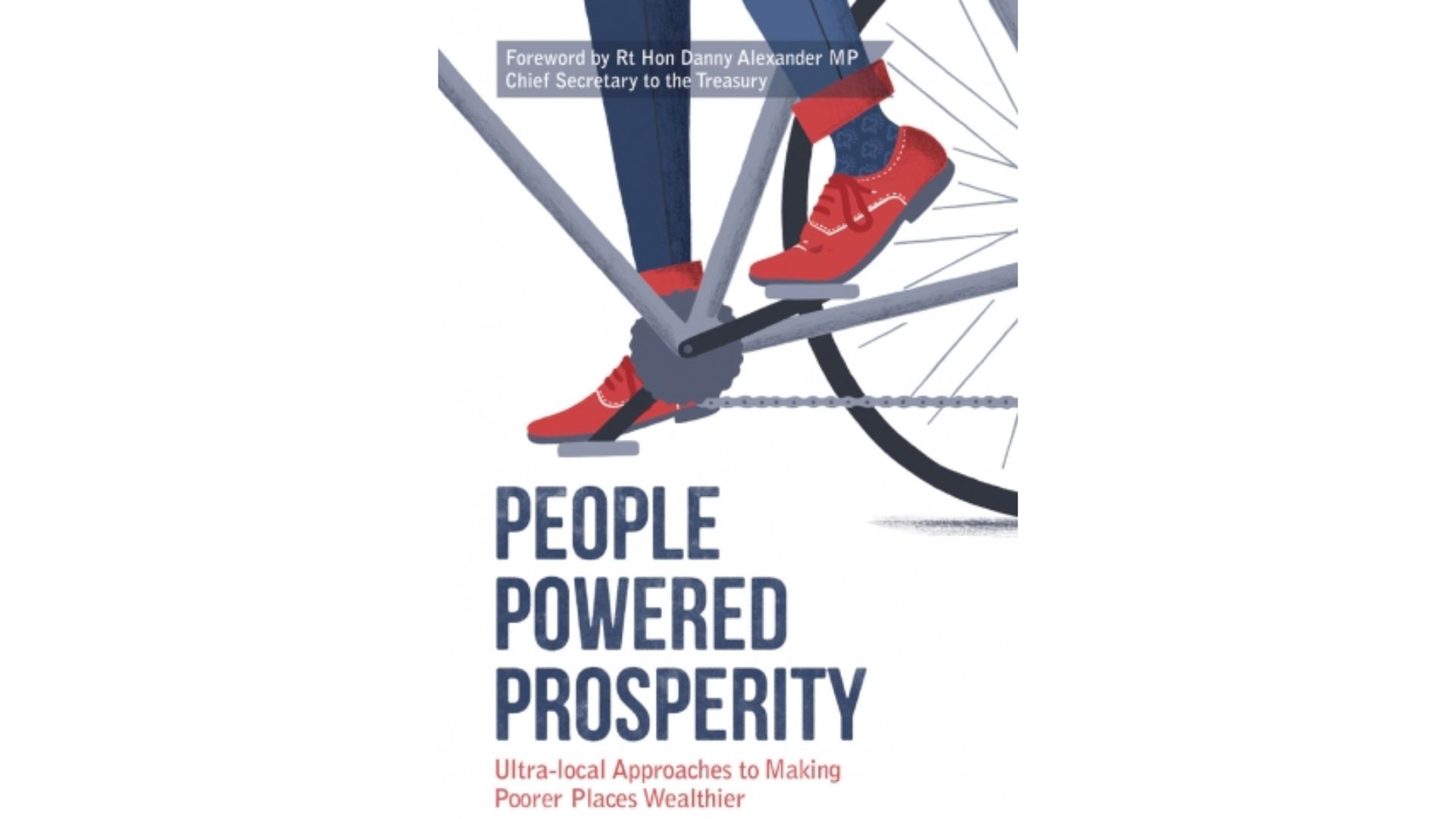
Resource
People Powered Prosperity: Ultra-local Approaches to Making Poorer Places Wealthier
Can we find economic techniques which cities can use effectively to tackle their own market failures – and release their own wasted economic potential – and if so, why hasn’t this happened already?
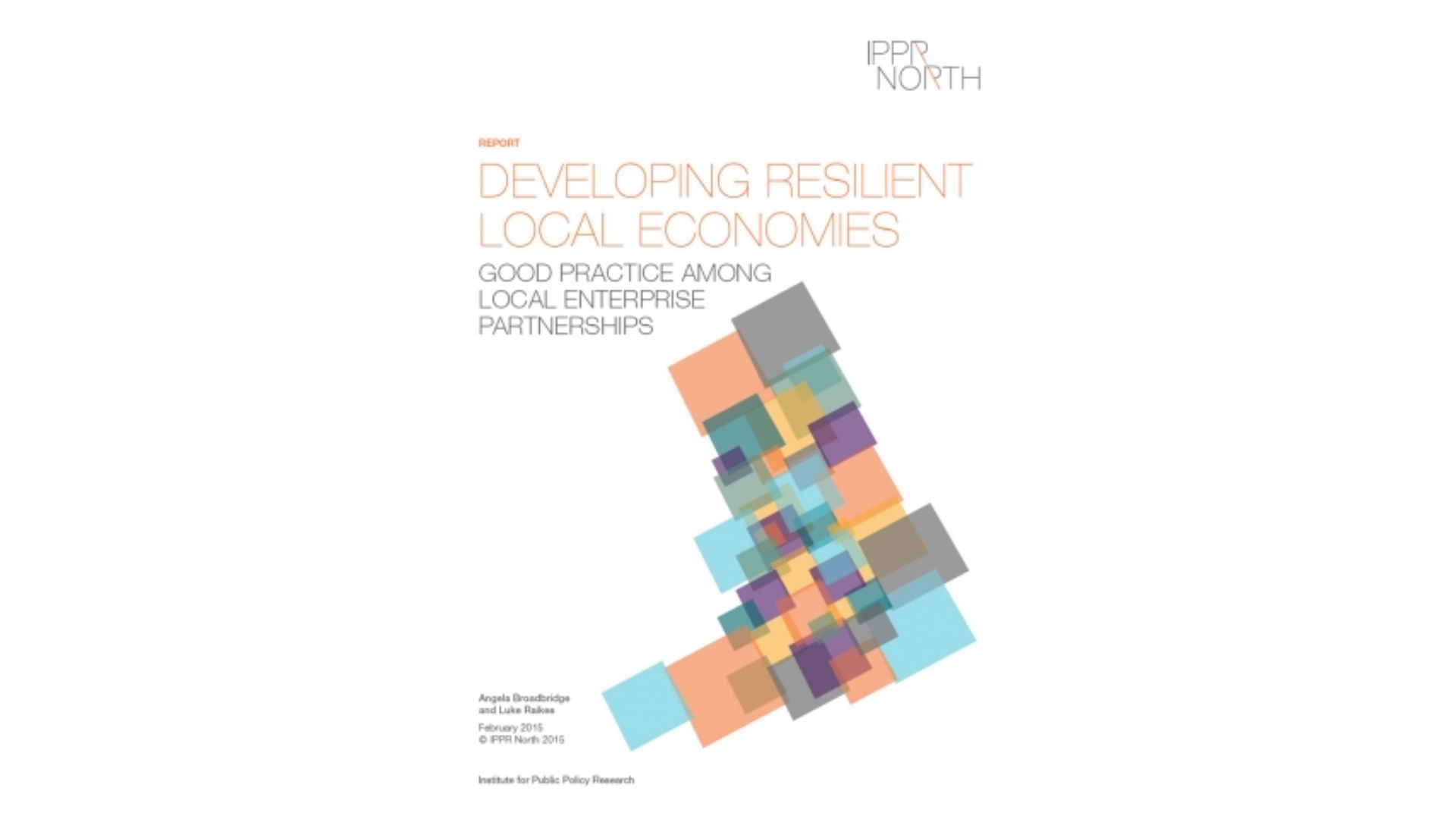
Resource
Developing resilient local economies: good practice among local enterprise partnerships
Our project builds upon emerging thinking about the kind of post-recession economy we are building in Britain, and the kind of economic growth that we are seeking to achieve.
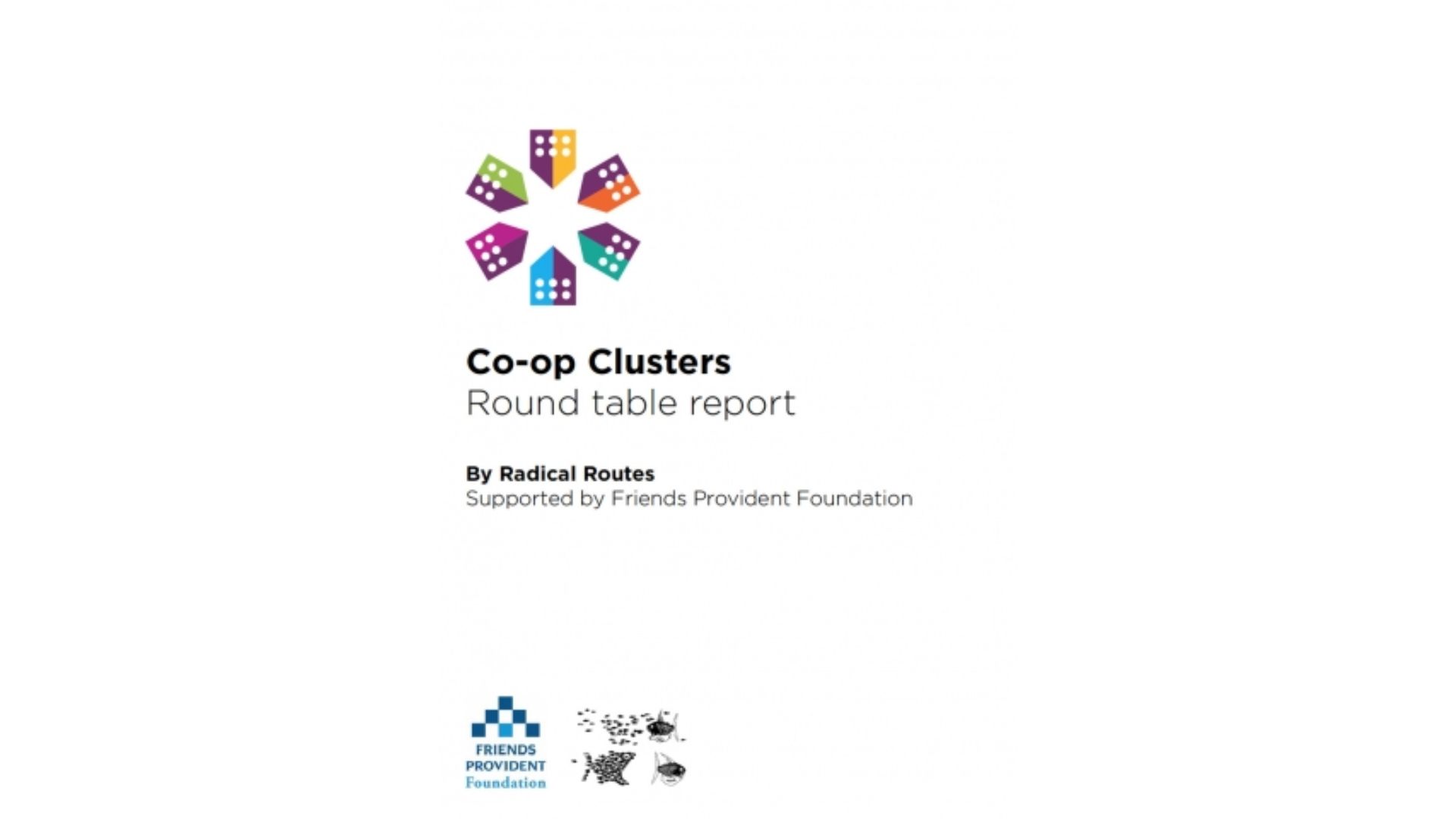
Resource
Co-op Clusters
This report presents findings from research conducted into the problems restricting the growth of co-operative housing.
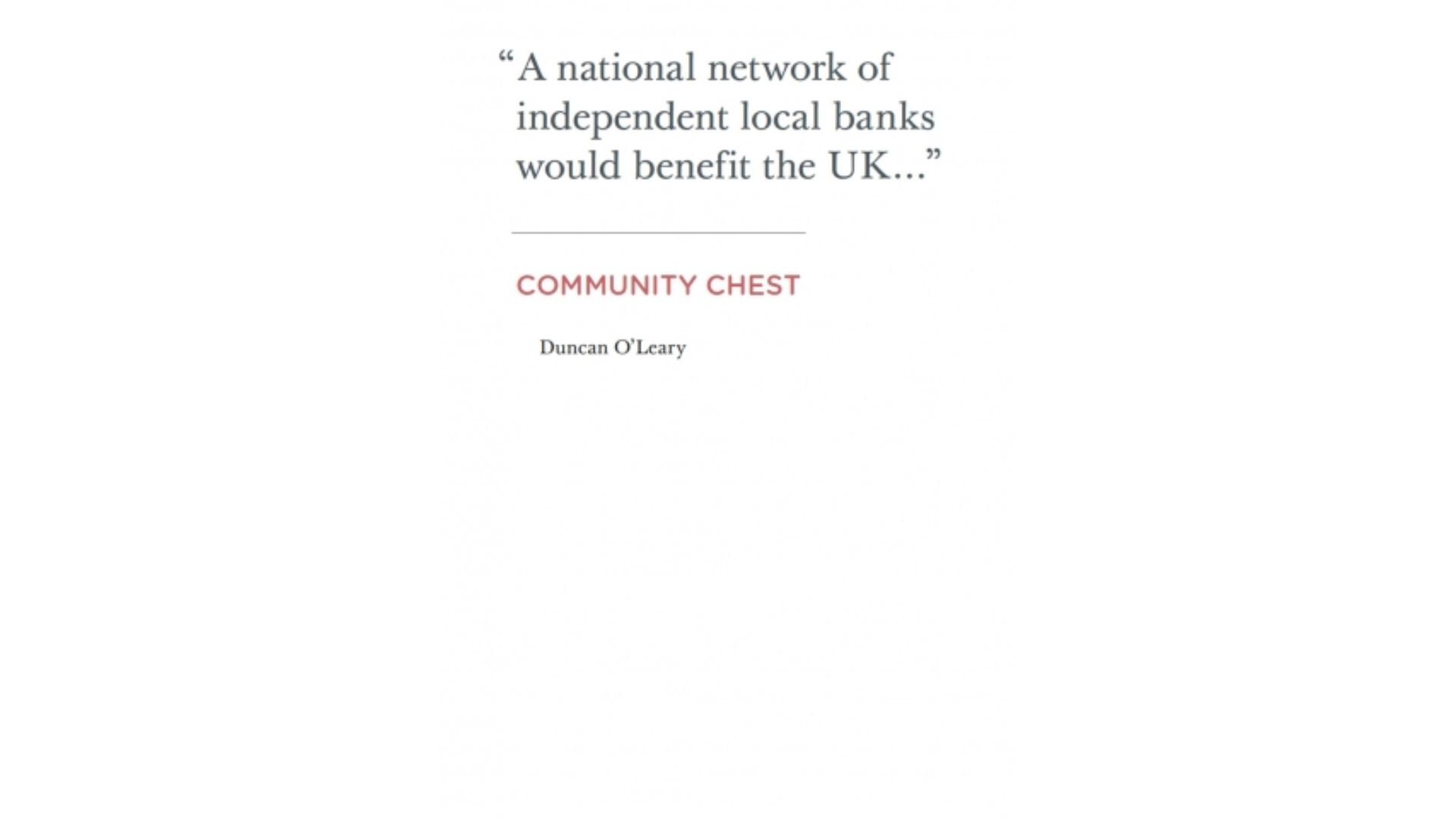
Resource
Community Chest
The UK’s economy is unbalanced in two ways.
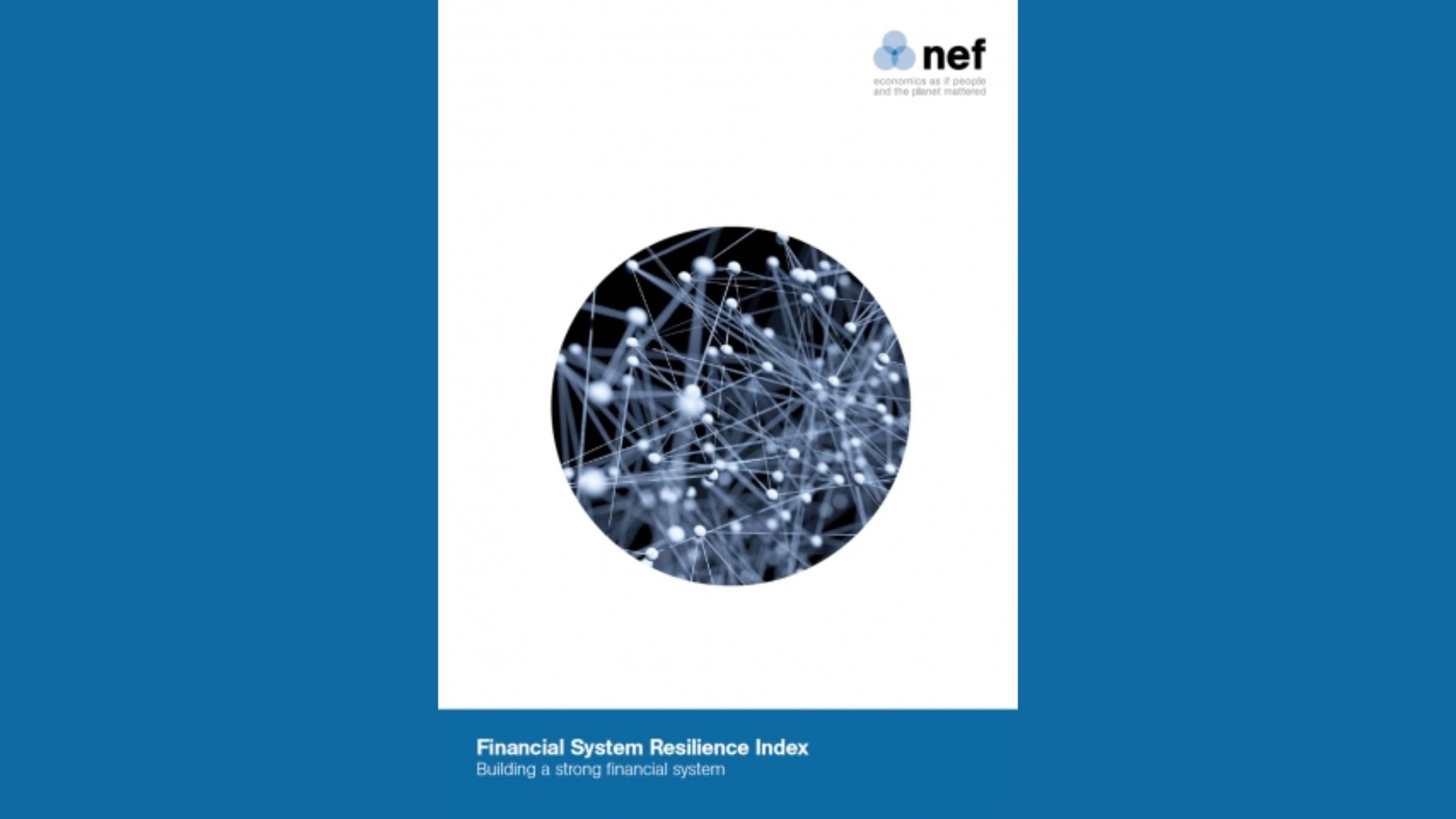
Resource
Financial System Resilience Index
This report on resilience in financial systems, from the New Economics Foundation, richly repays reading.
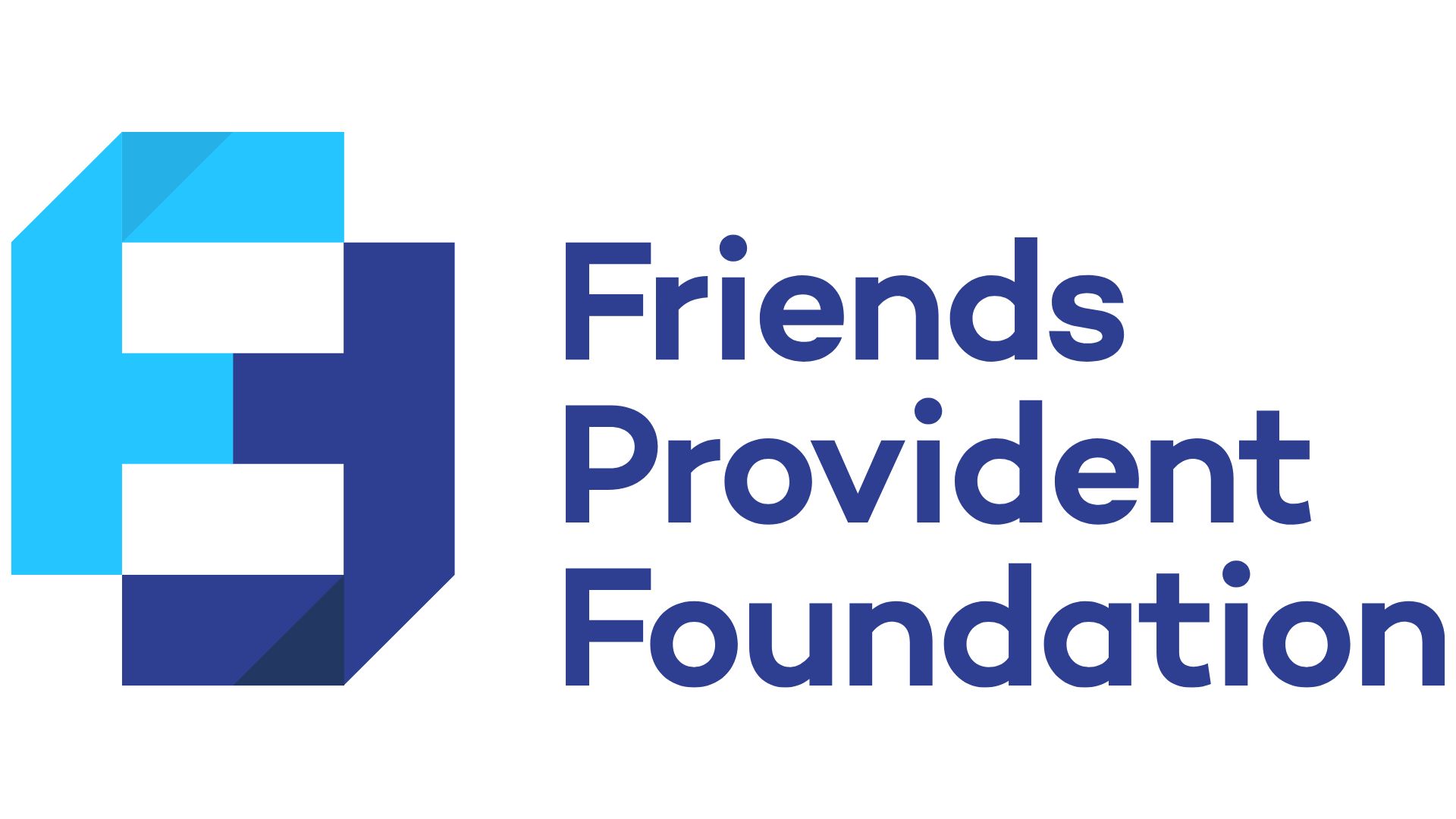
Resource
Resilient economies video wall
The specific question we posed to them was: “What would you do if you had a million pounds to build a more resilient economy?” The video wall below showcases their responses …
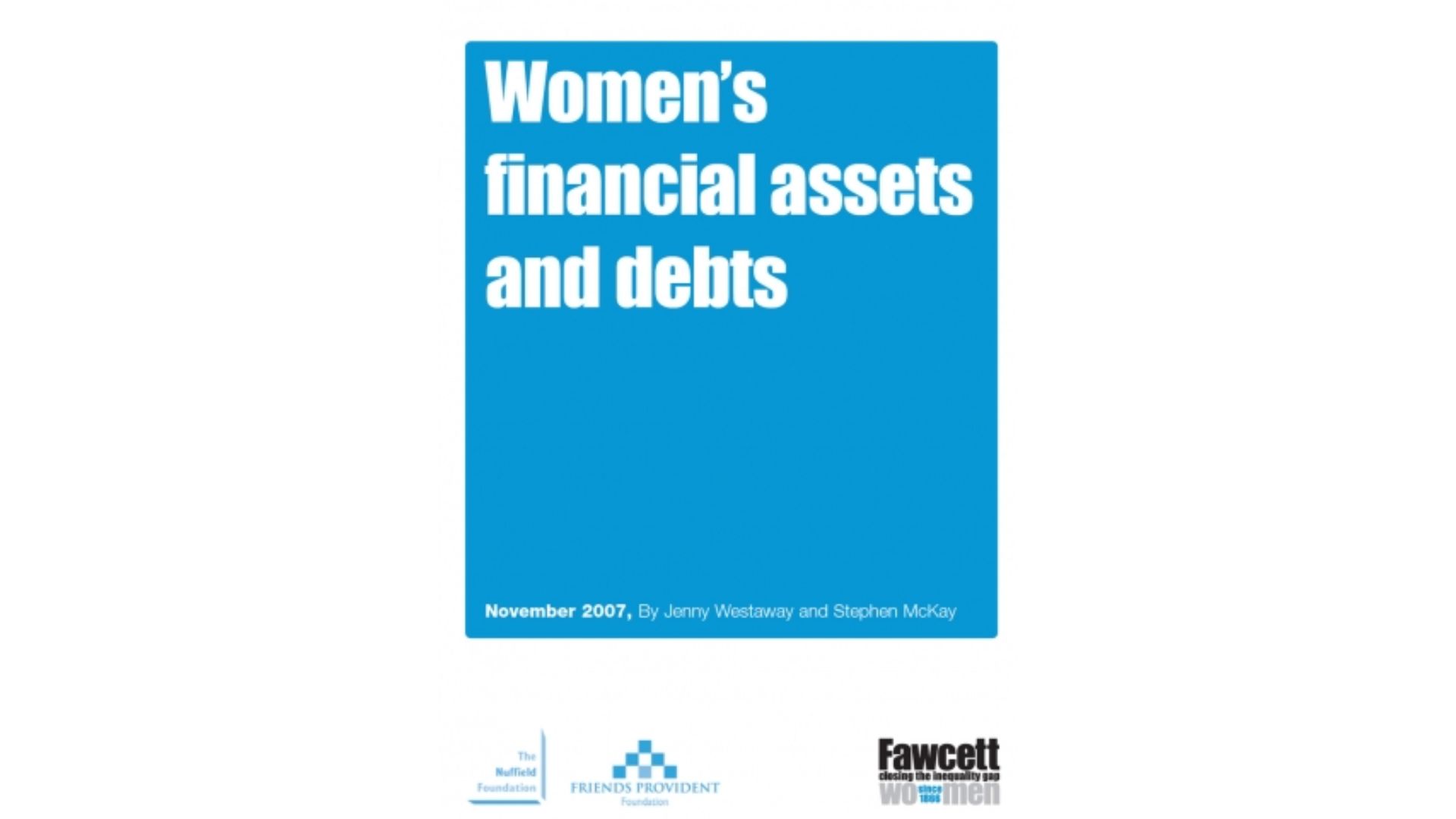
Resource
Women’s financial assets and debts
Fawcett launched a new project in March 2006 to plug gaps in understanding of the differences between women’s and men’s financial assets and debt.
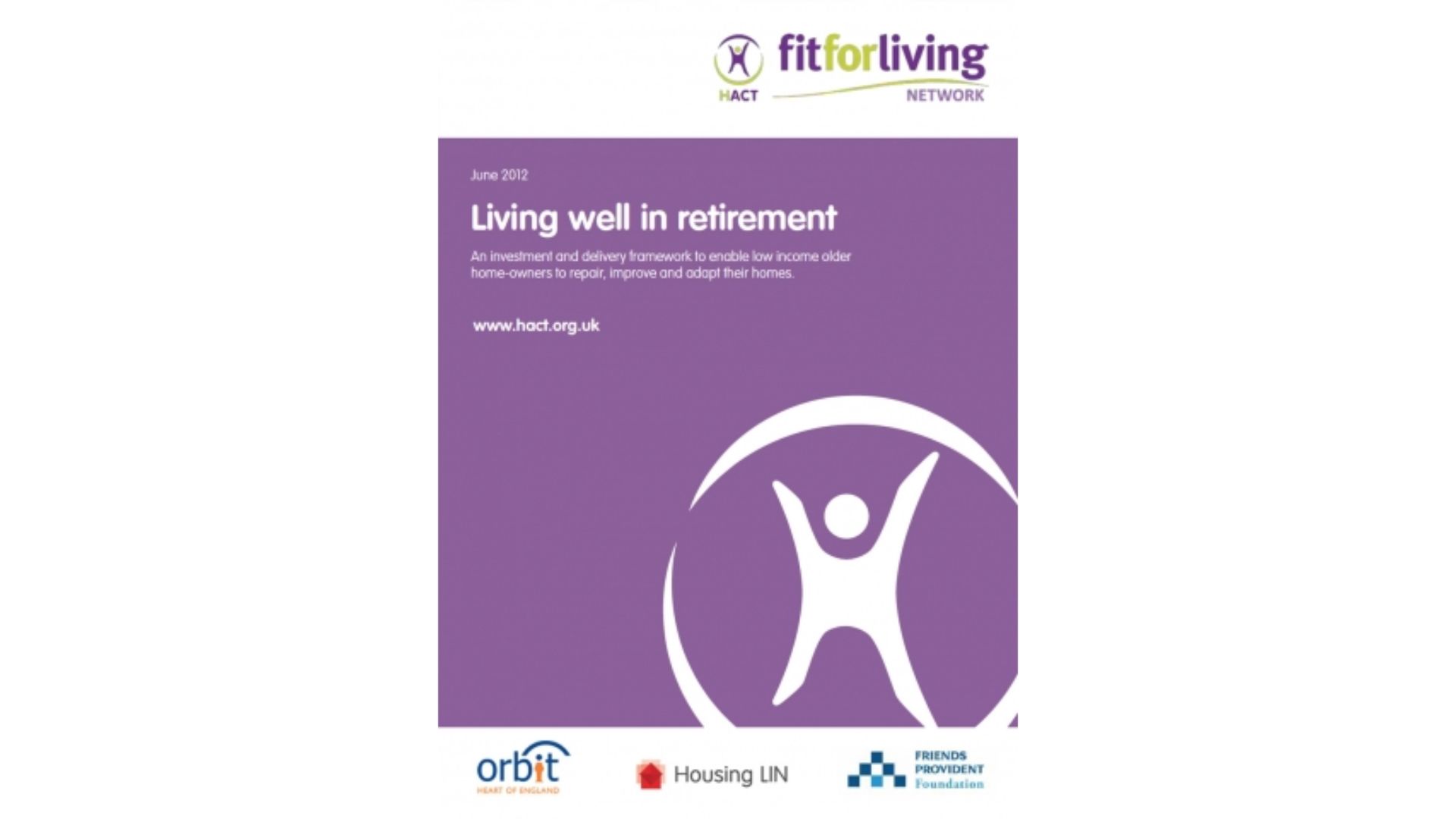
Resource
Living well in retirement
An investment and delivery framework to enable low income older home-owners to repair, improve and adapt their homes.
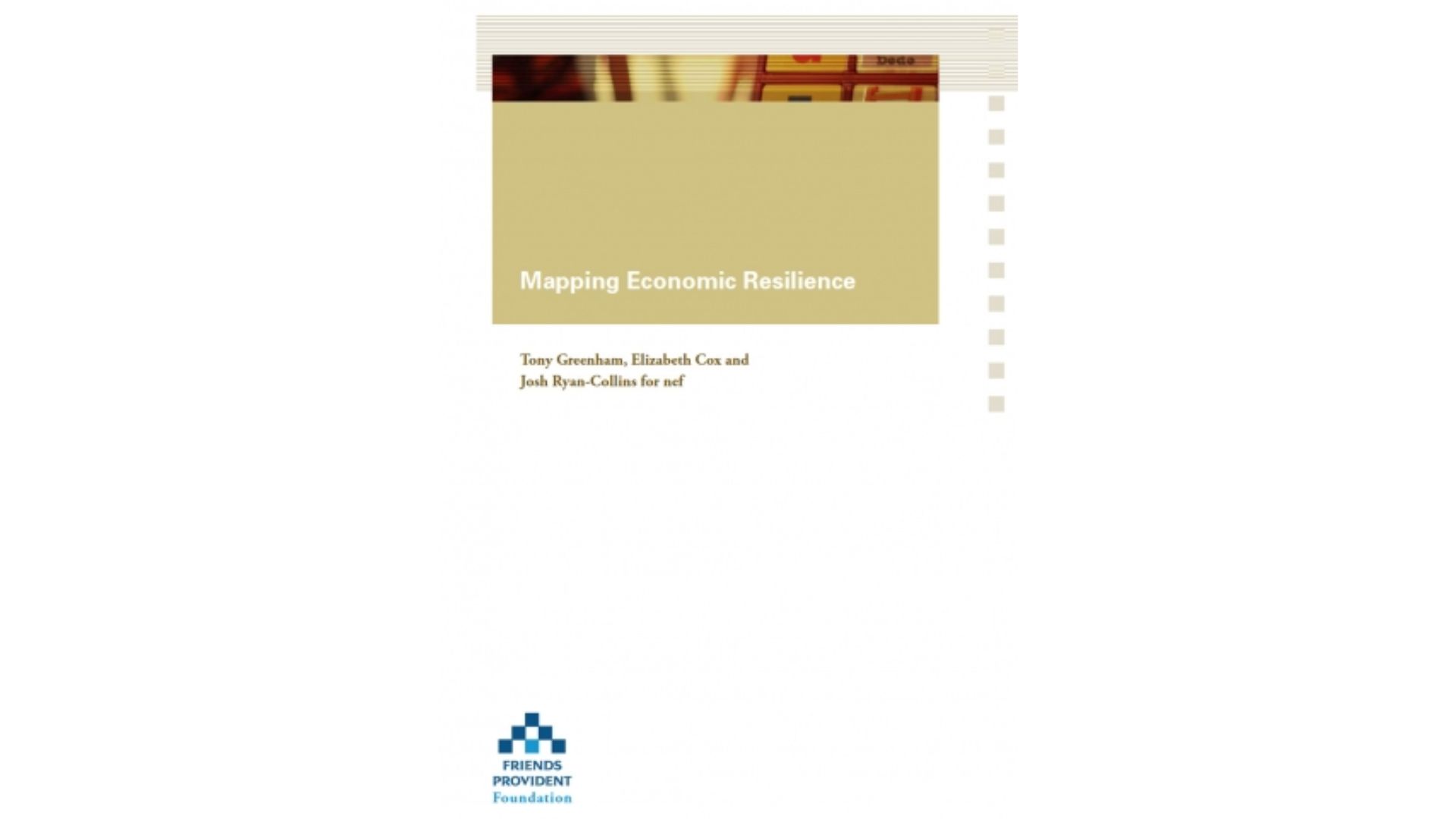
Resource
Mapping Economic Resilience
This report was compiled for Friends Provident Foundation by nef to assist its development of a new social change programmeme.
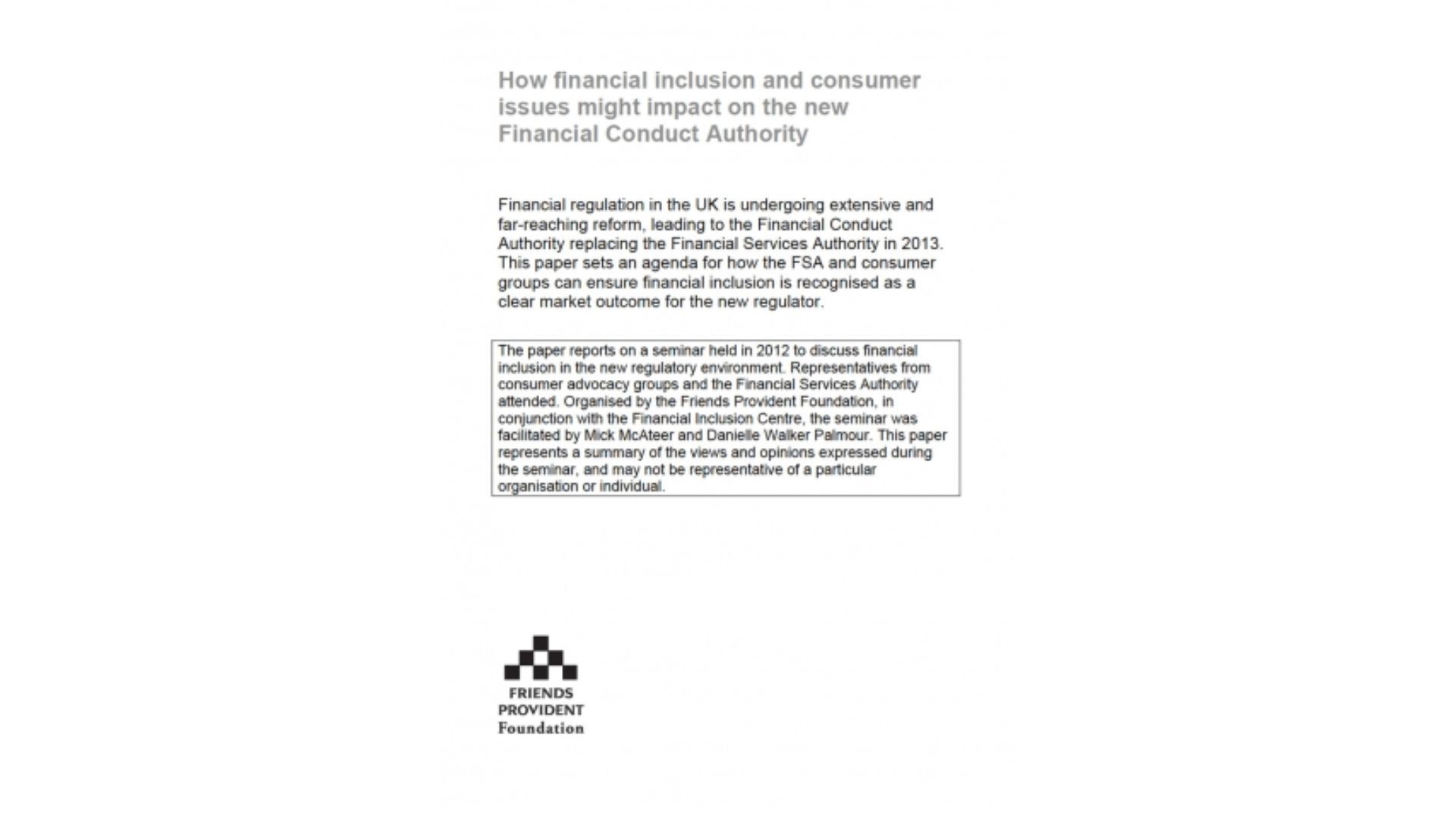
Resource
How financial inclusion and consumer issues might impact on the new Financial Conduct Authority
The paper reports on a seminar held in 2012 to discuss financial inclusion in the new regulatory environment.
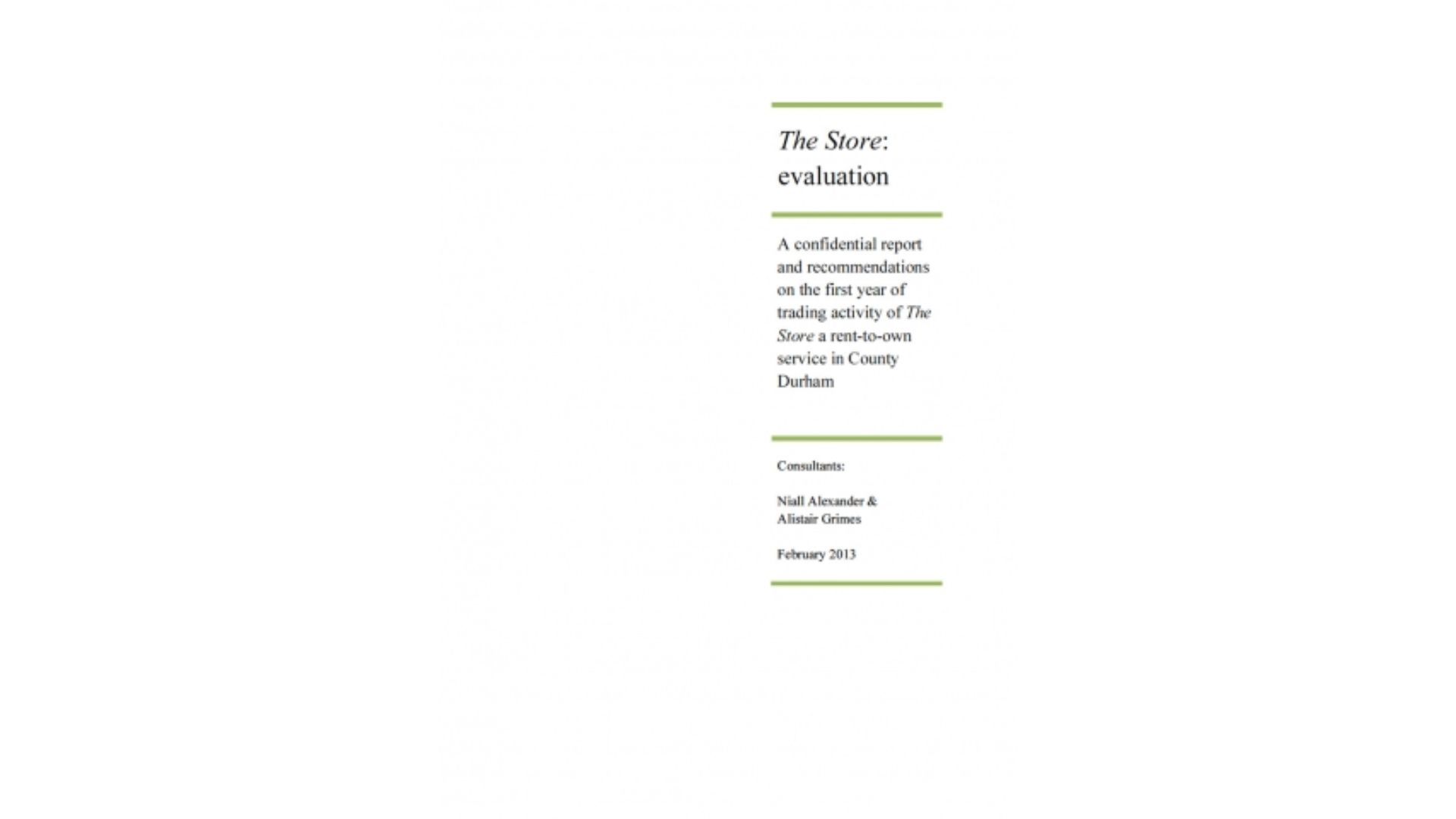
Resource
The Store: evaluation
Funders and stakeholders wanted to assess the sustainability of the rent-to-own model developed by The Store social enterprise in Stanley, Co. Durham.
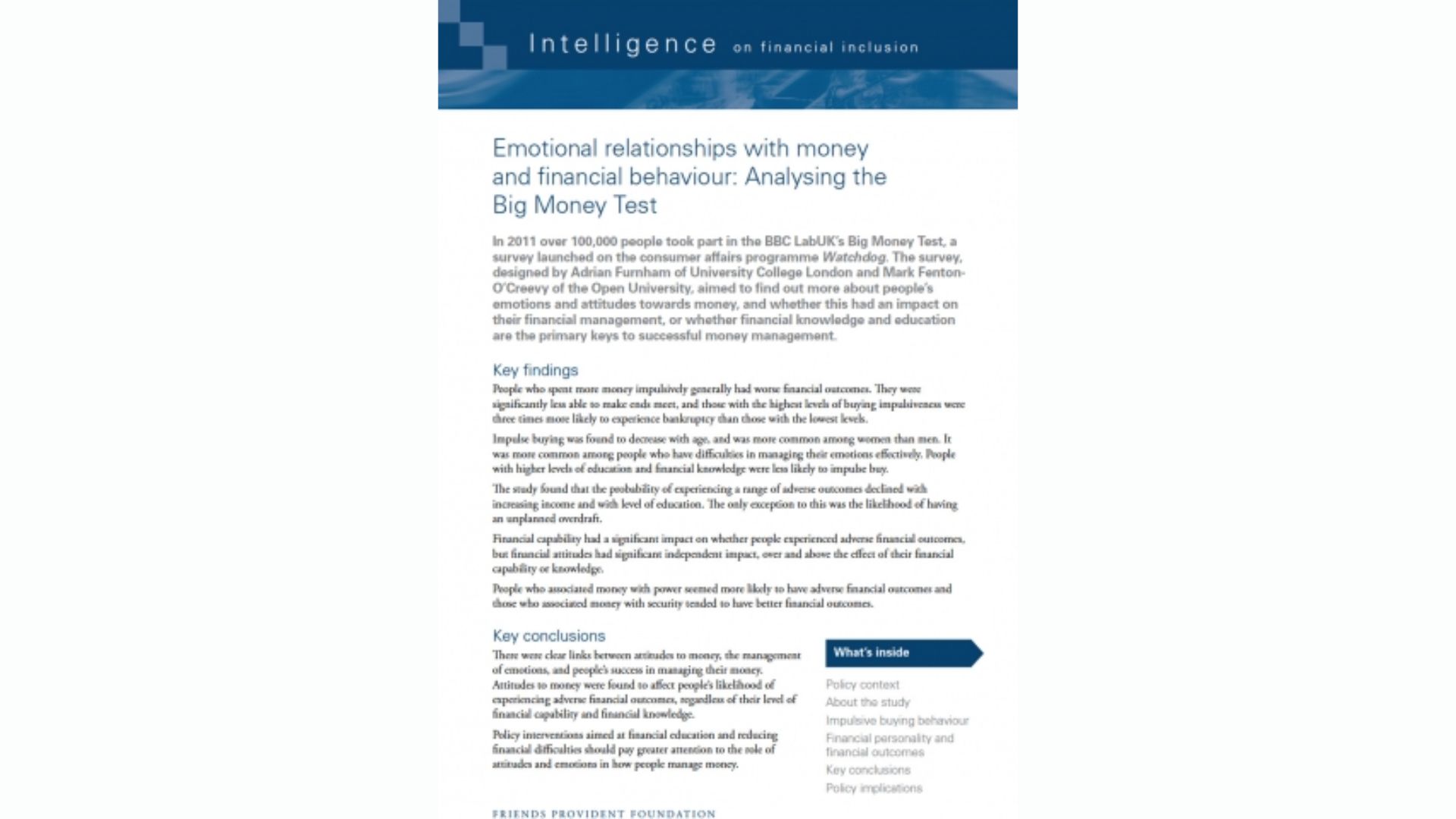
Resource
Emotional relationships with money and financial behaviour: Analysing the Big Money Test
In 2011 over 100,000 people took part in the BBC LabUK’s Big Money Test, a survey launched on the consumer affairs programmeme Watchdog.
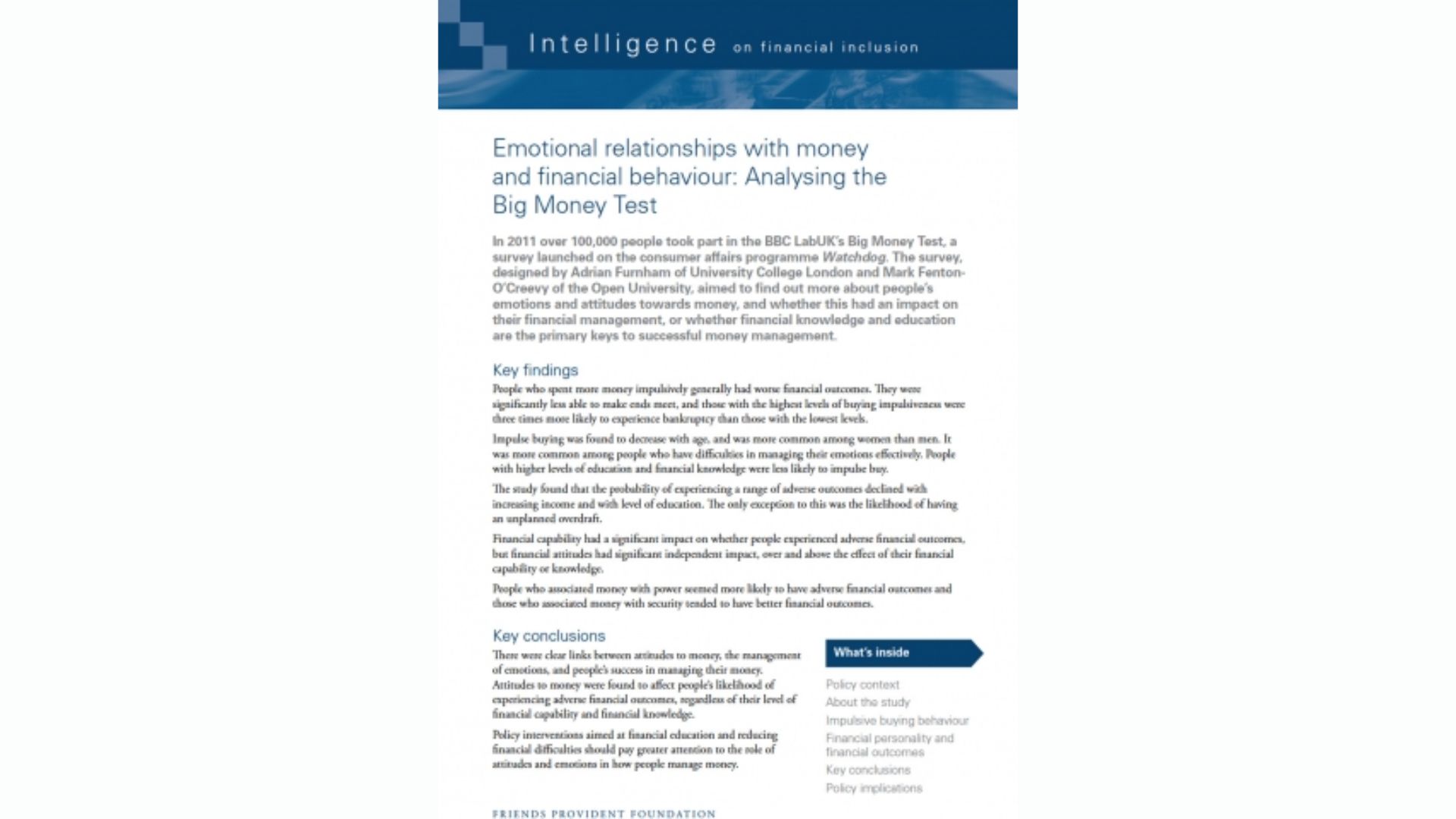
Resource
How much does ‘free banking’ cost?
This assessment is important and topical due to rising international regulatory disapproval of the pricing methods.
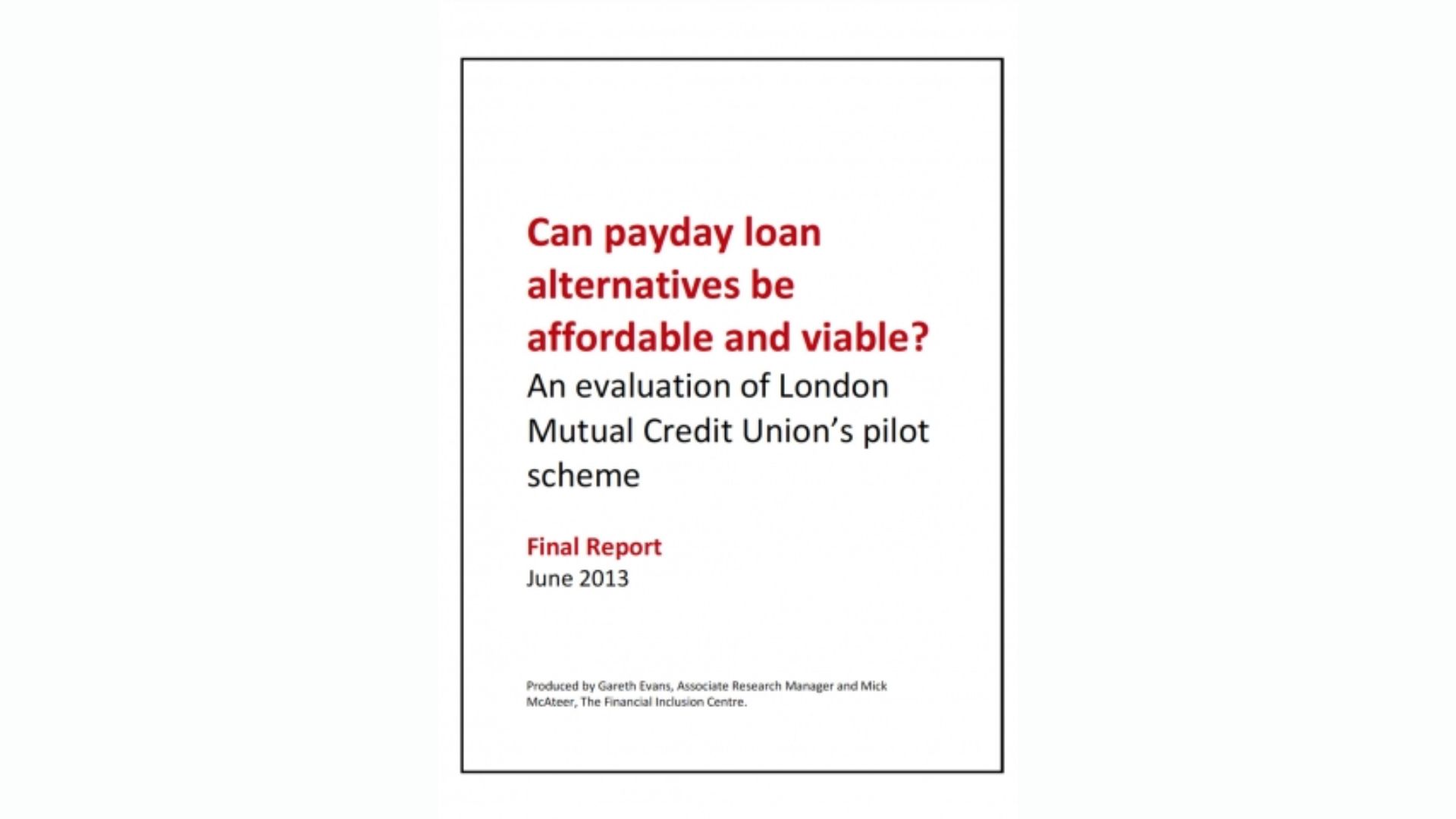
Resource
Can payday loan alternatives be affordable and viable?
London Mutual Credit Union (LMCU) had become increasingly alarmed by the escalating and often detrimental use of costly payday loans by already overindebted households.
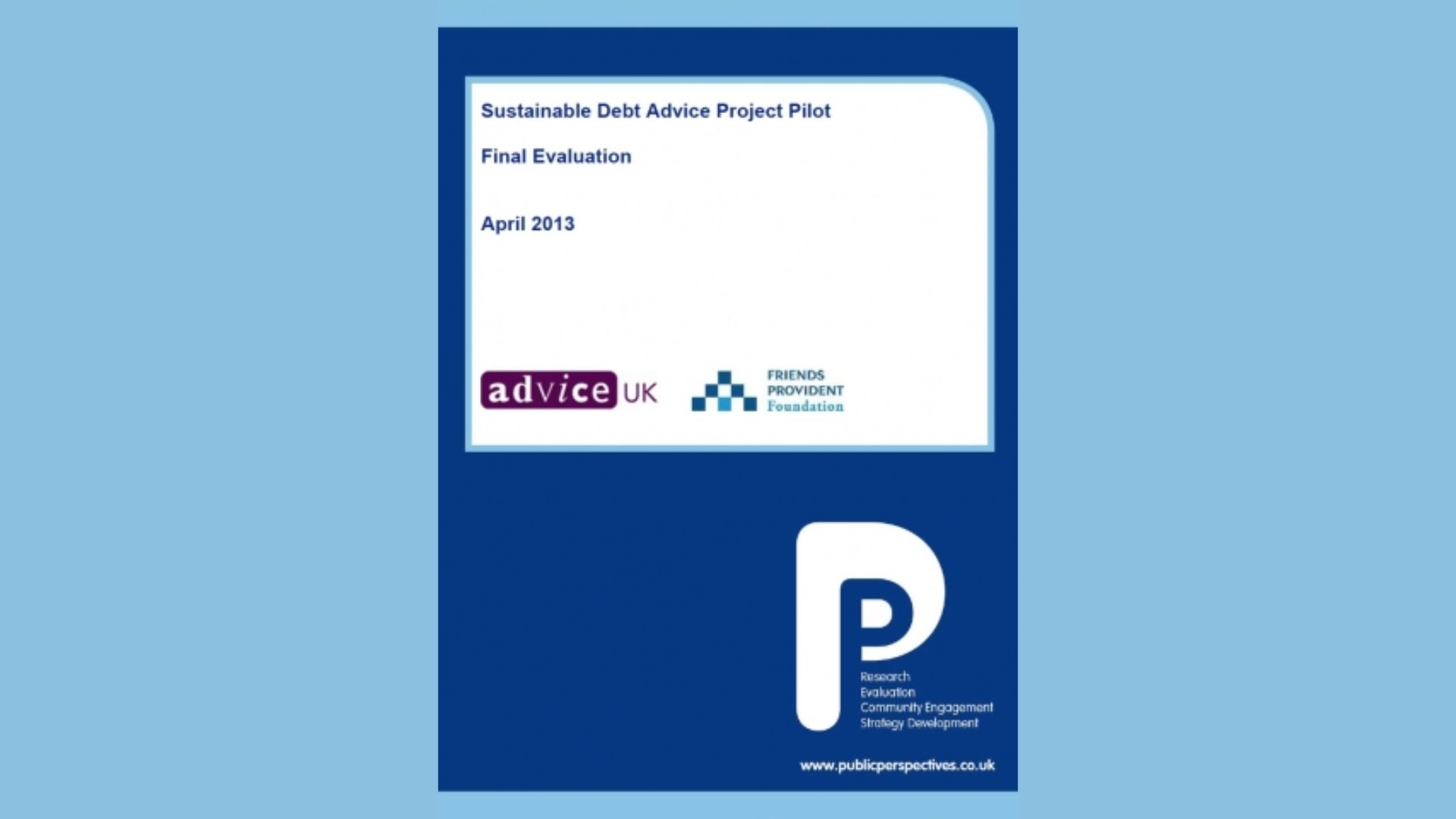
Resource
Sustainable Debt Advice Project Pilot: Final Evaluation
AdviceUK, in partnership with Payplan and ACM Solutions1, has conducted a pilot to test the viability of a sustainable debt advice model.
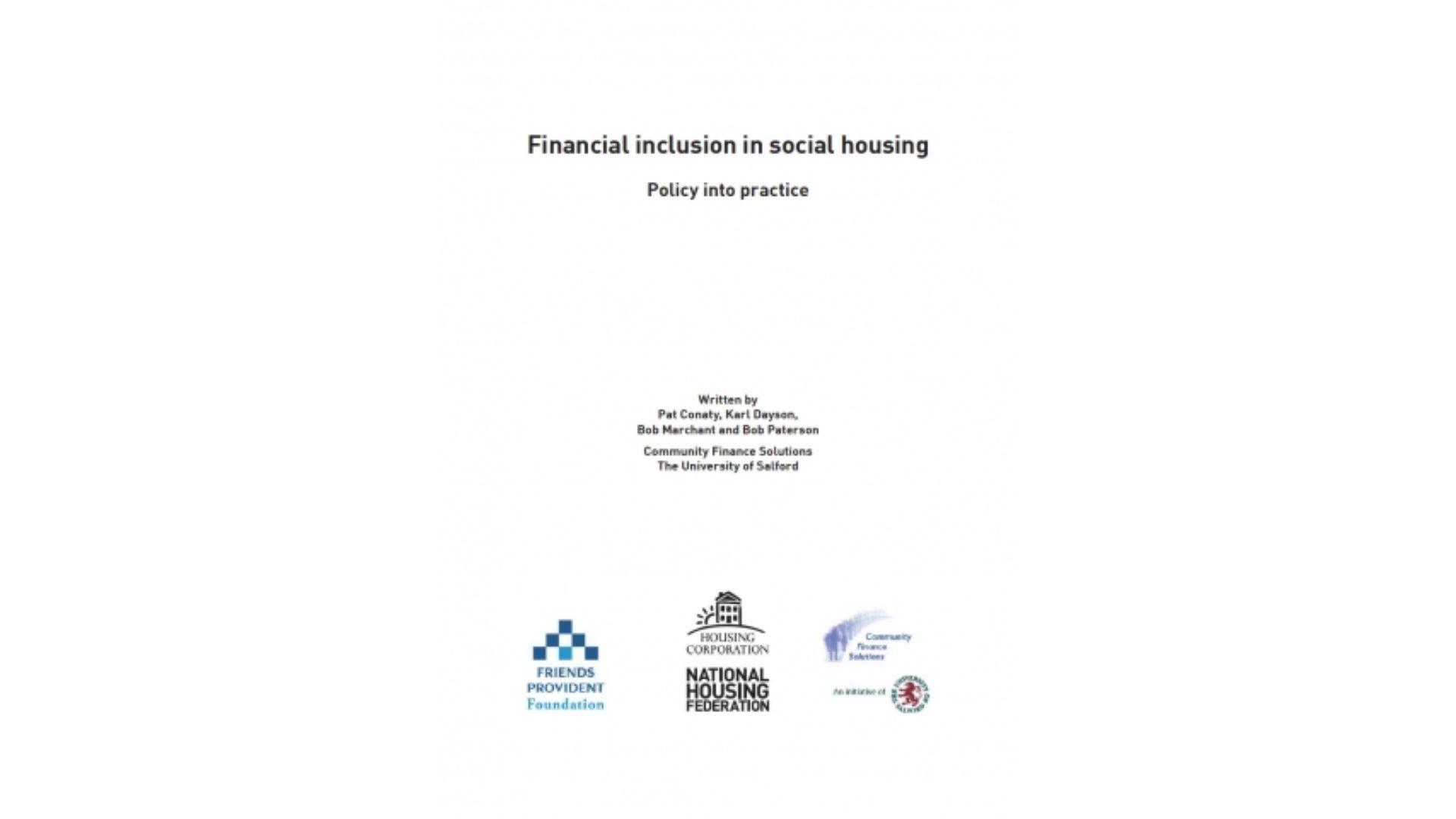
Resource
Financial inclusion in social housing: policy into practice
More than one in four households in Britain is excluded from mainstream financial services.
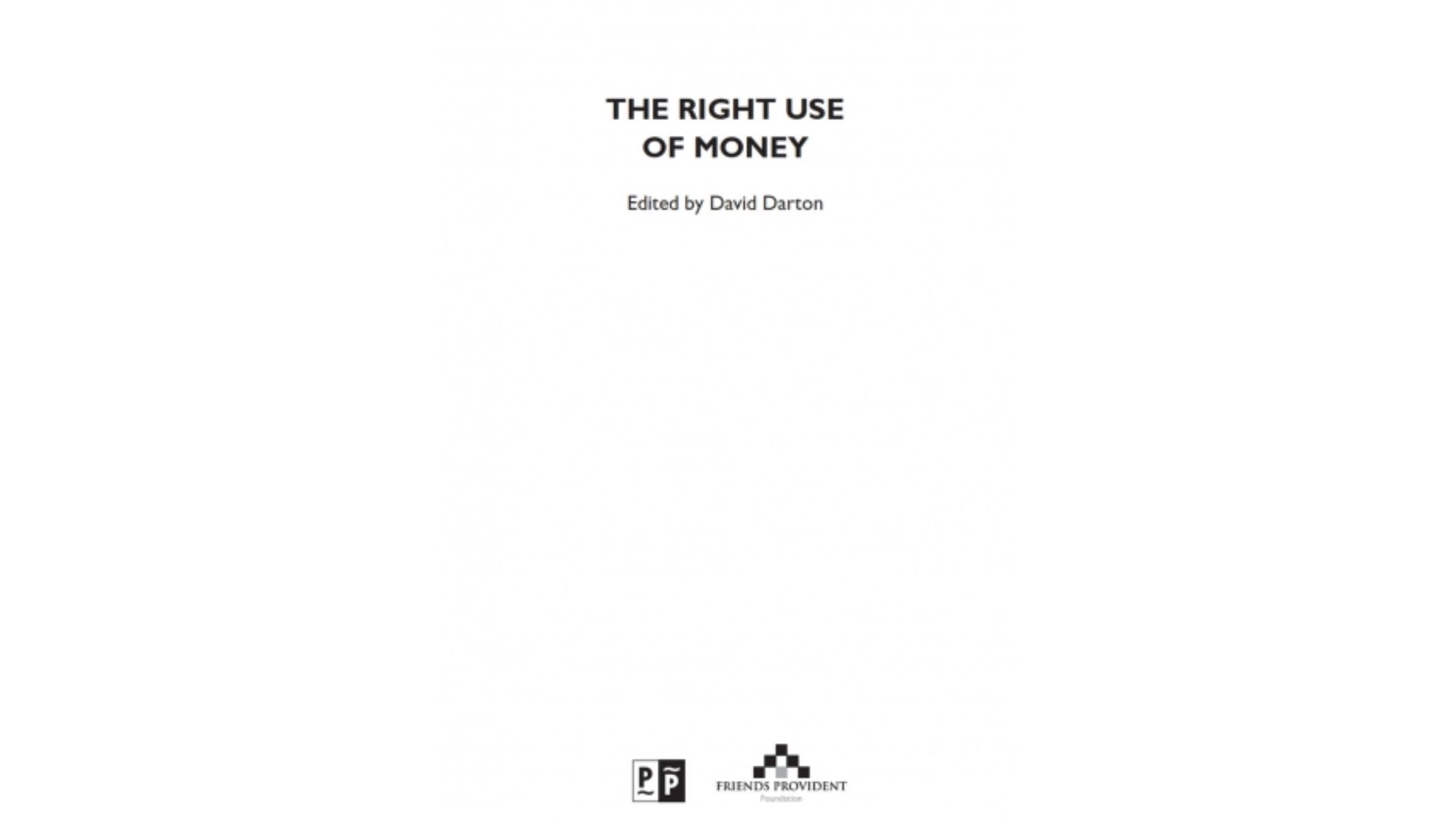
Resource
Right Use of Money
As the world continues to become ever more interconnected and complex, the decisions we take when spending and investing money not only affect ourselves.
Sign up to our newsletter
Get the latest updates from our grant holders, our partners and the Foundation straight to your inbox. Please note that by signing up to the newsletter you are agreeing to and ‘opting in’ to the terms of the Privacy Notice.
